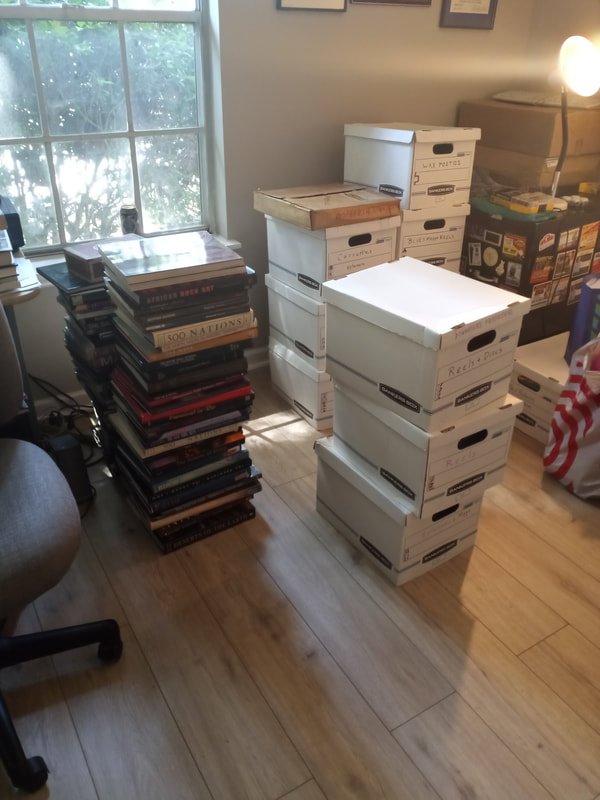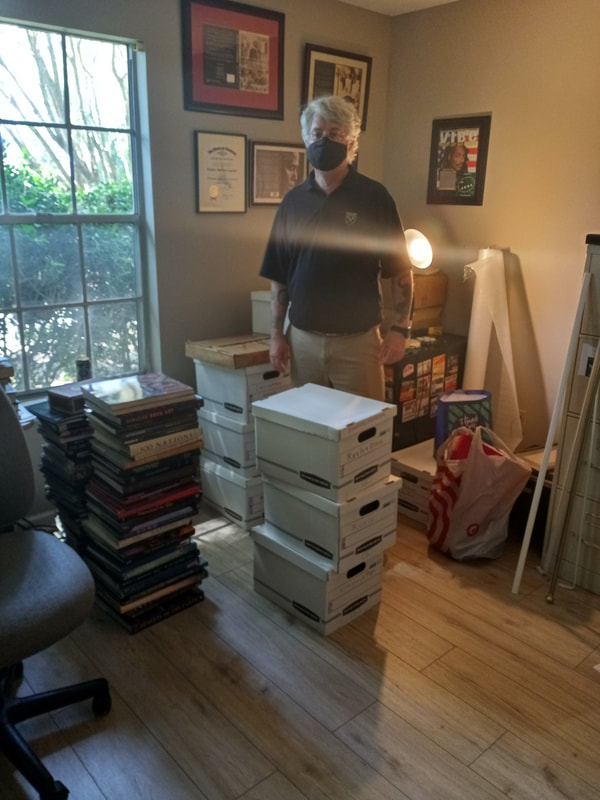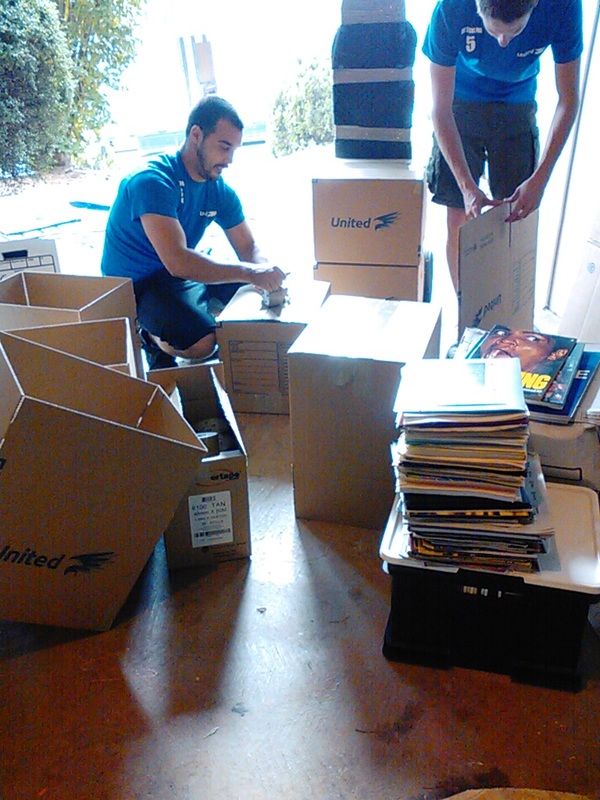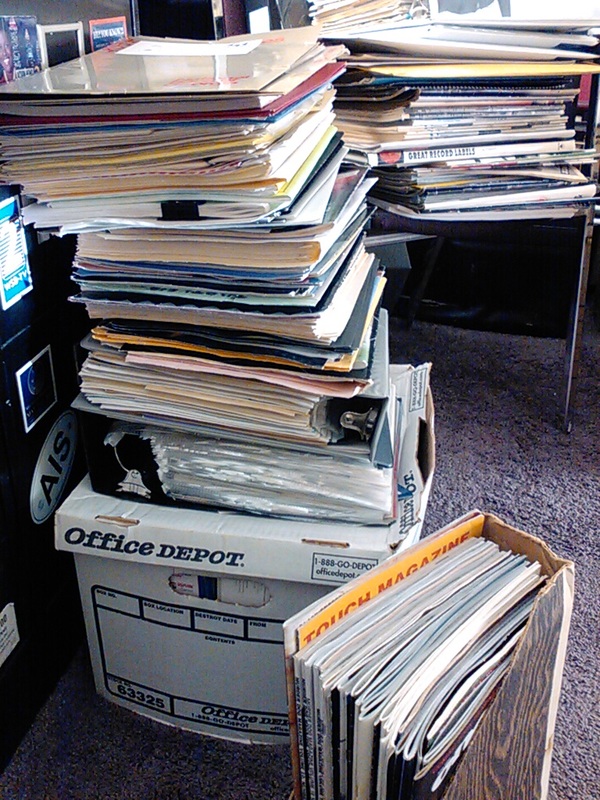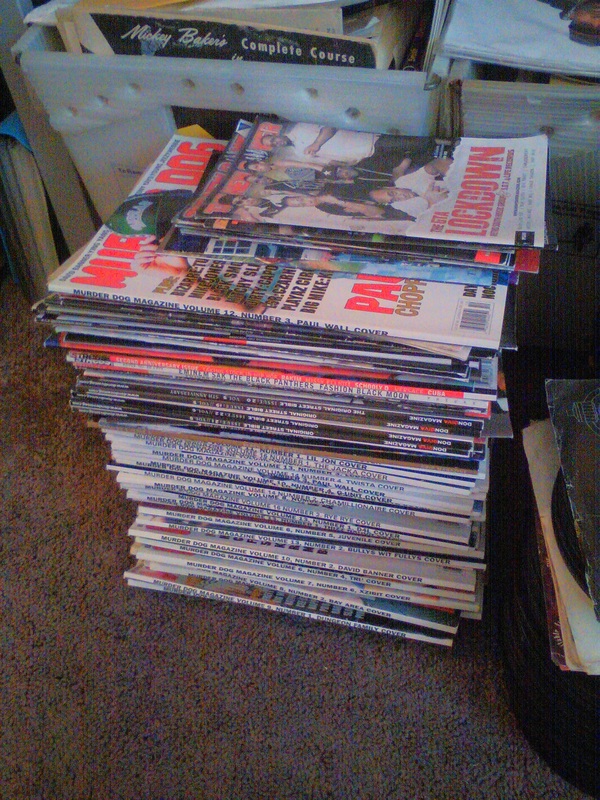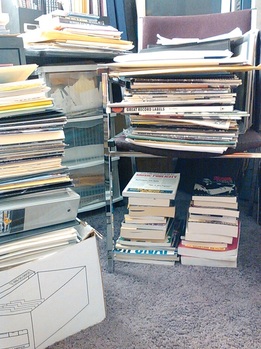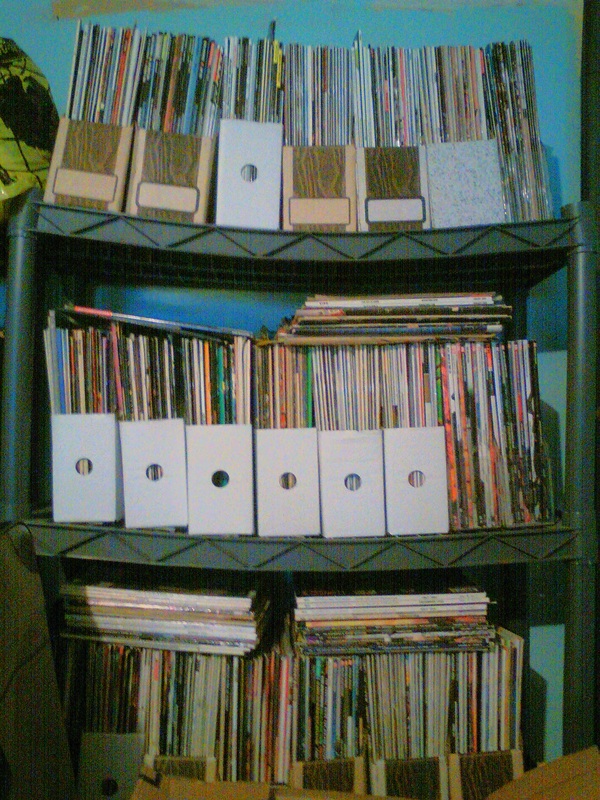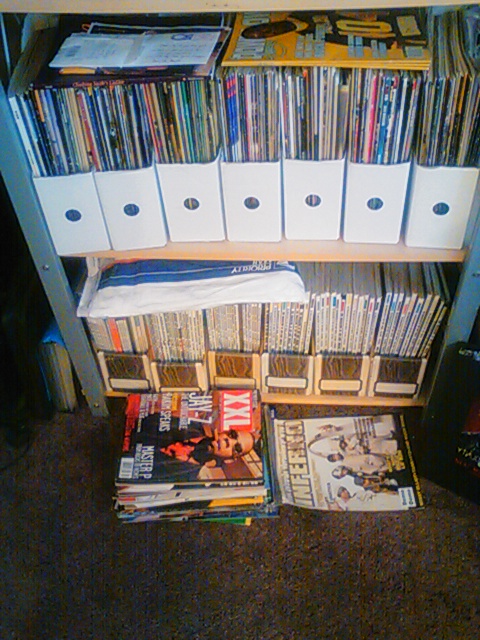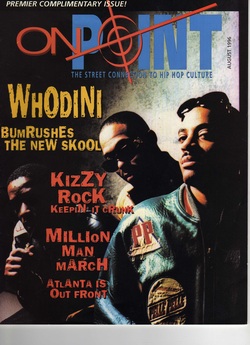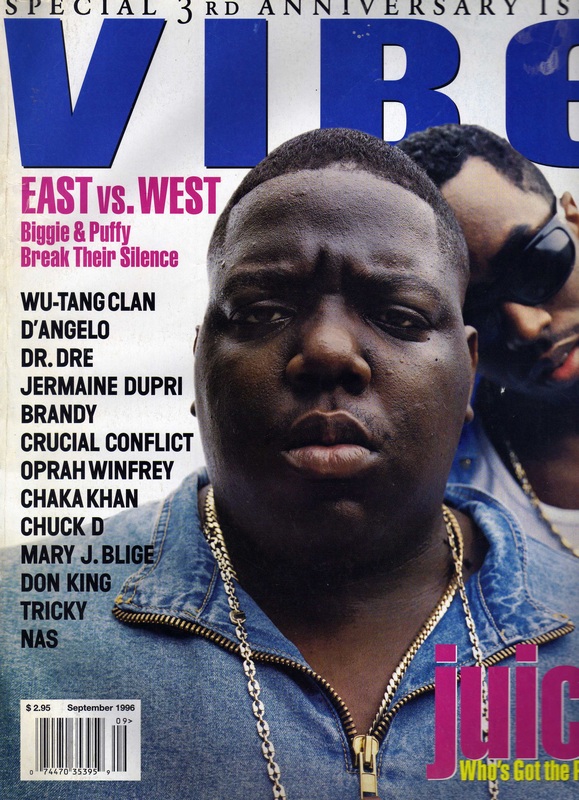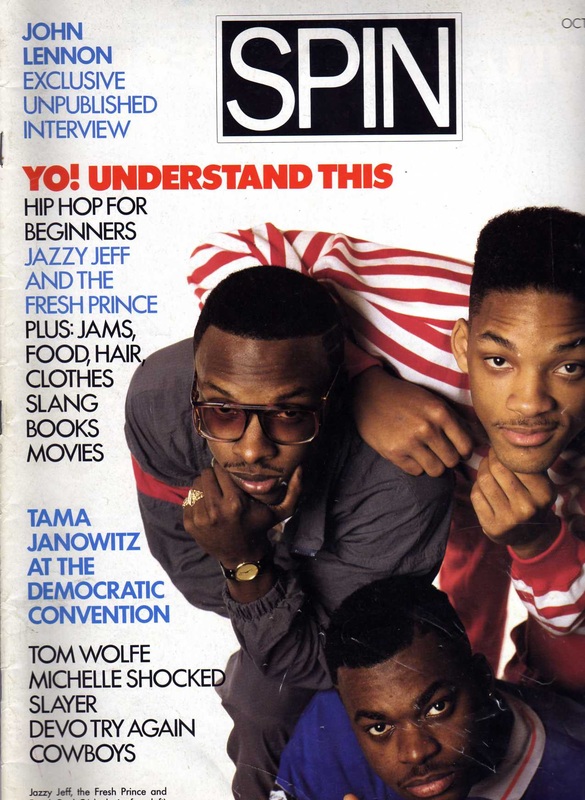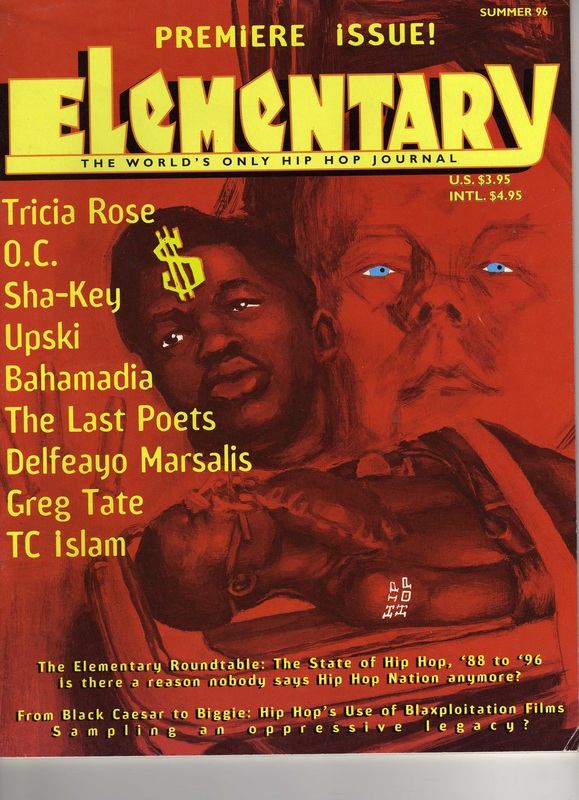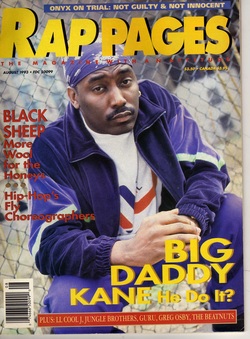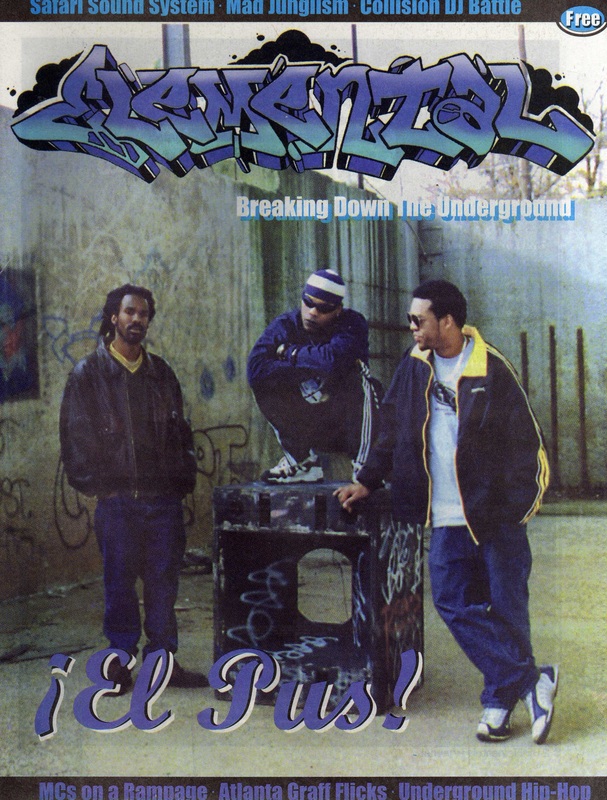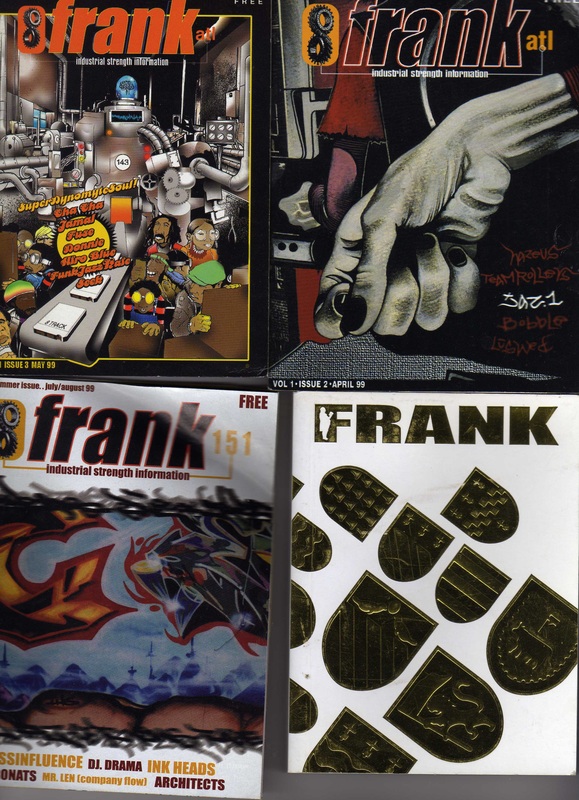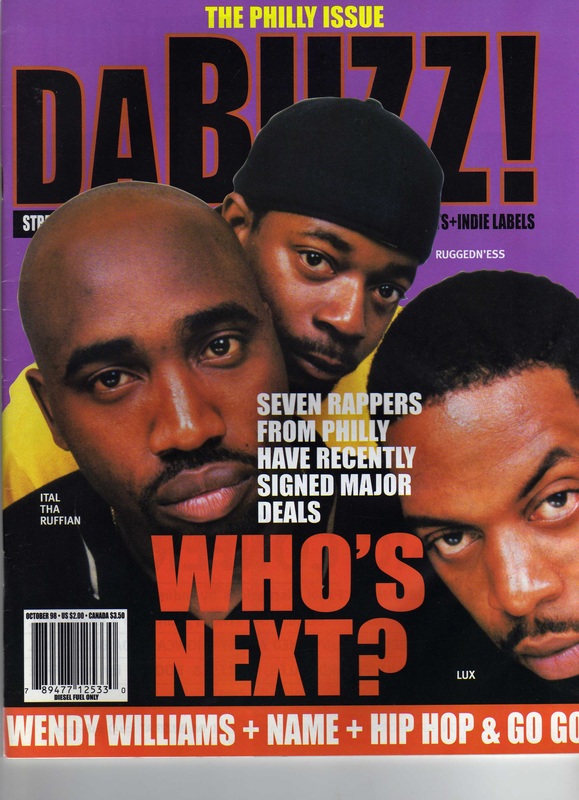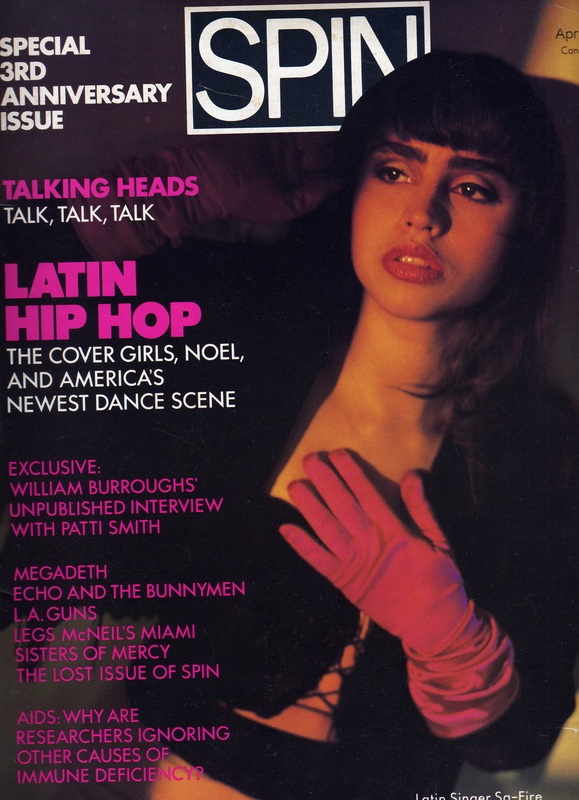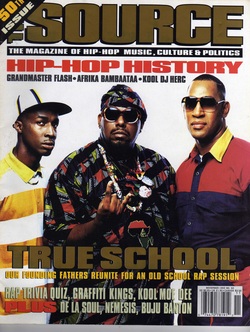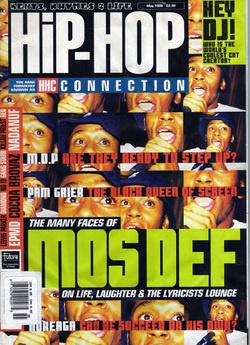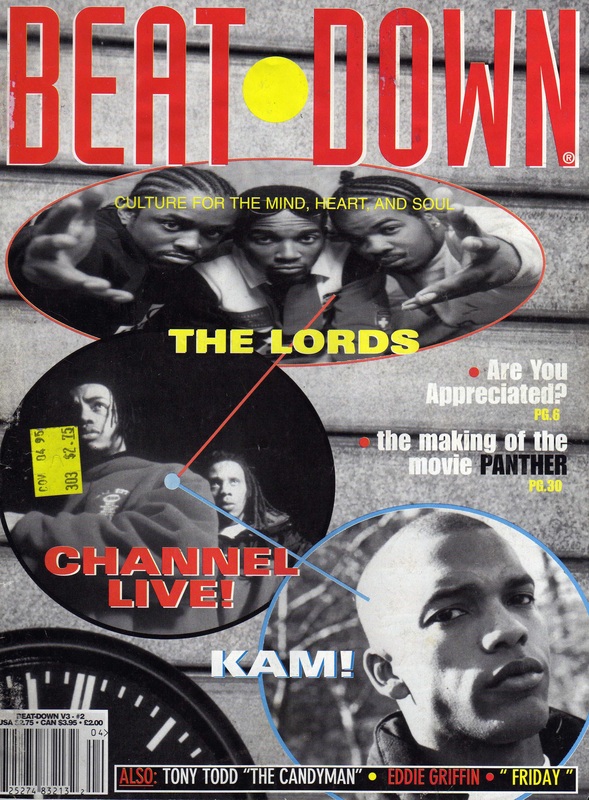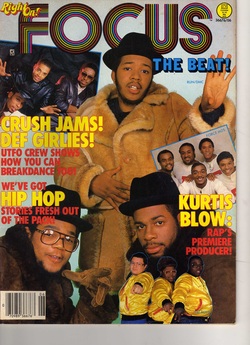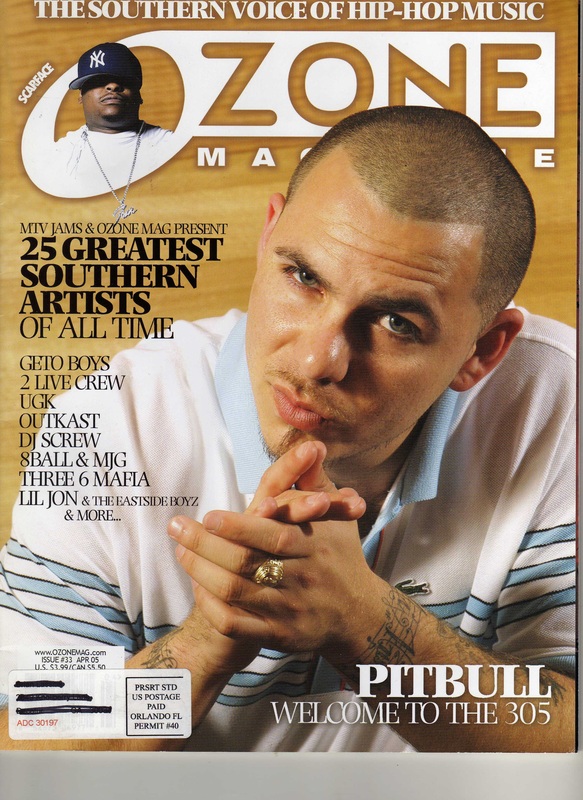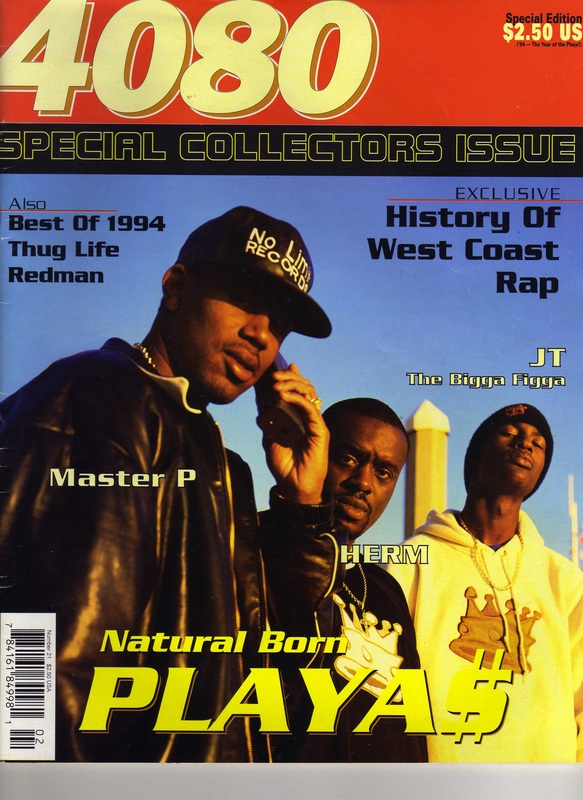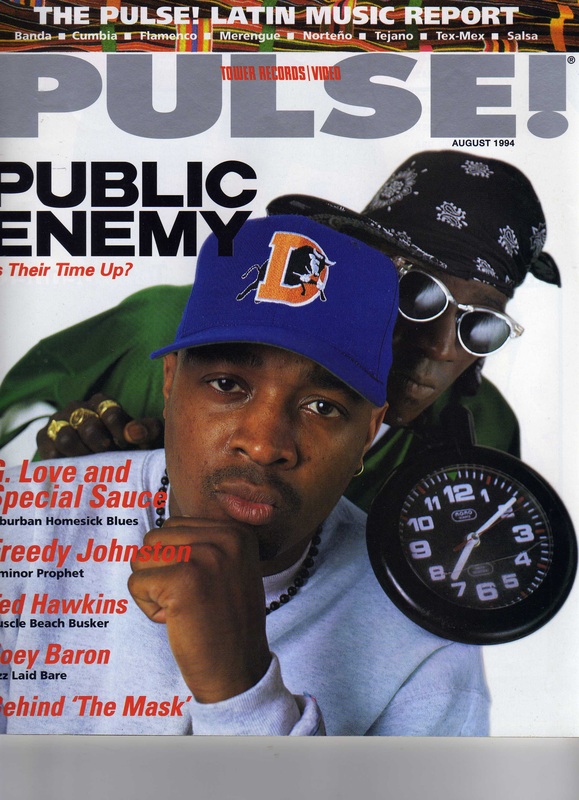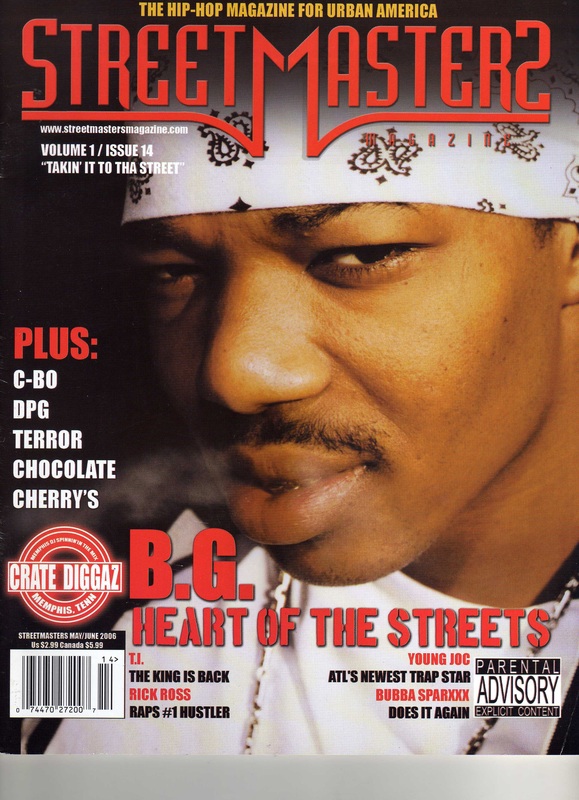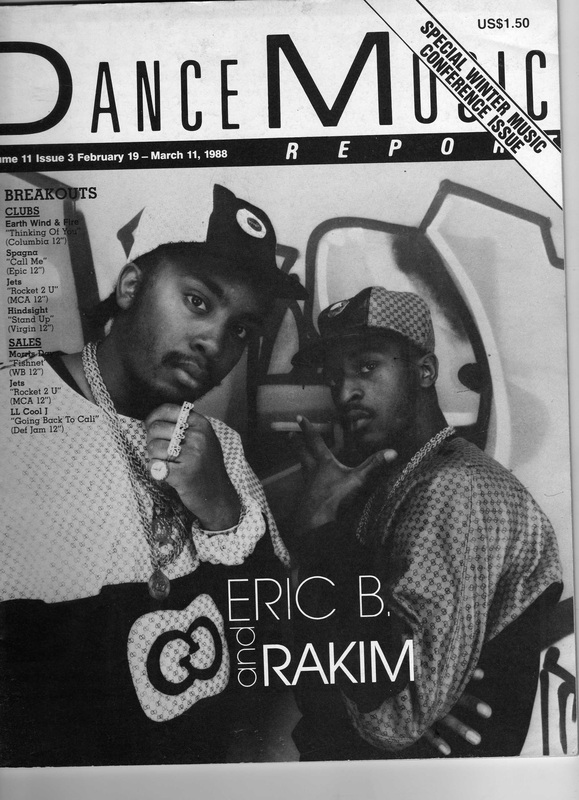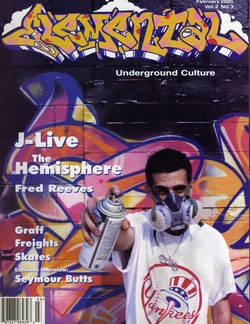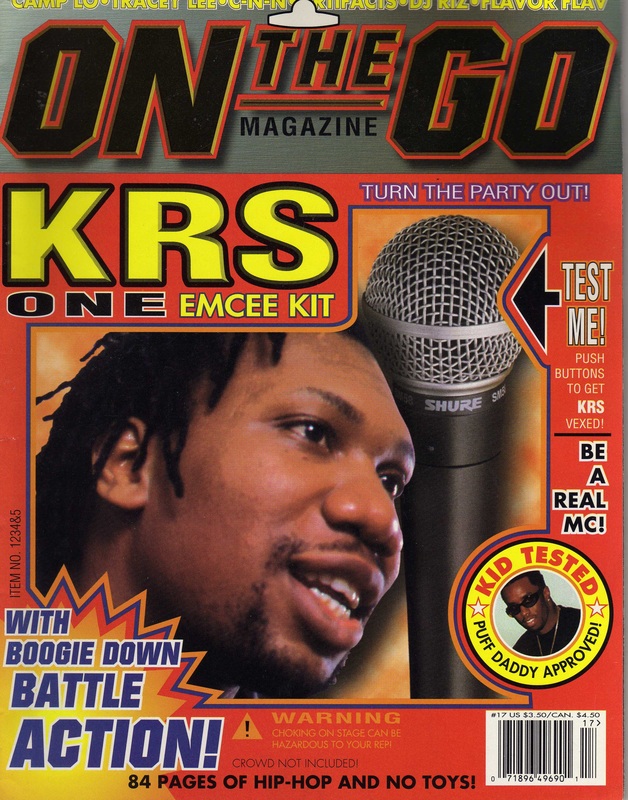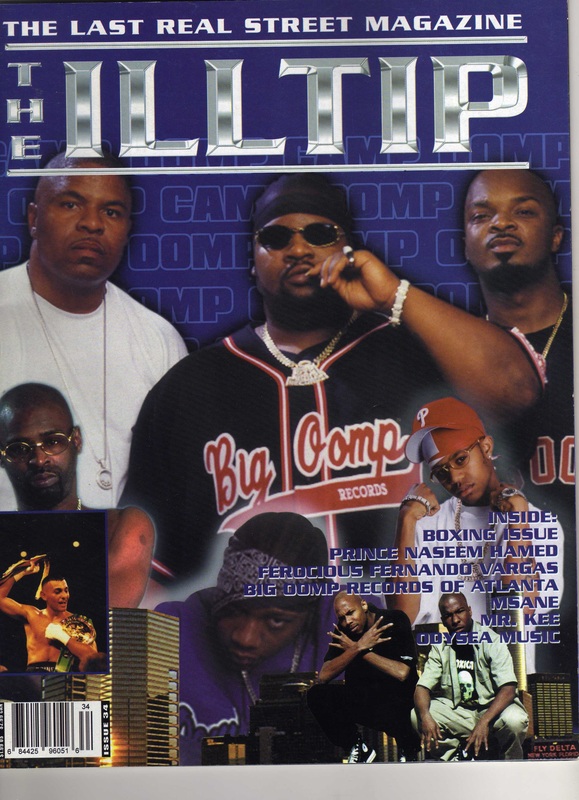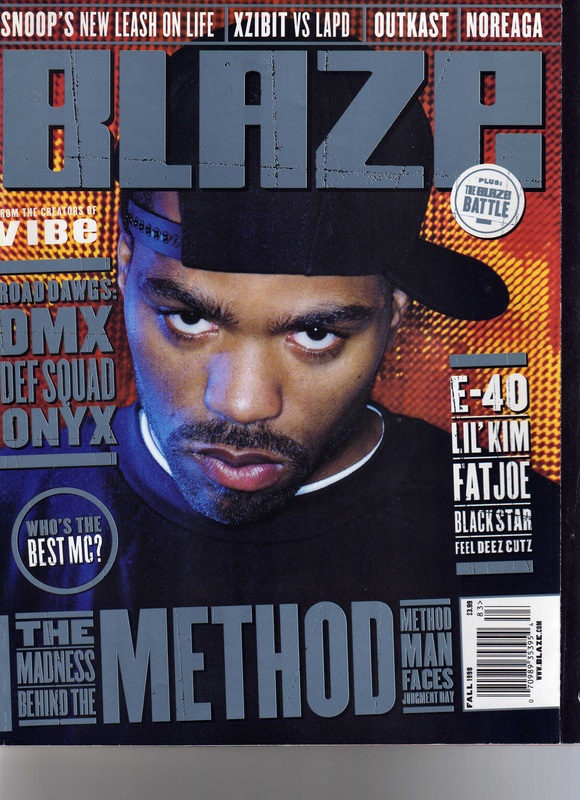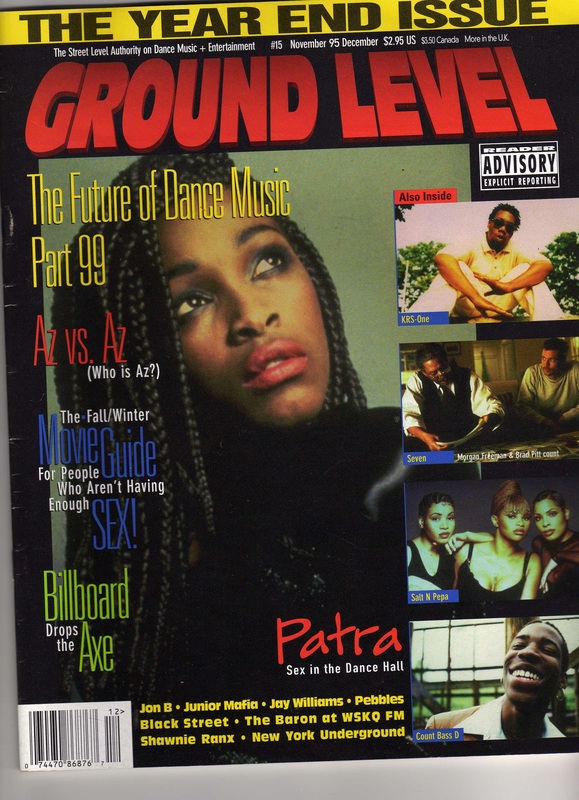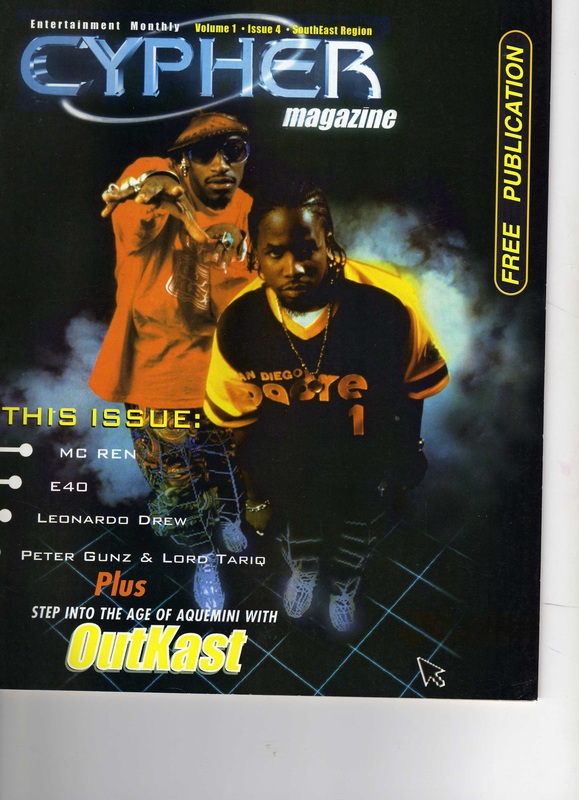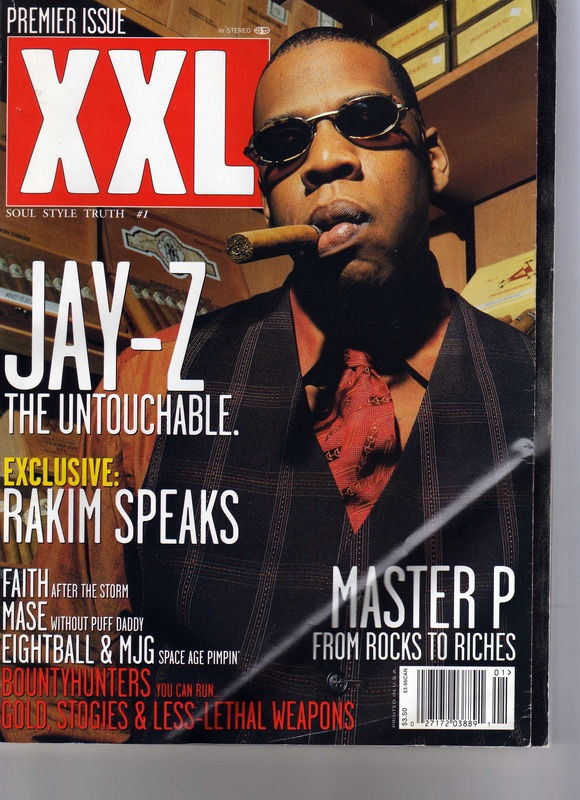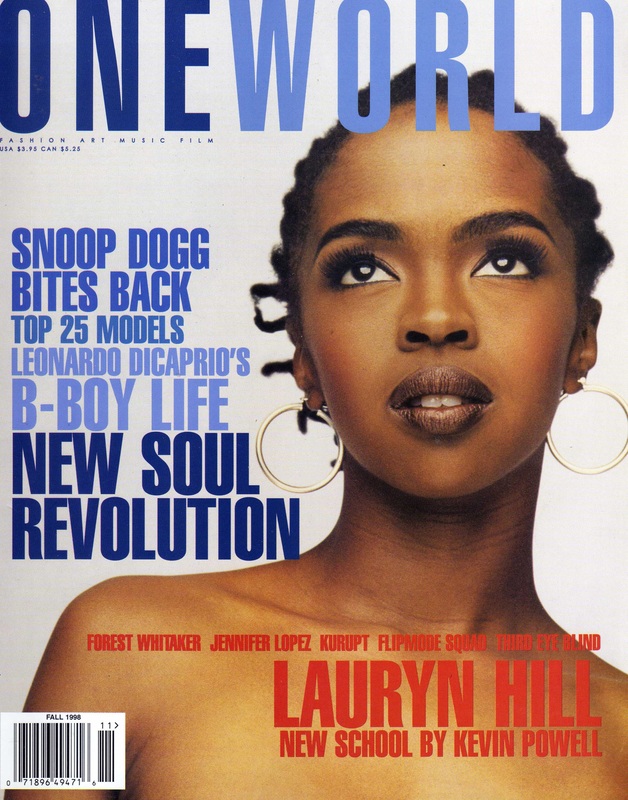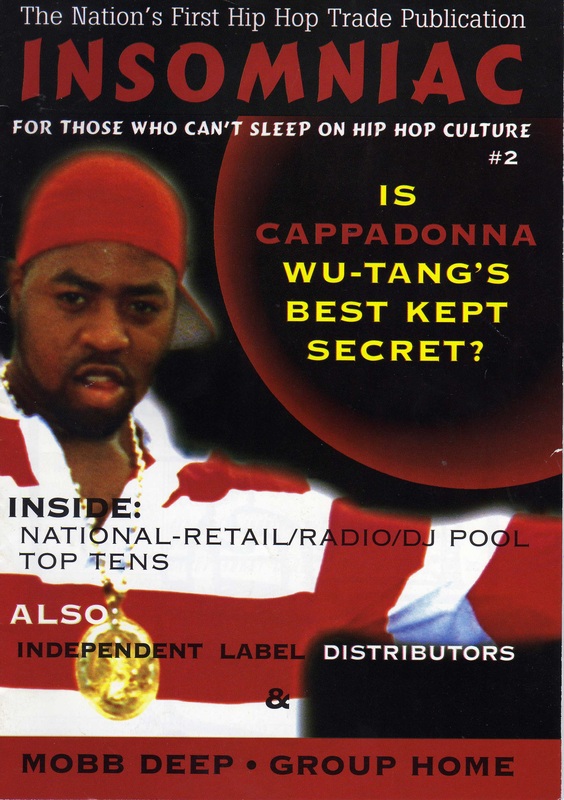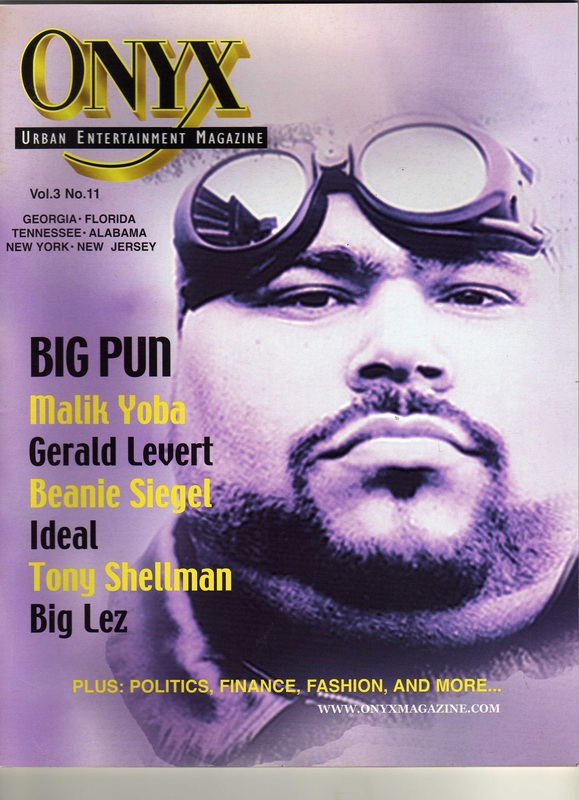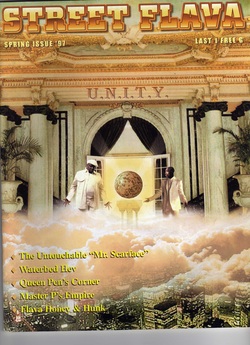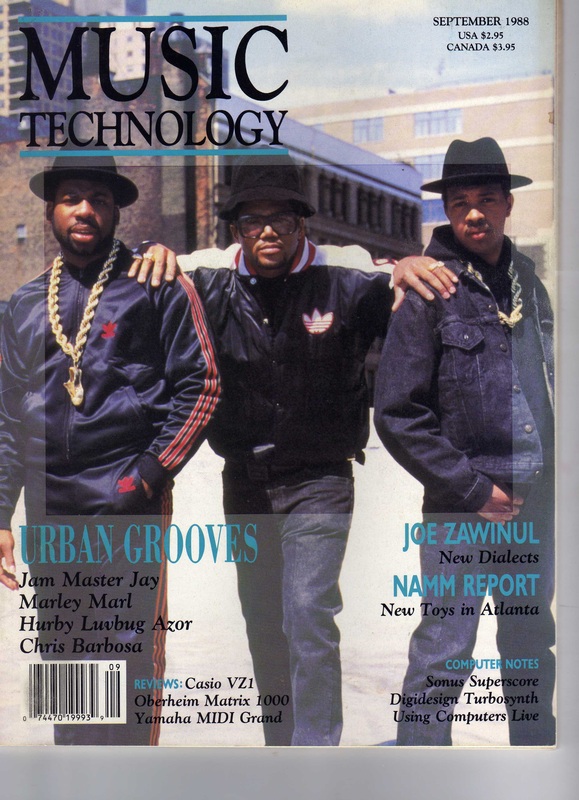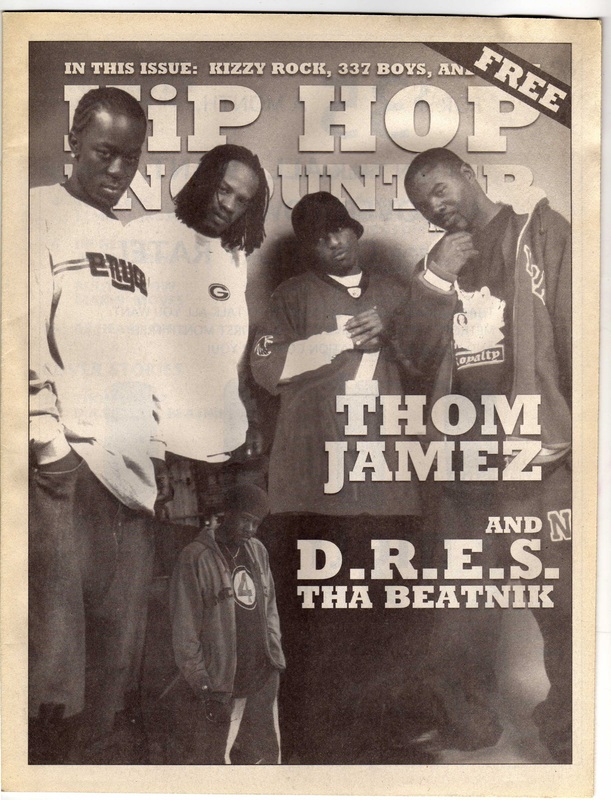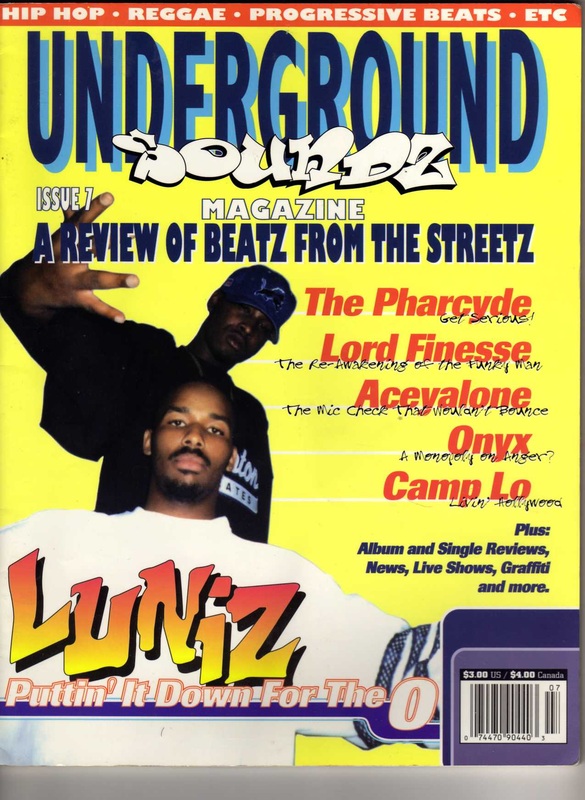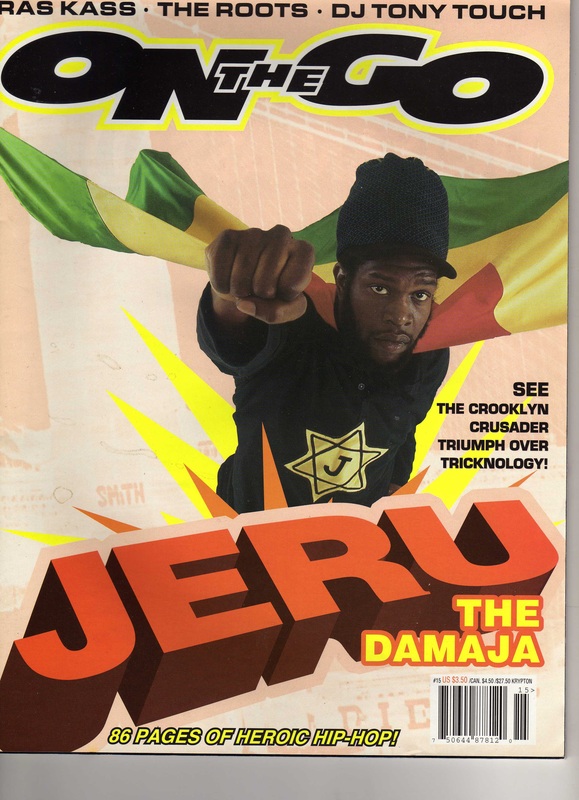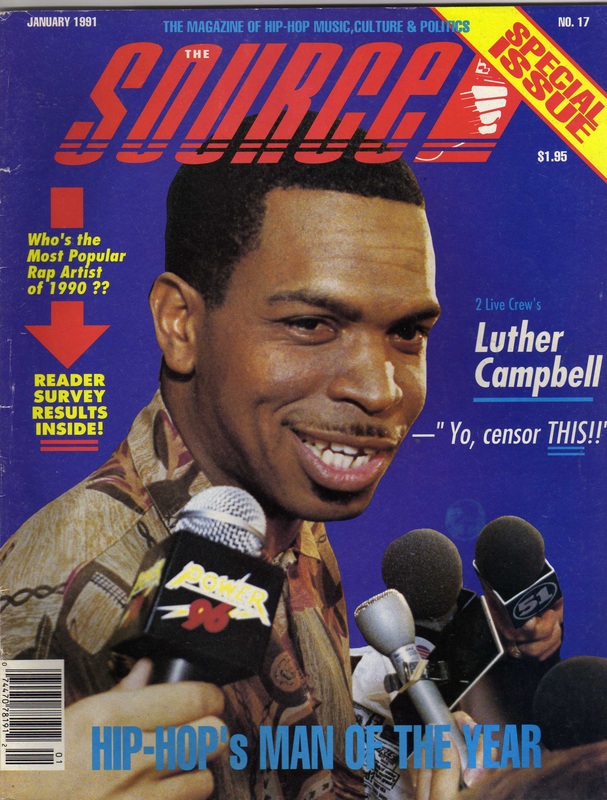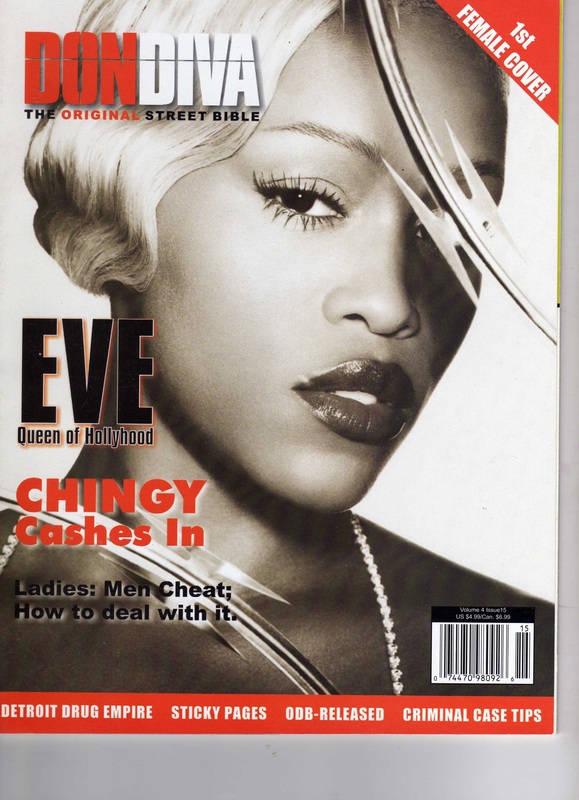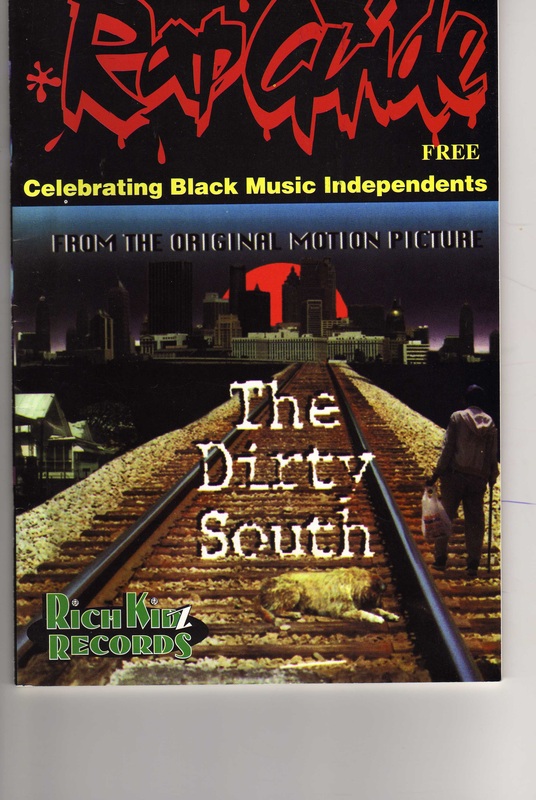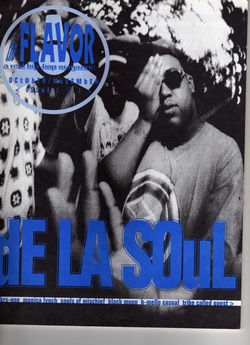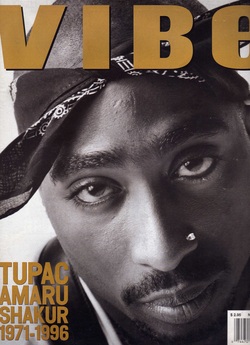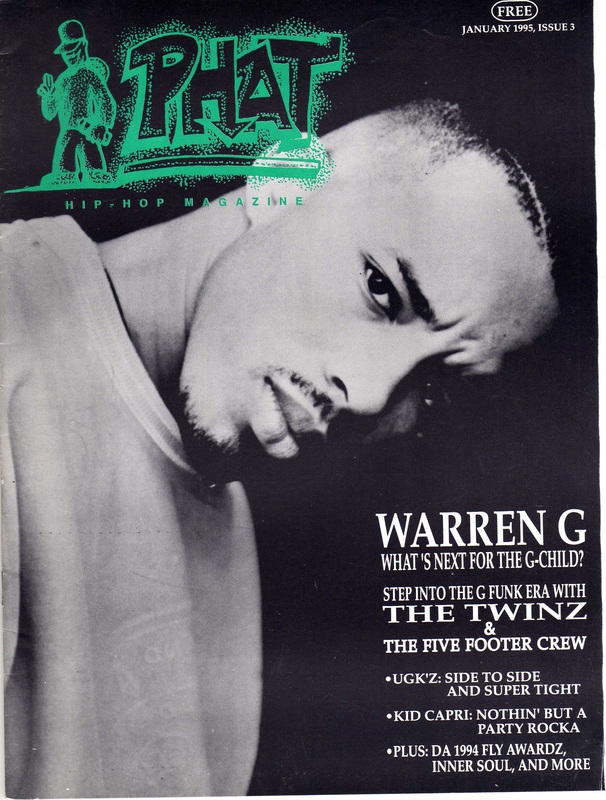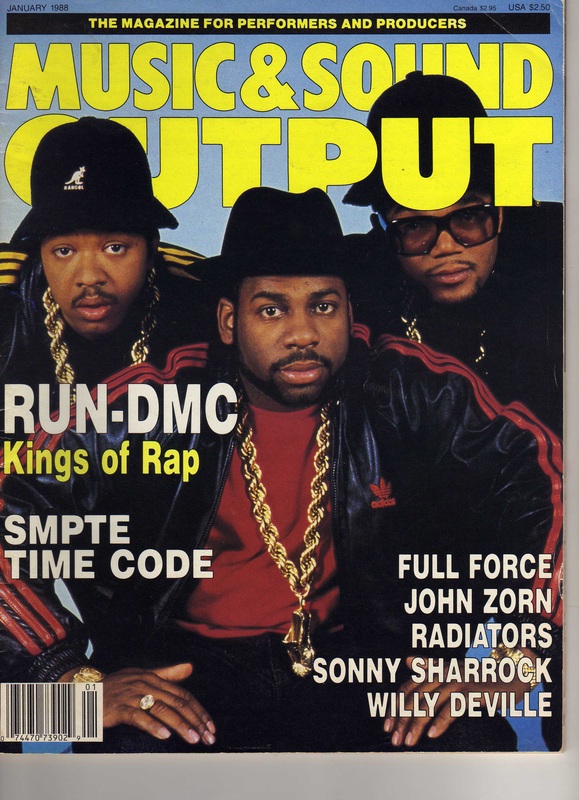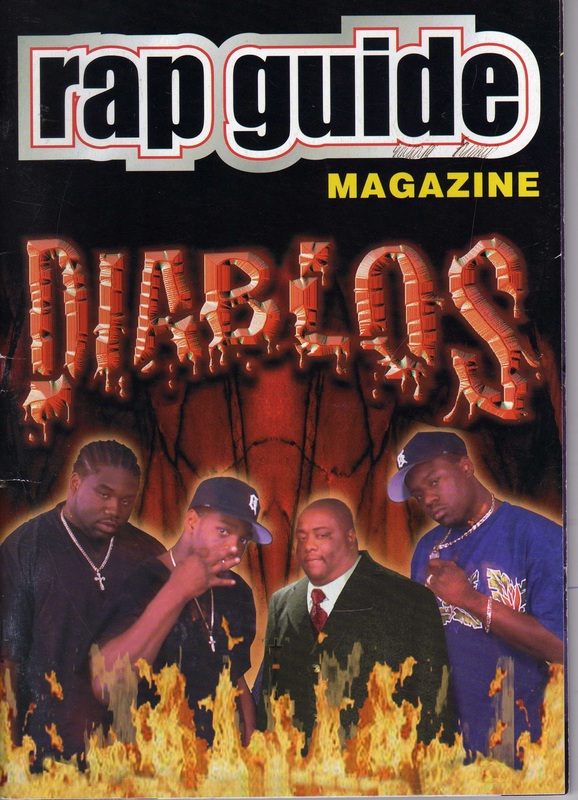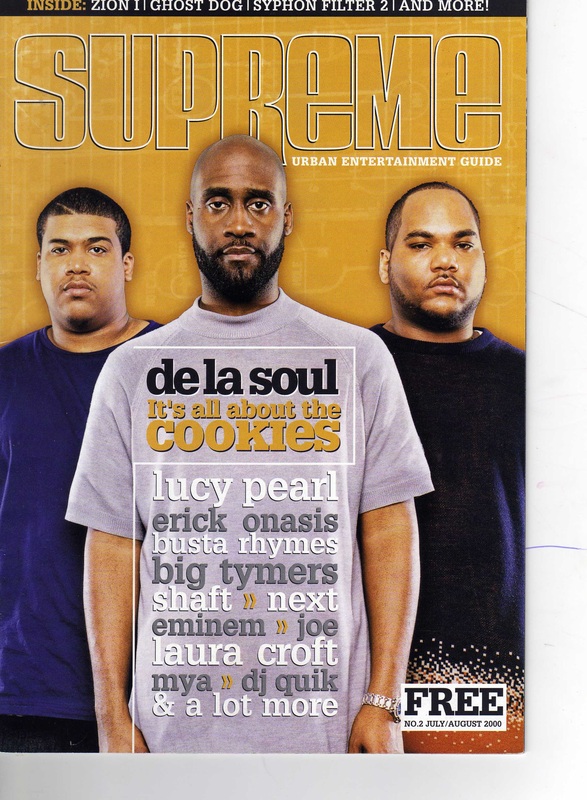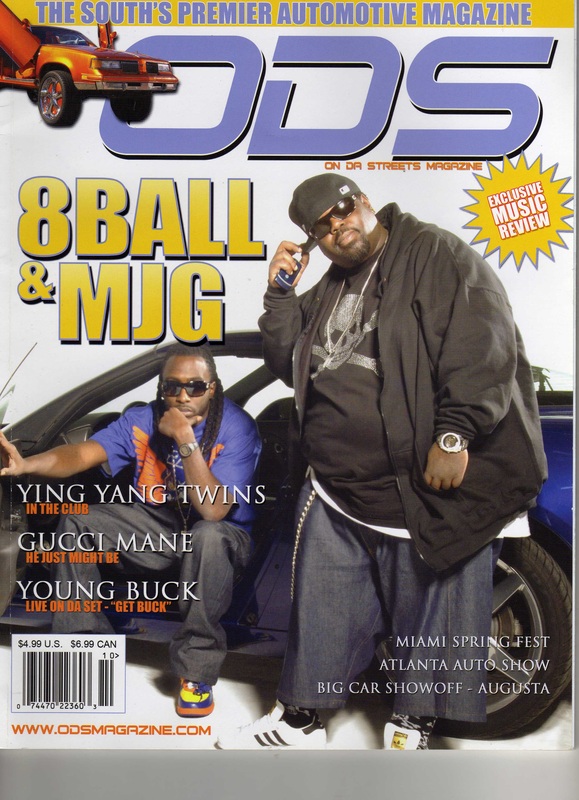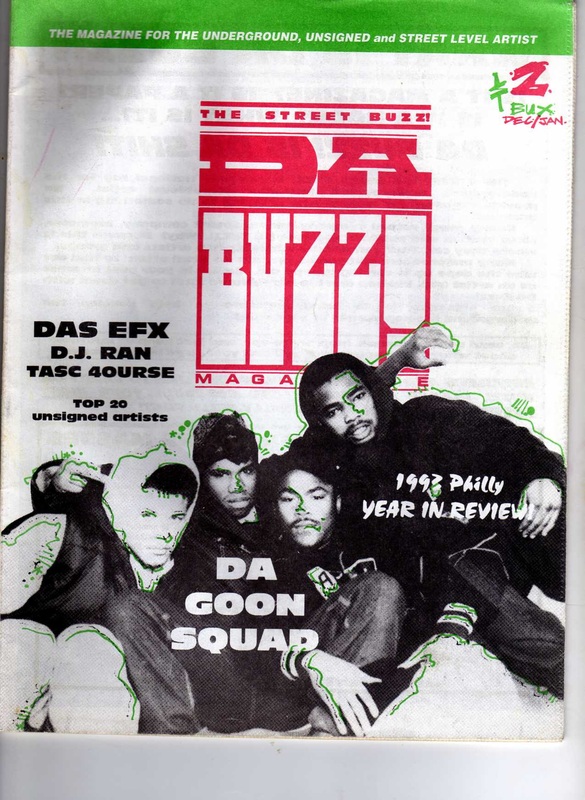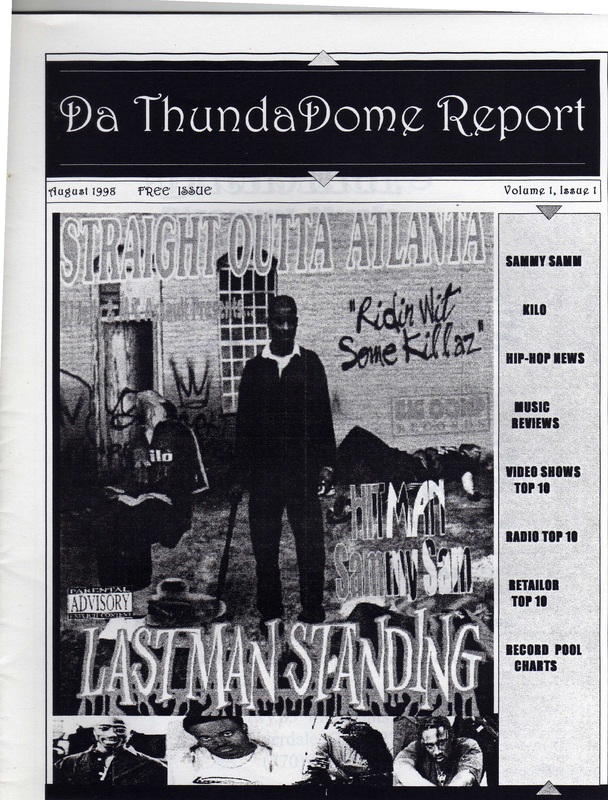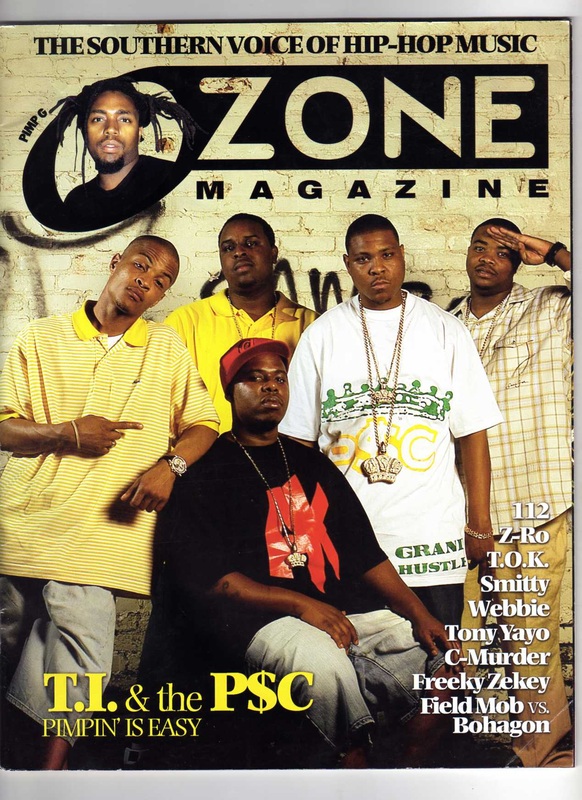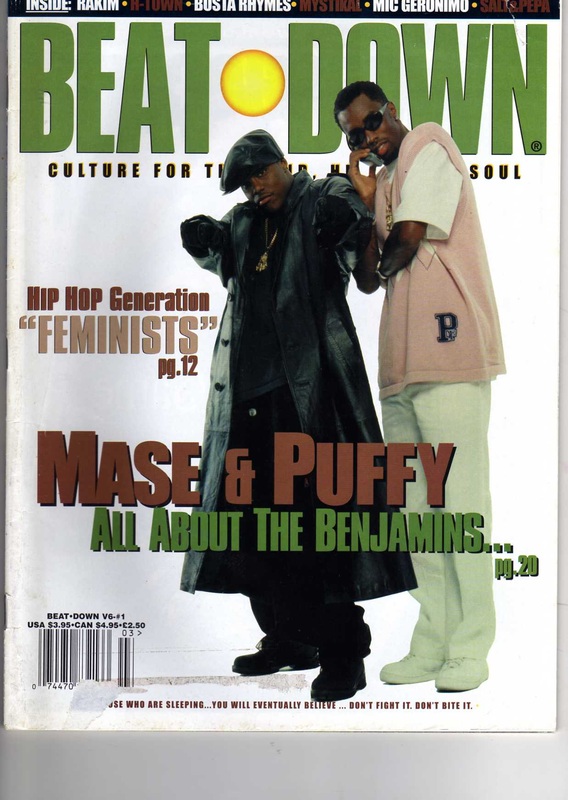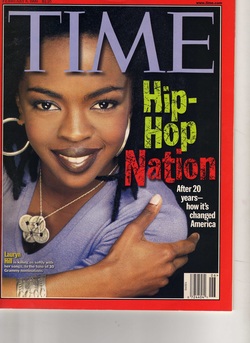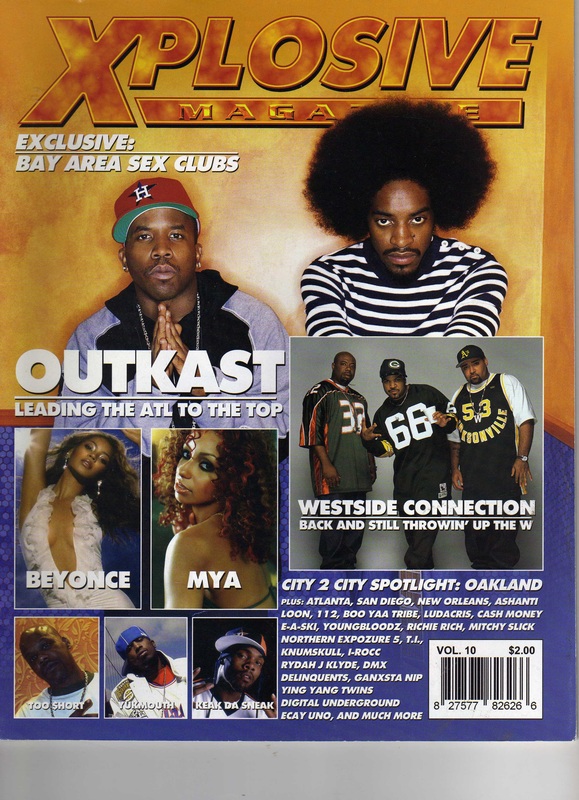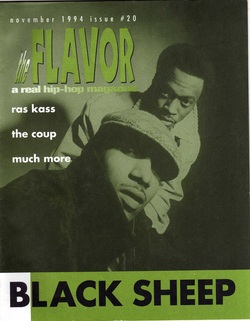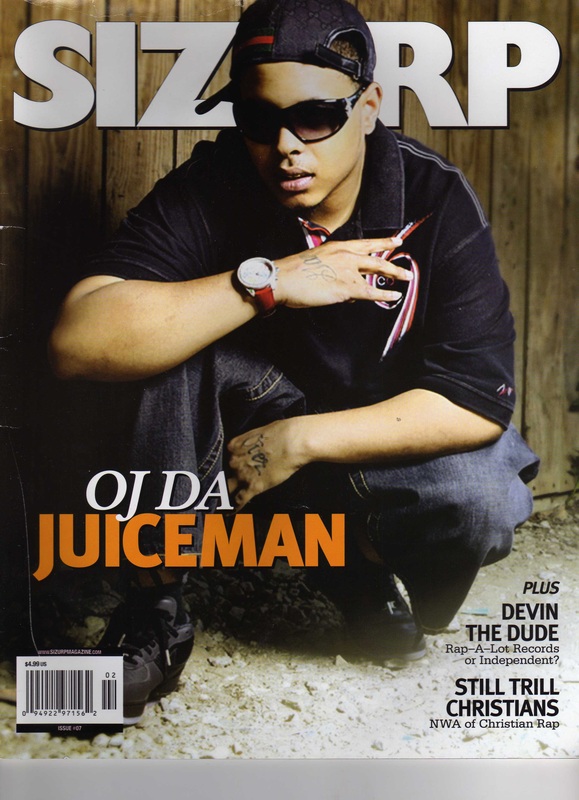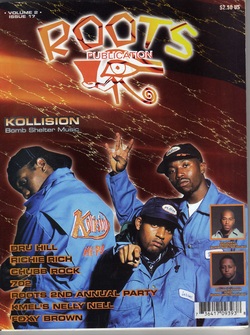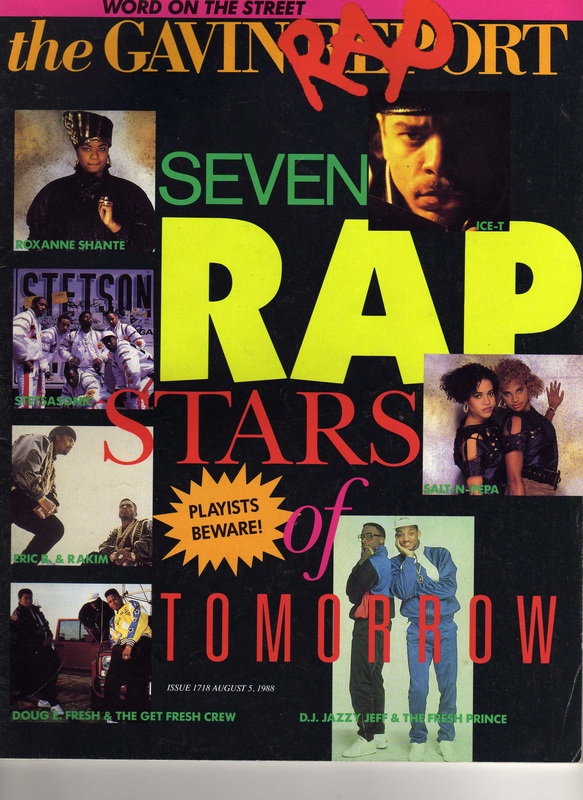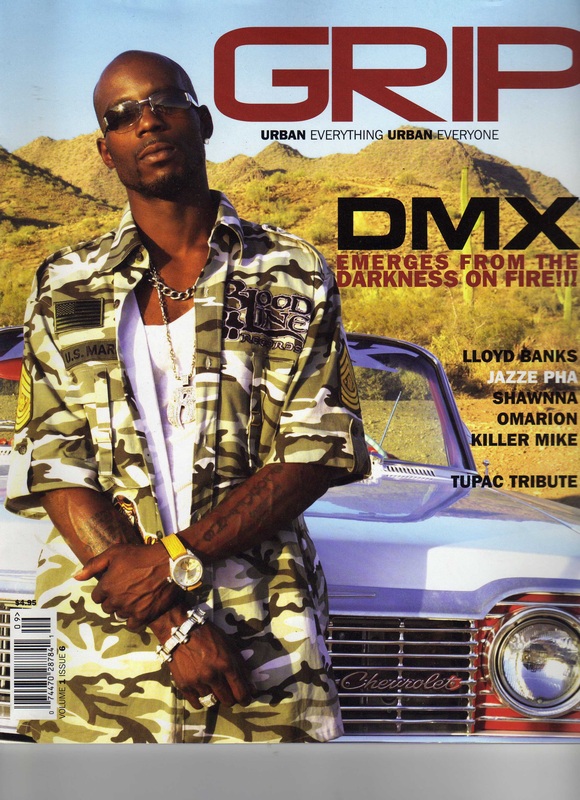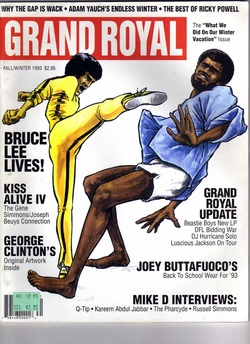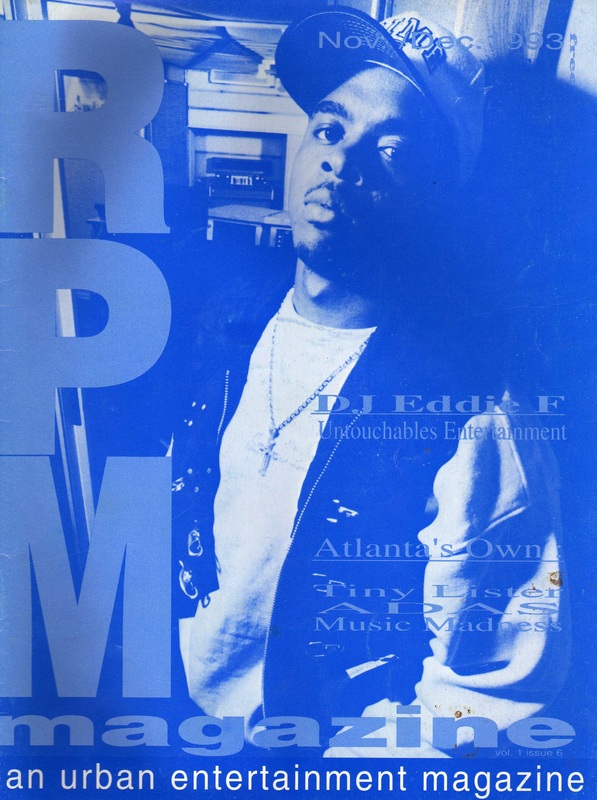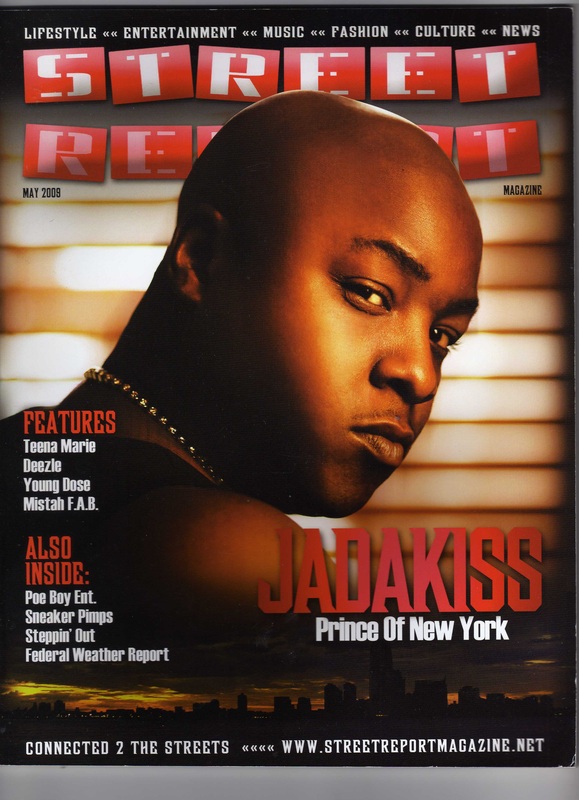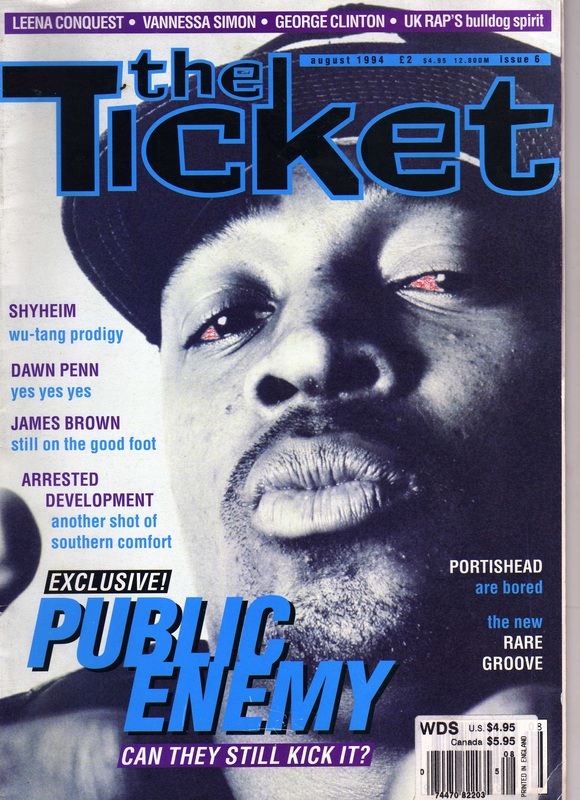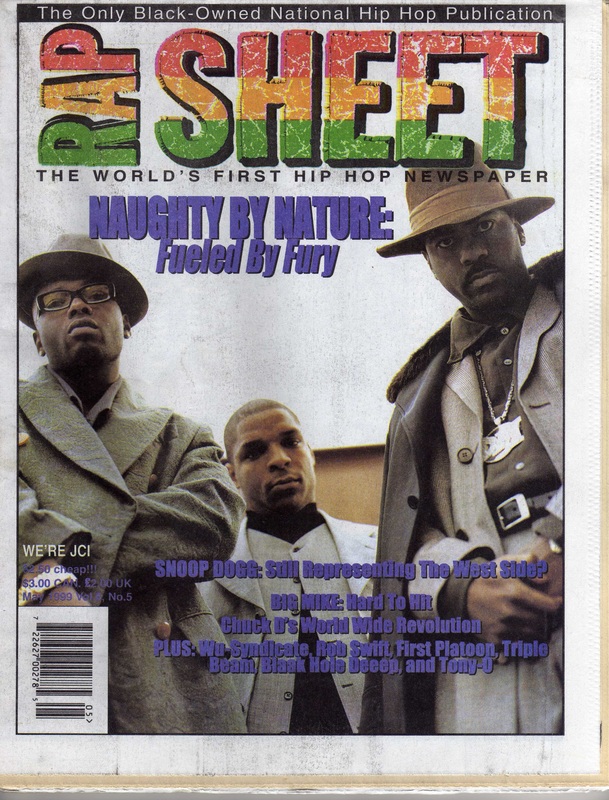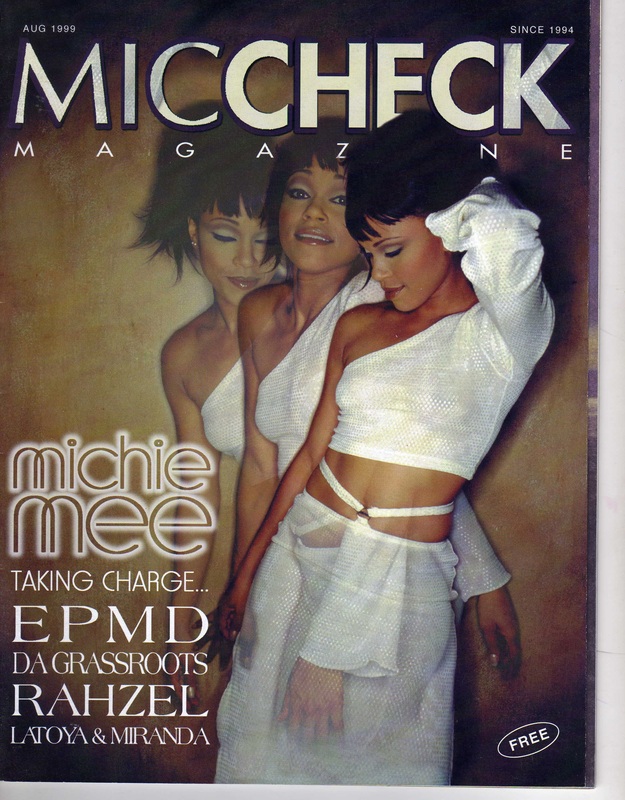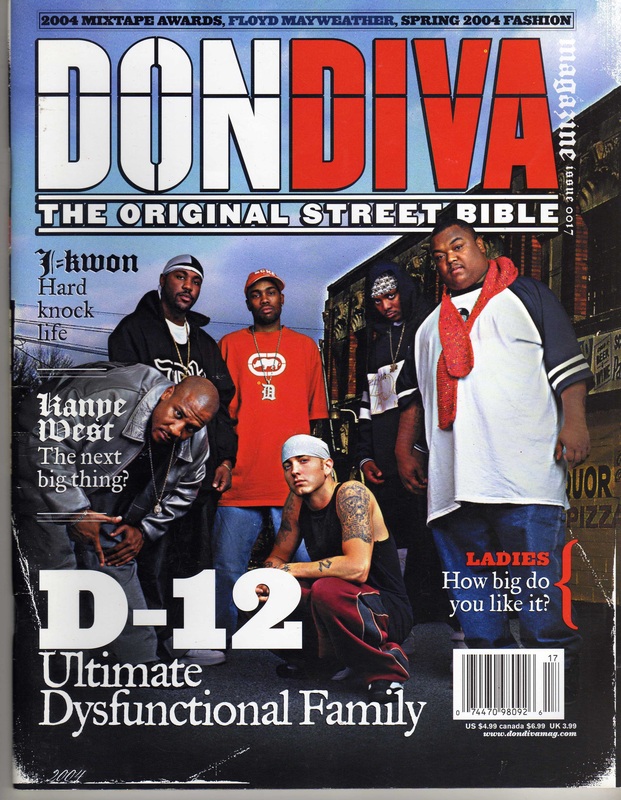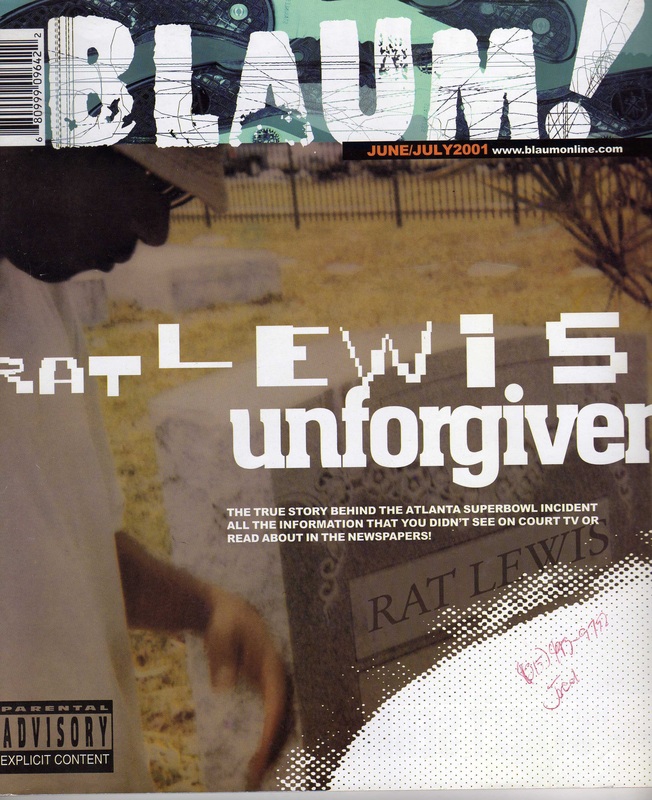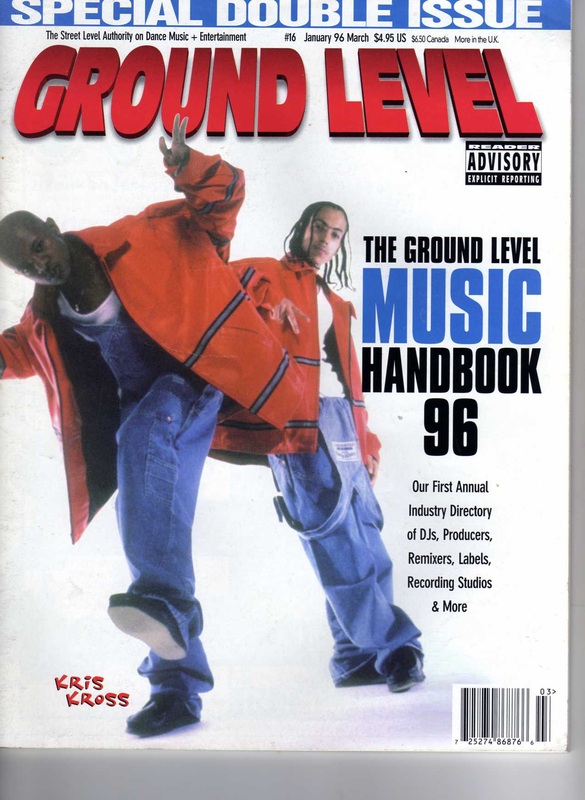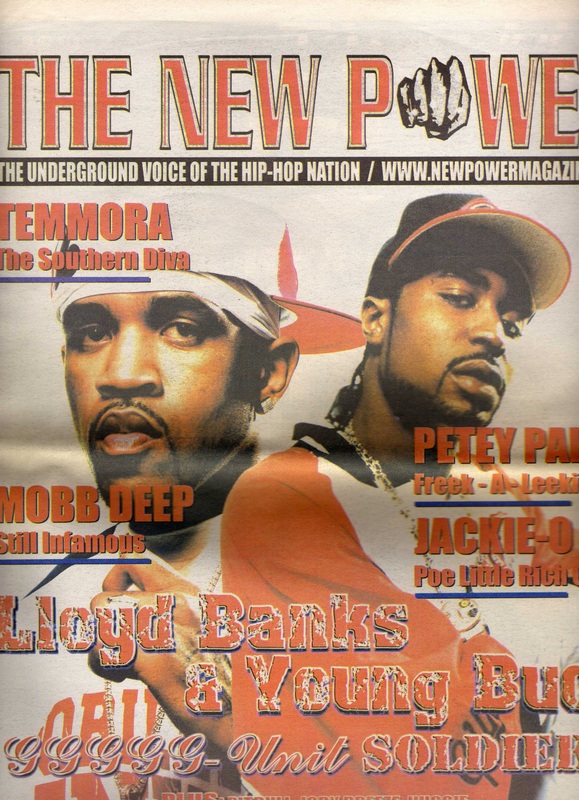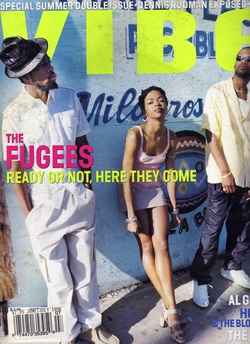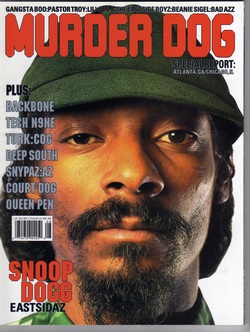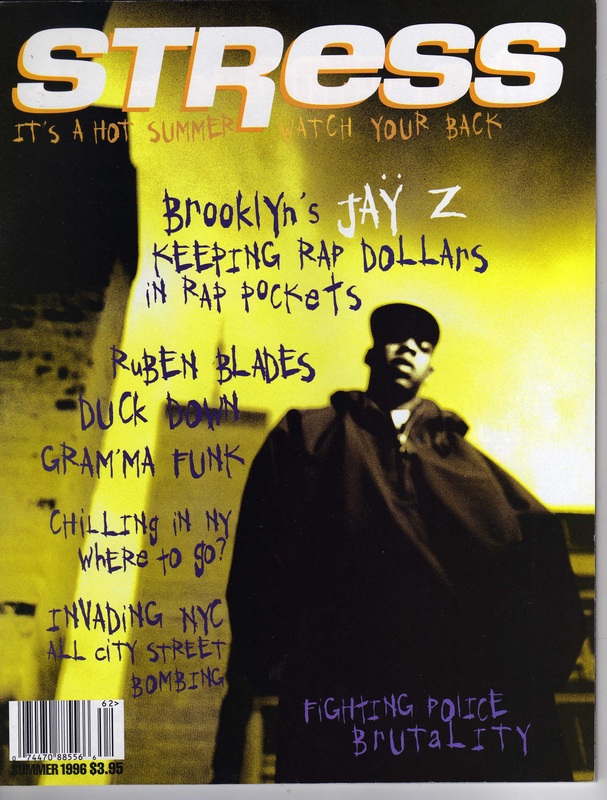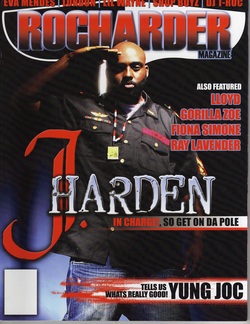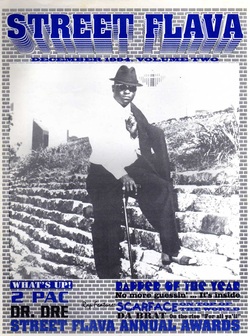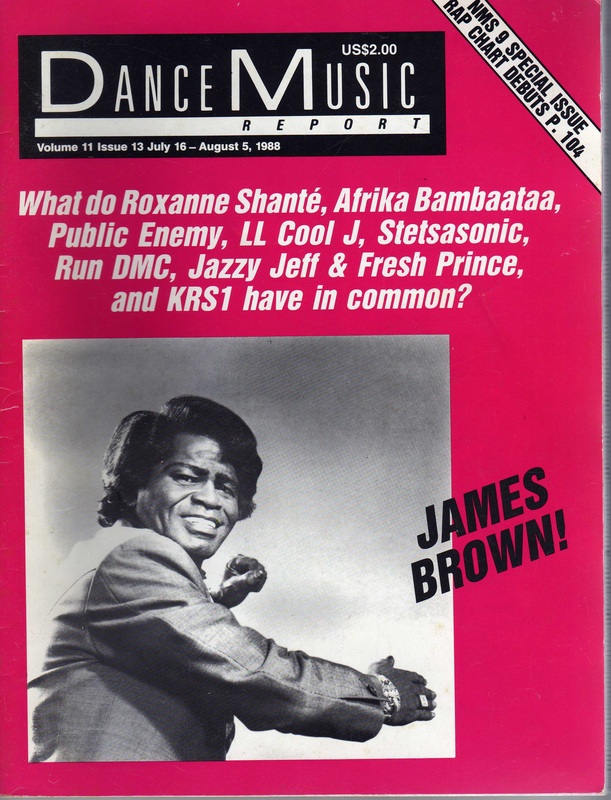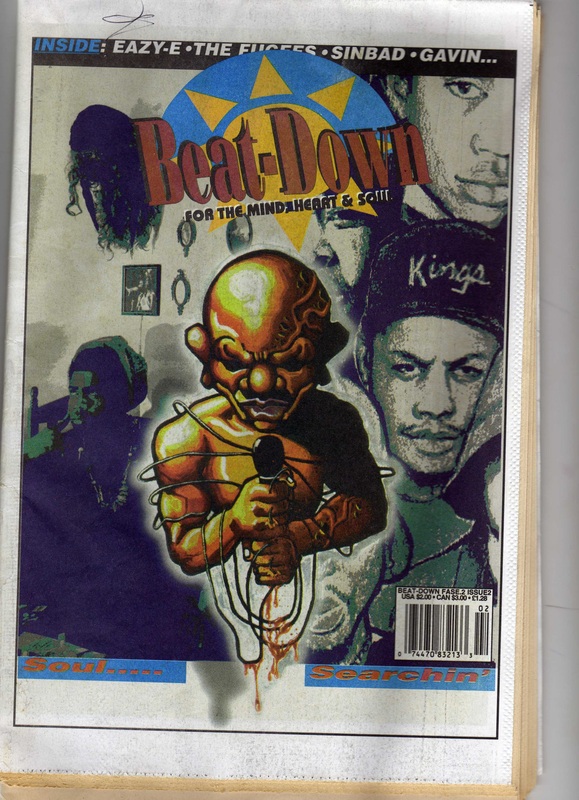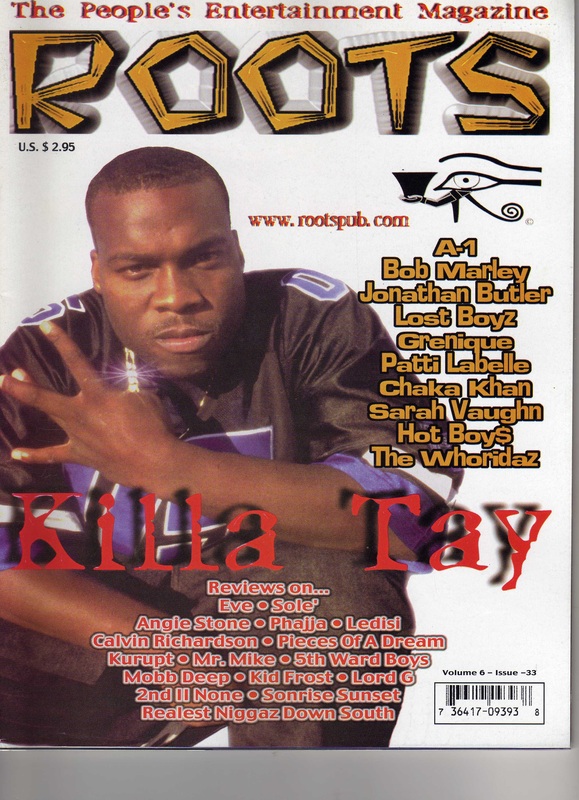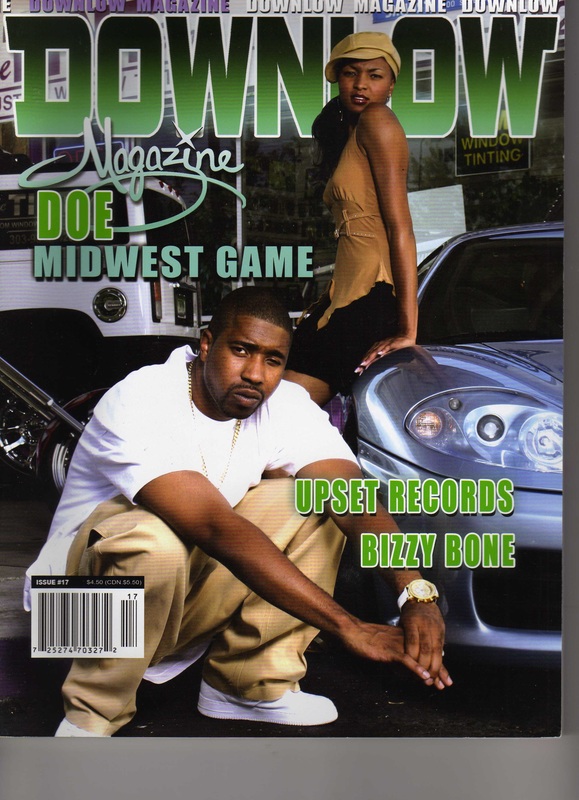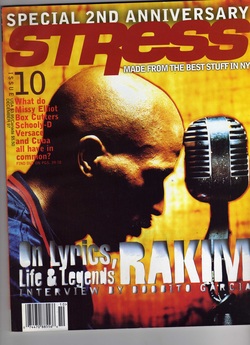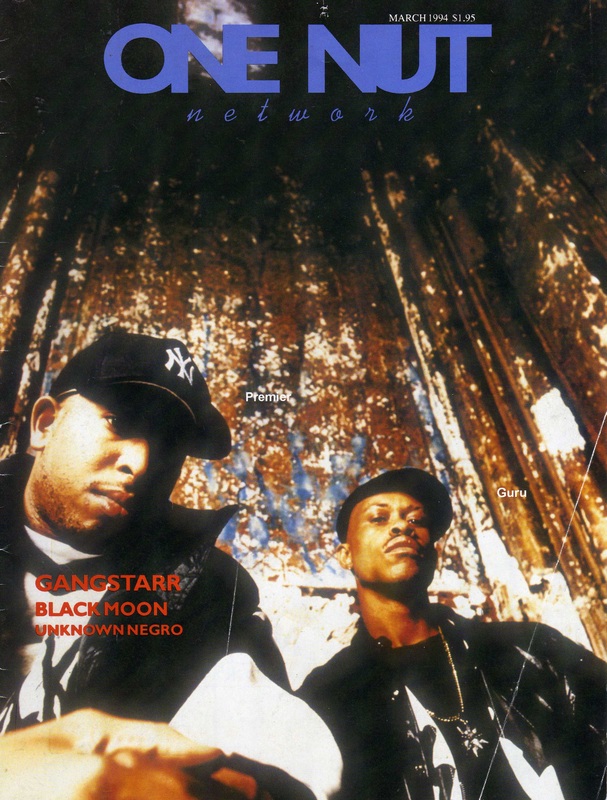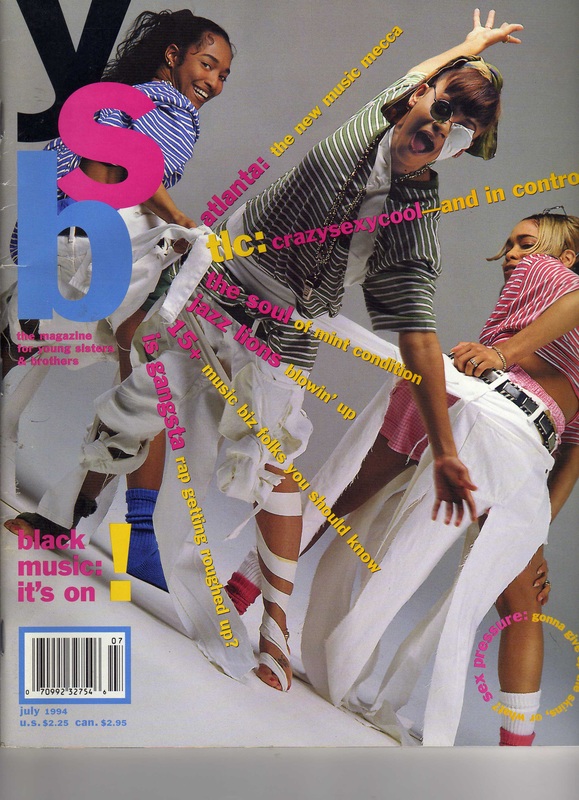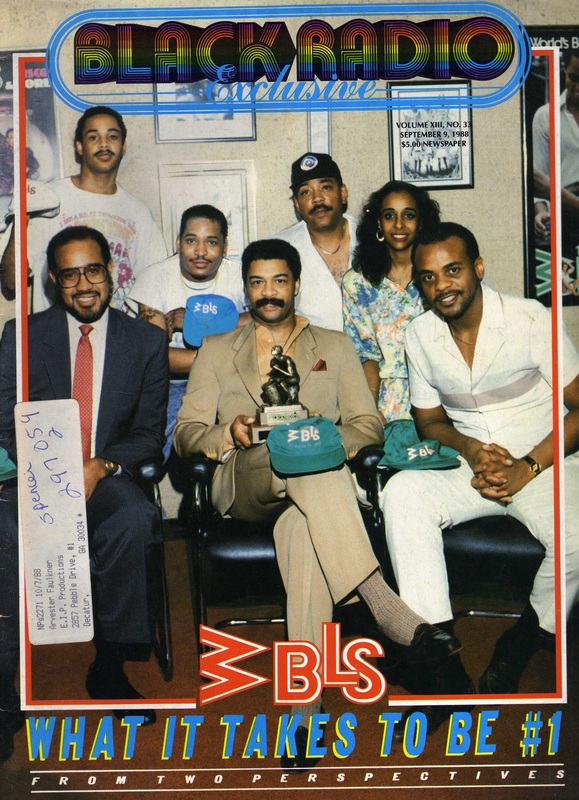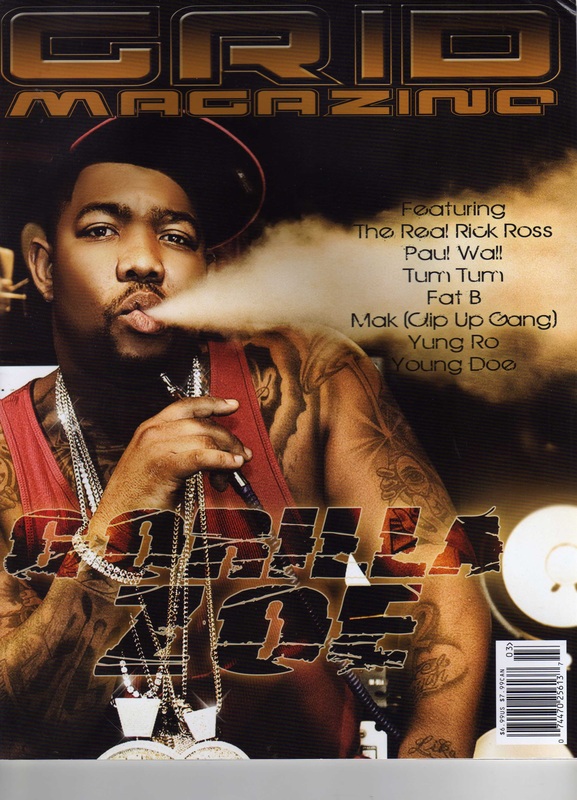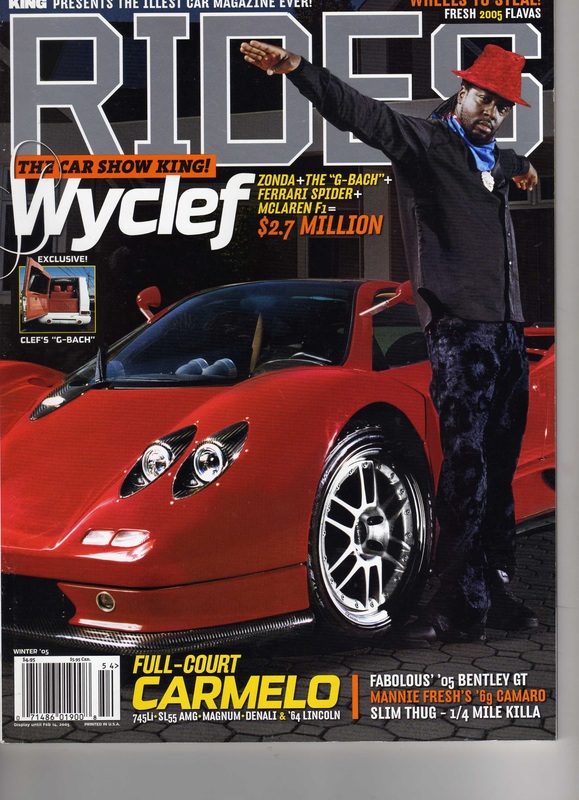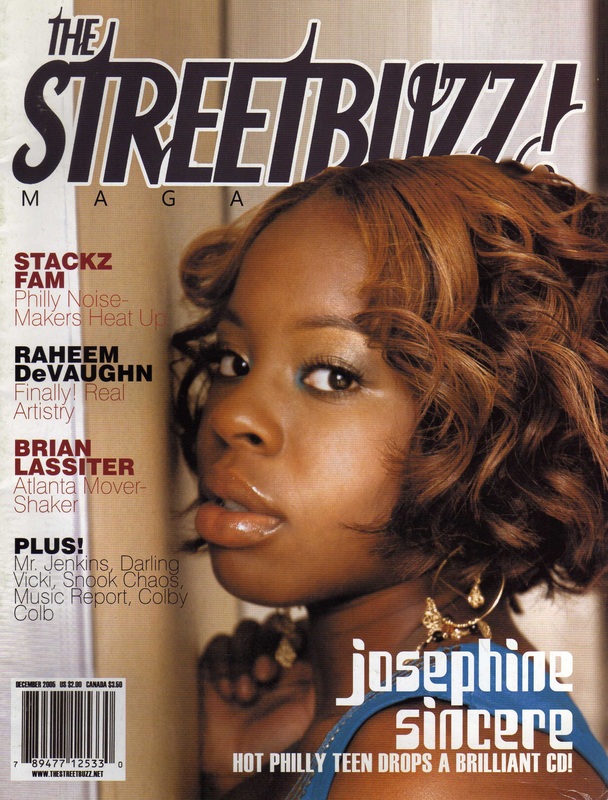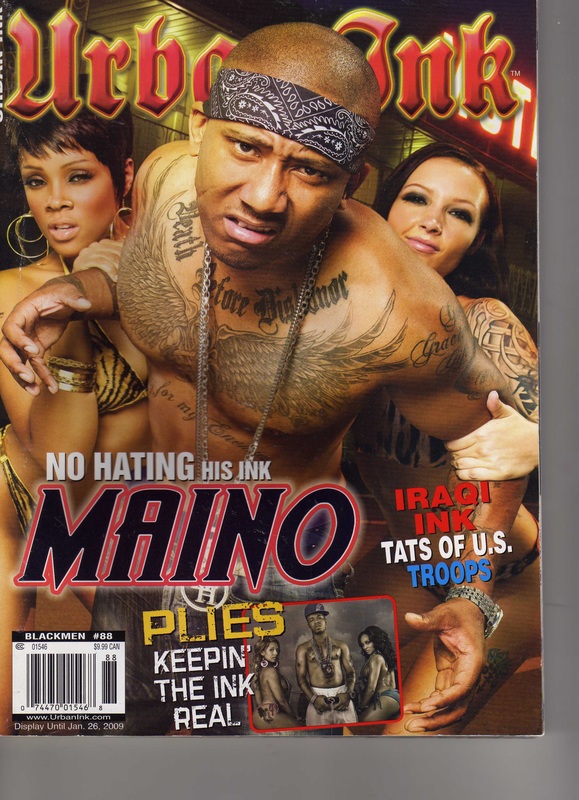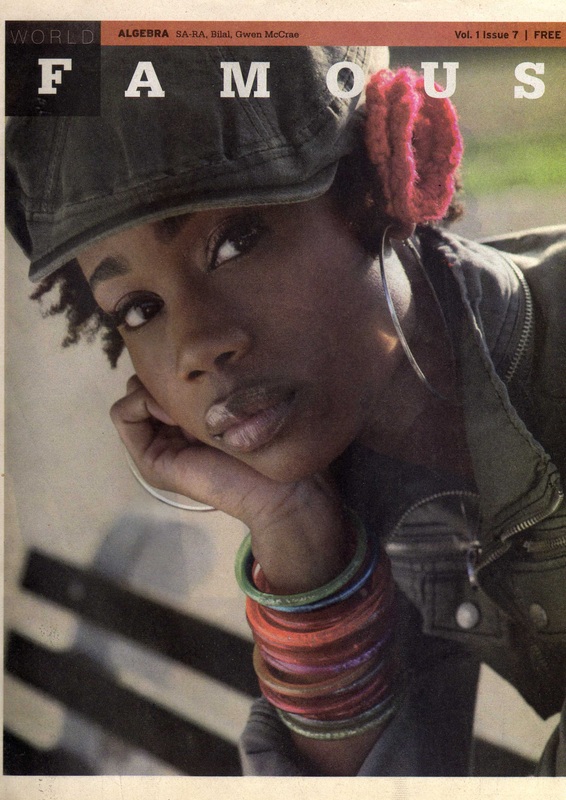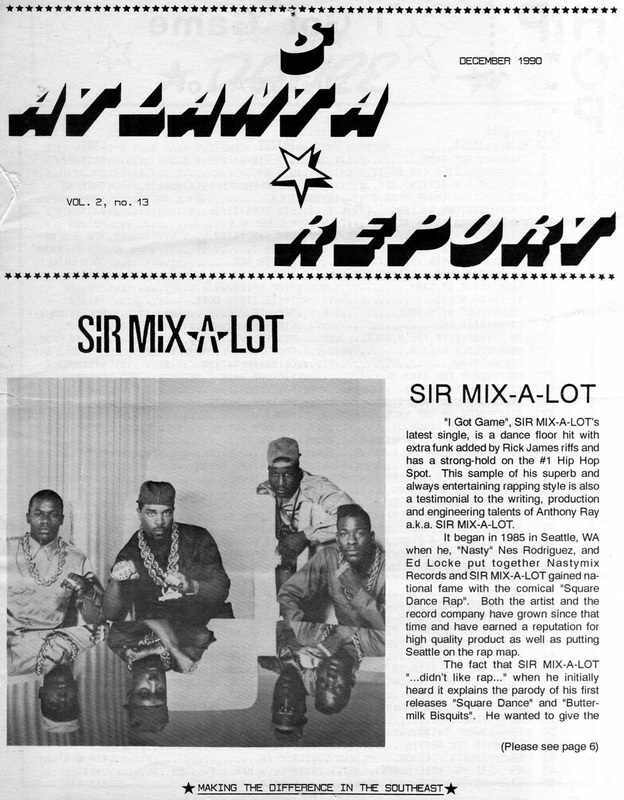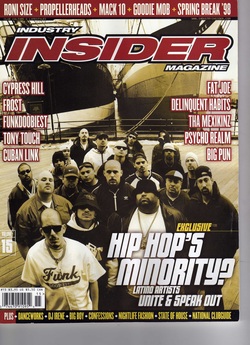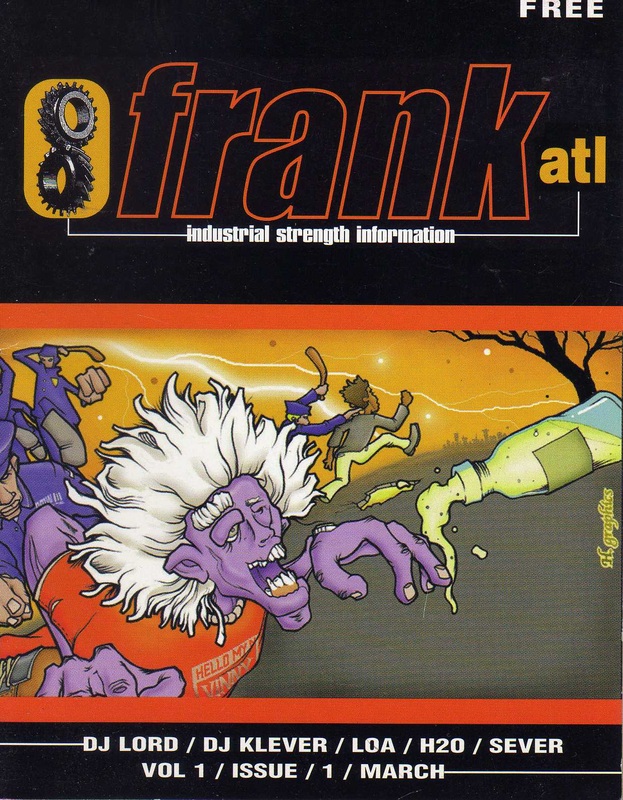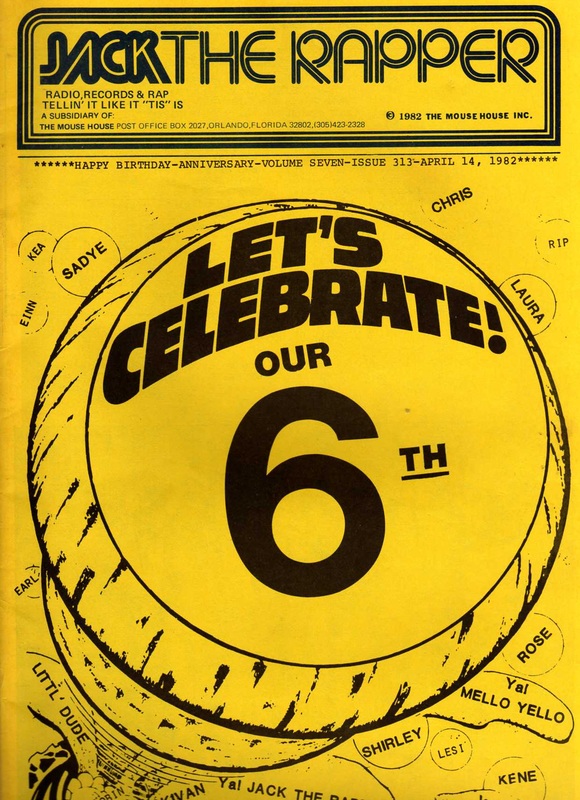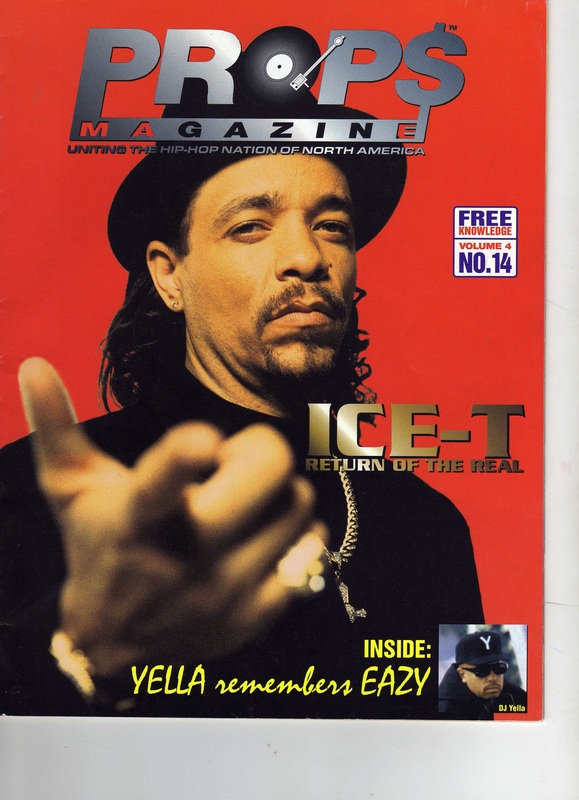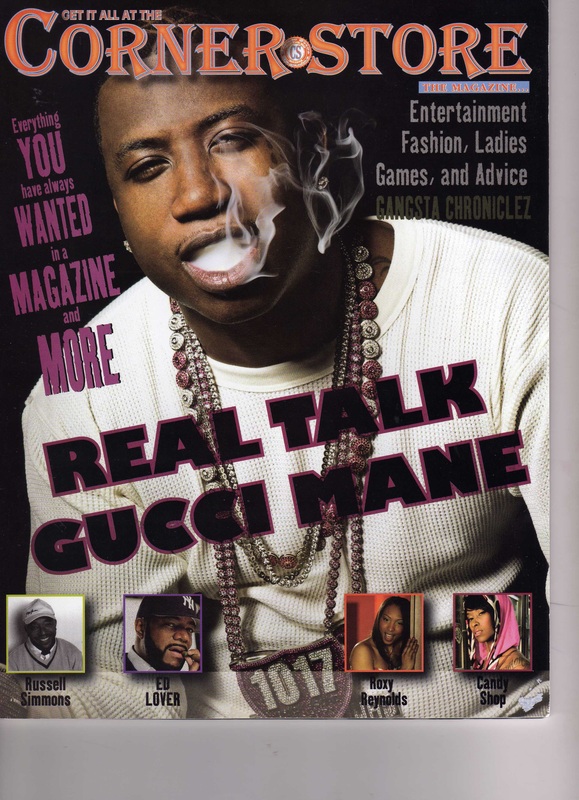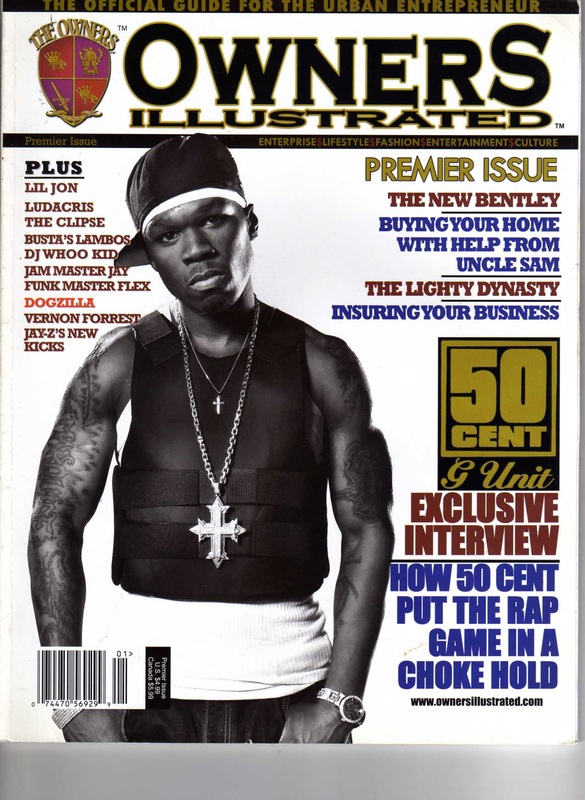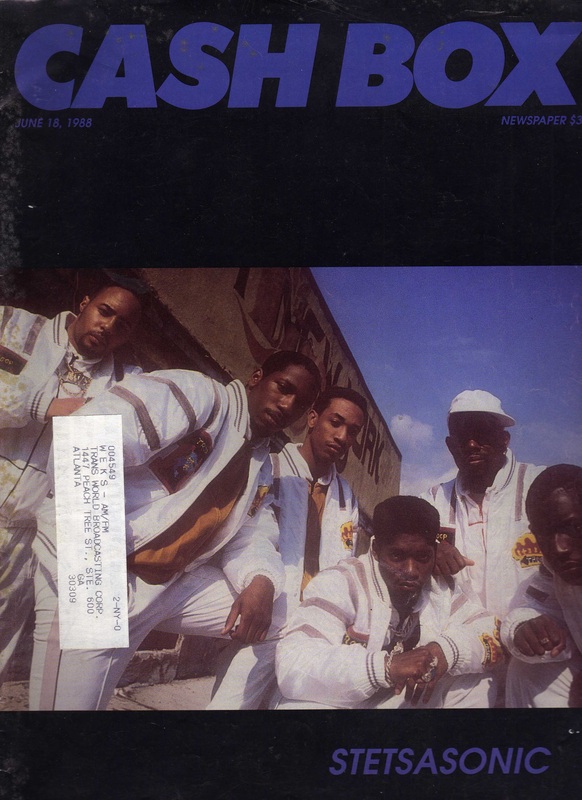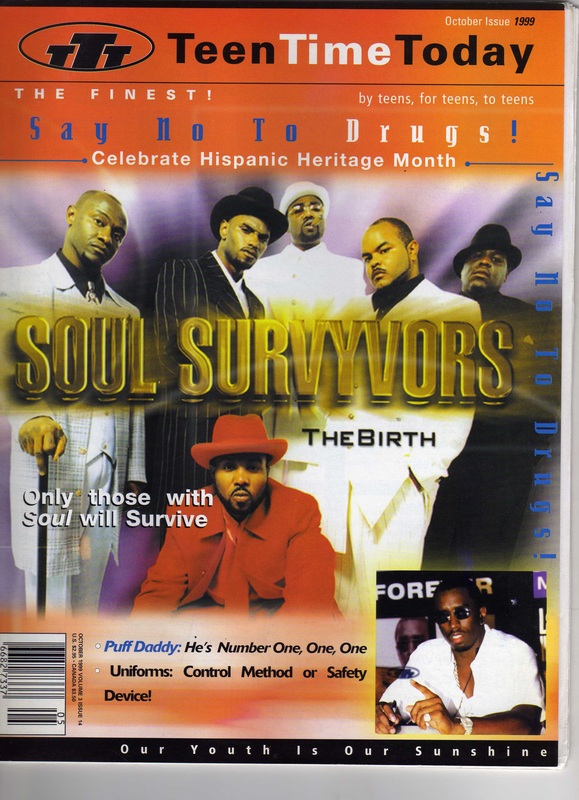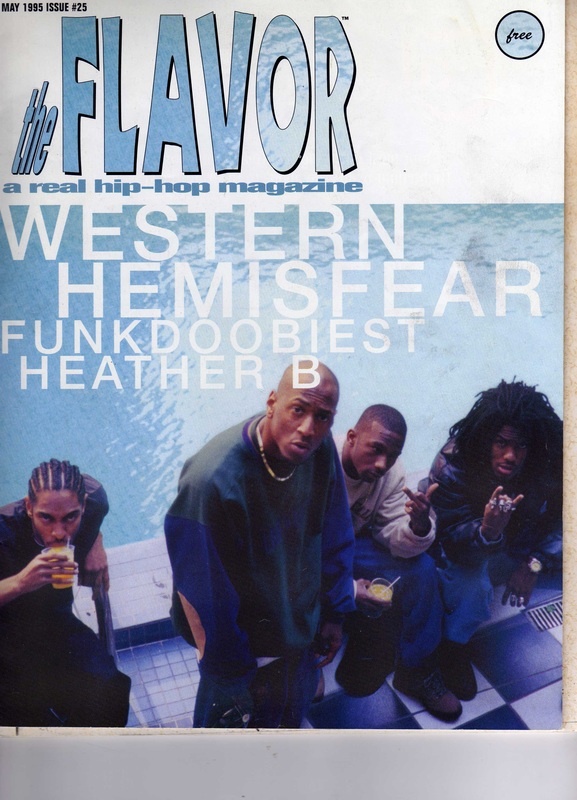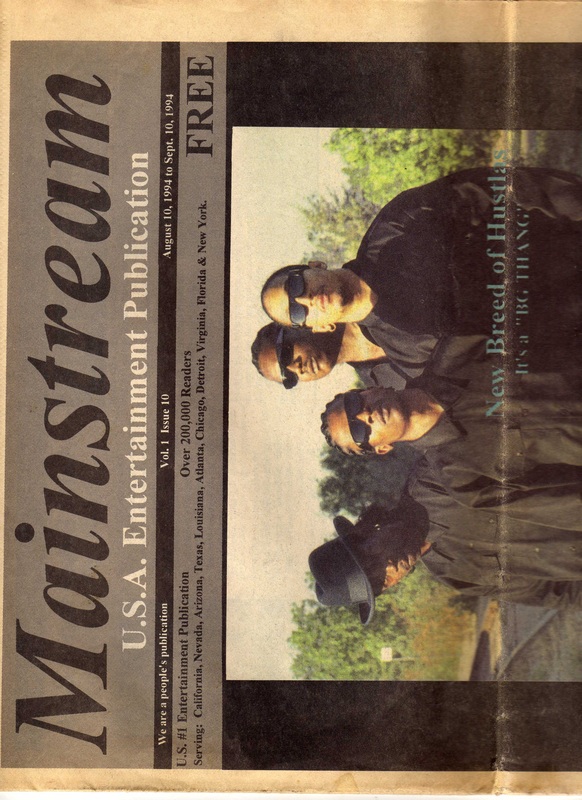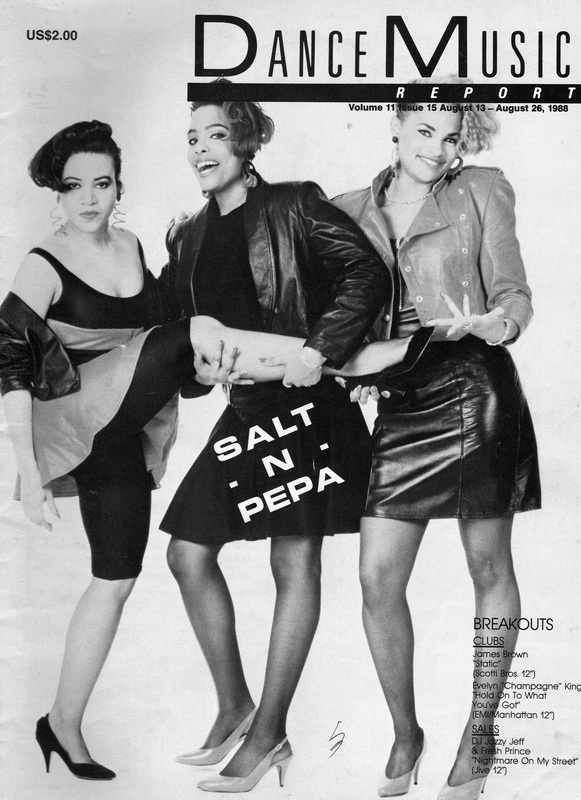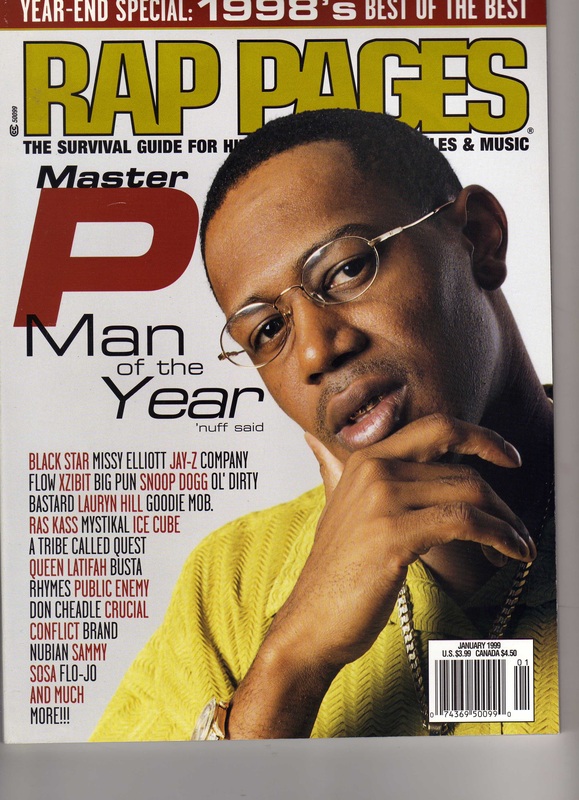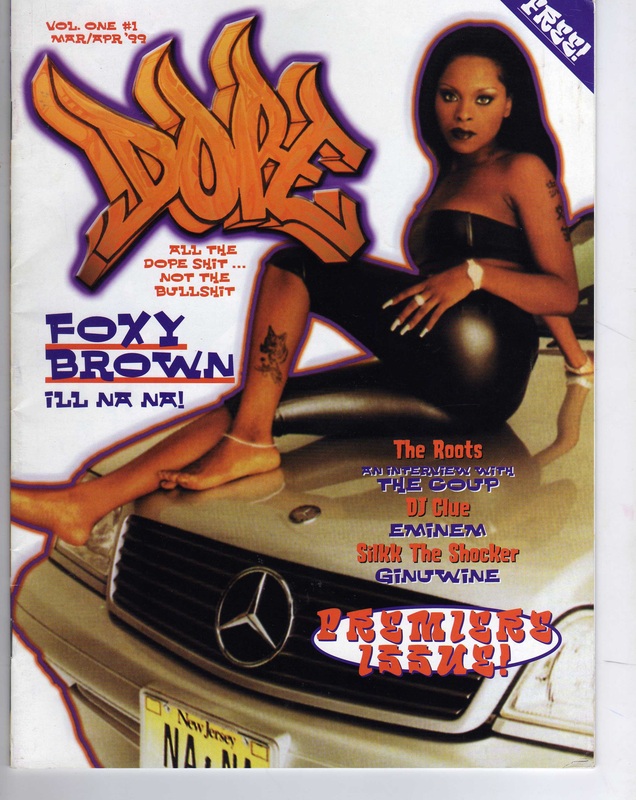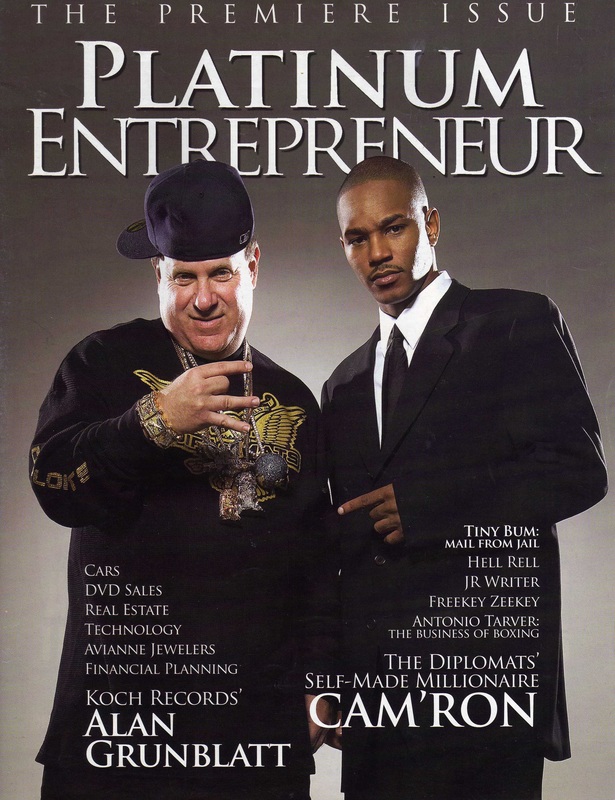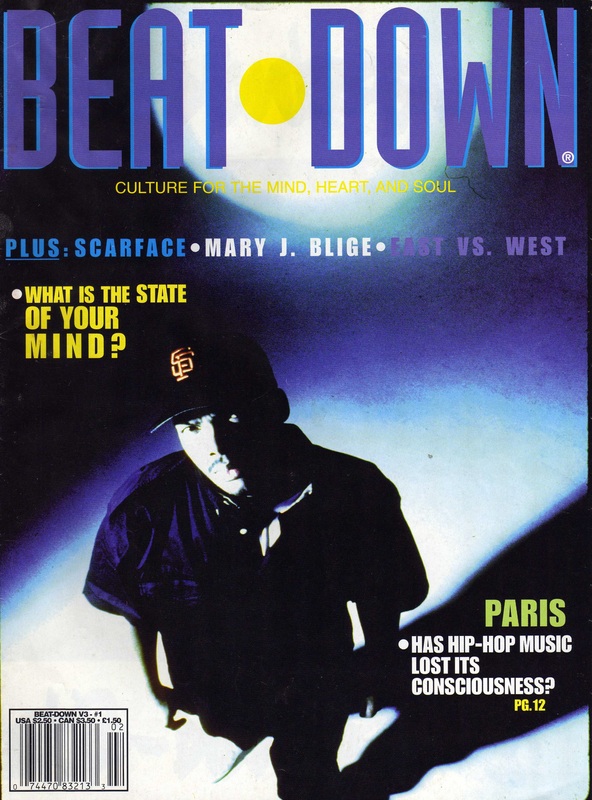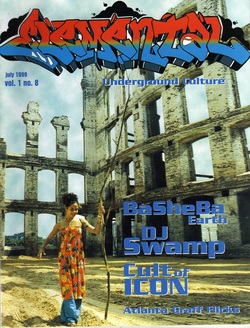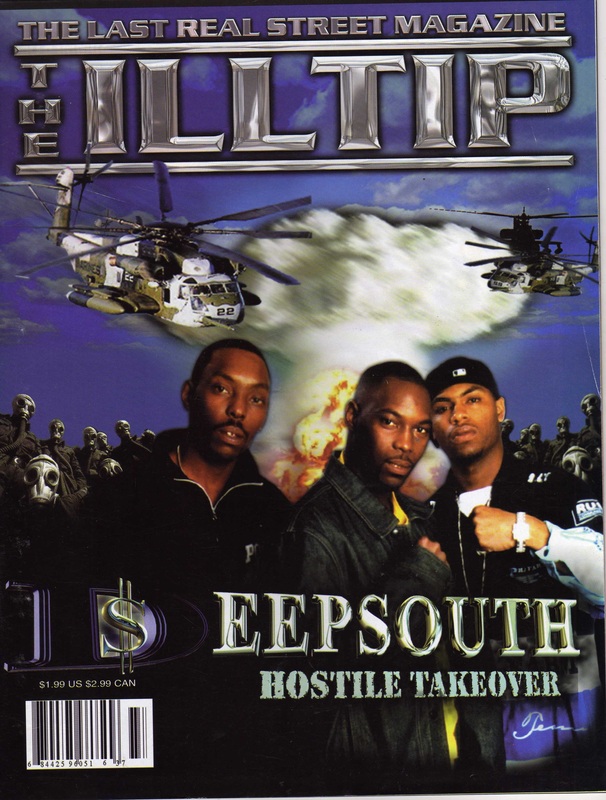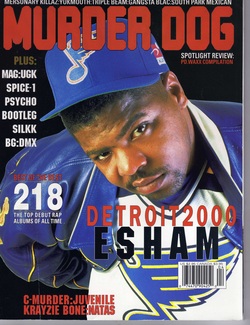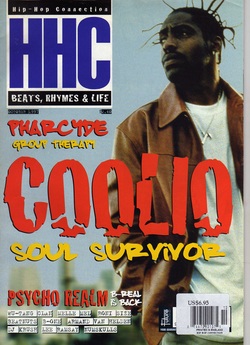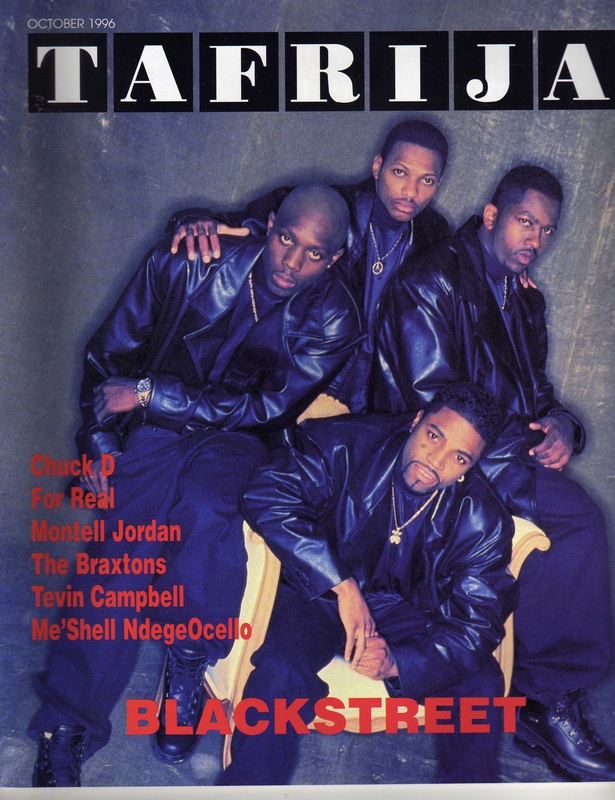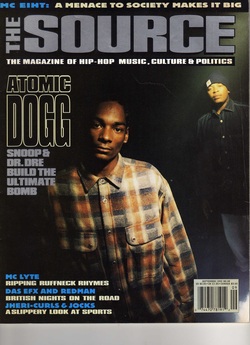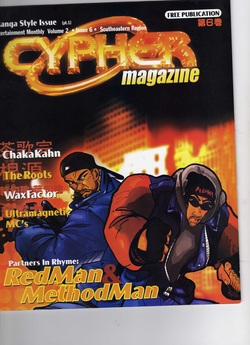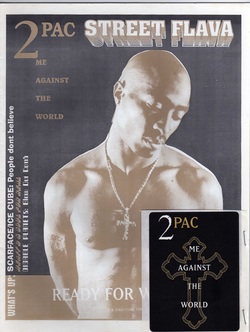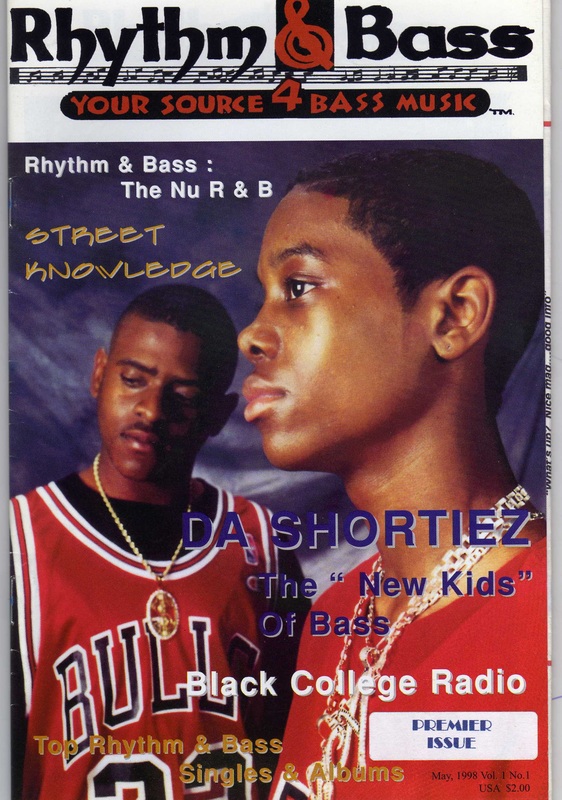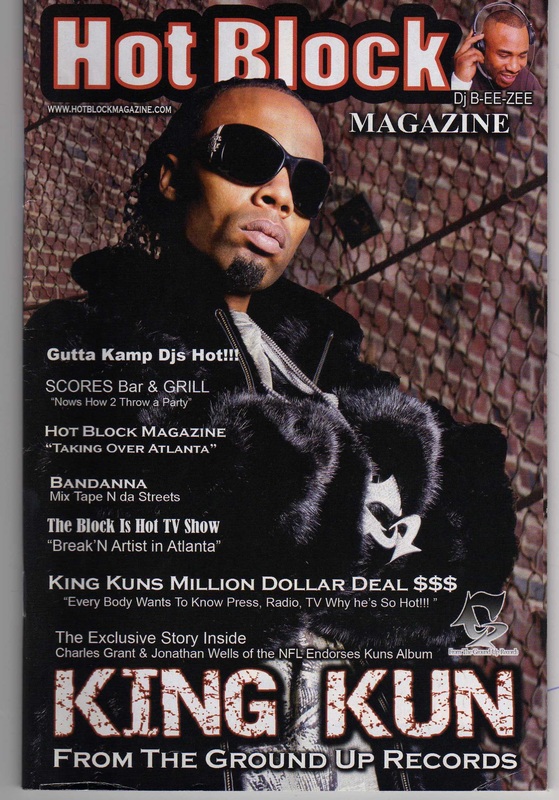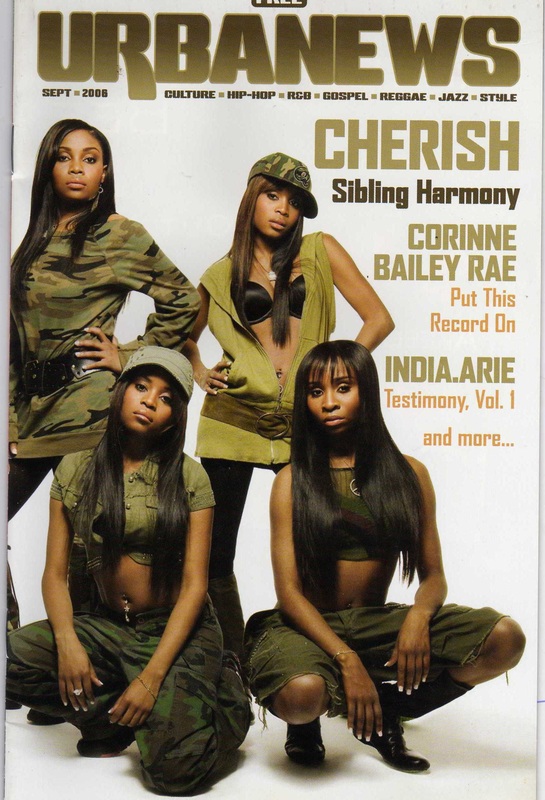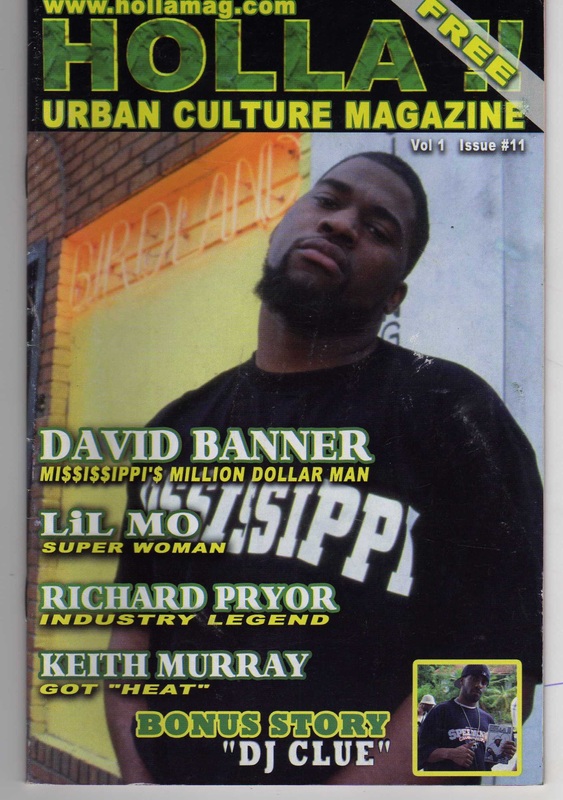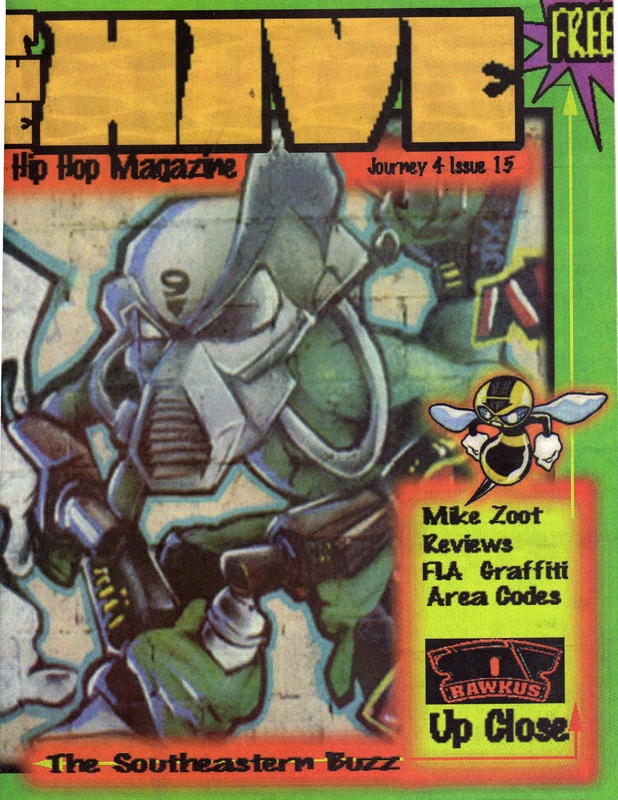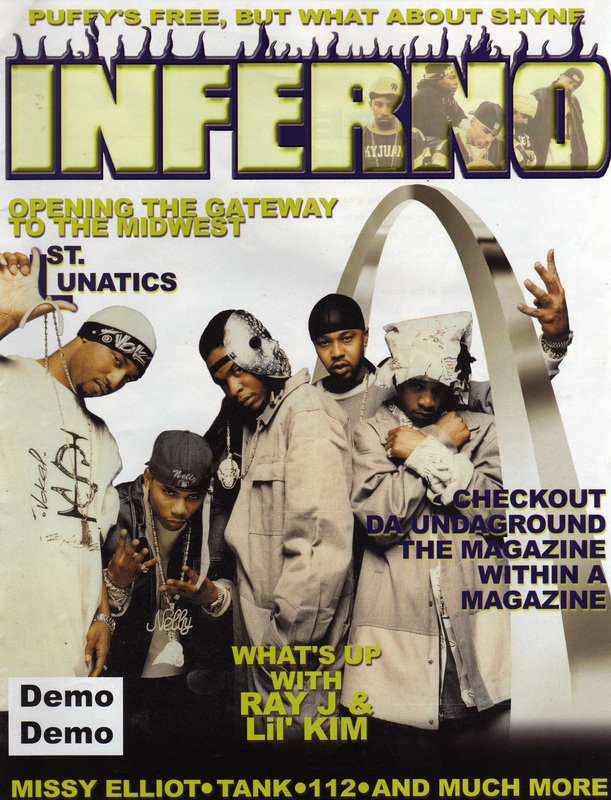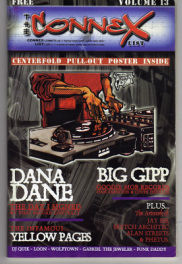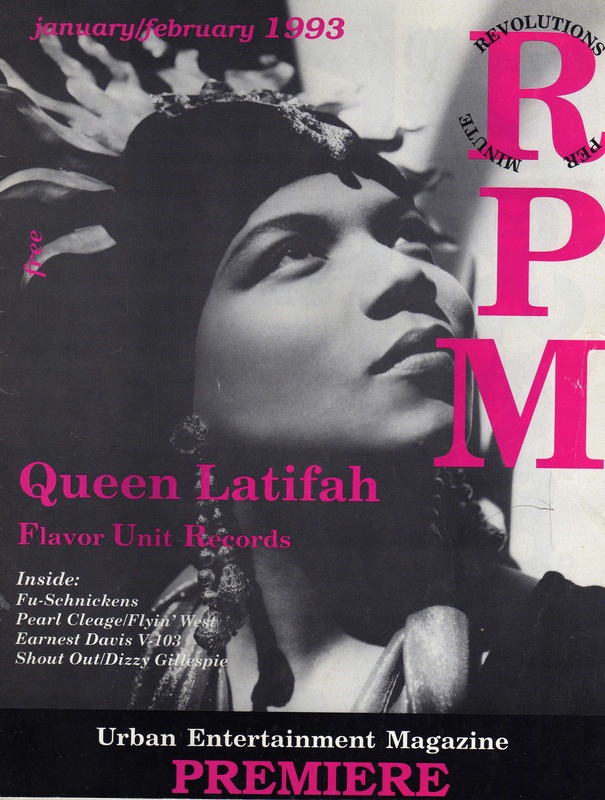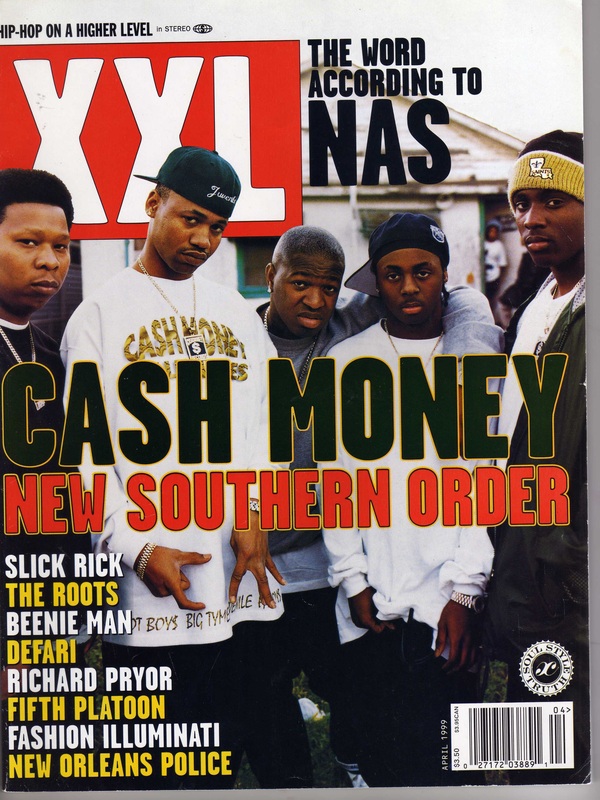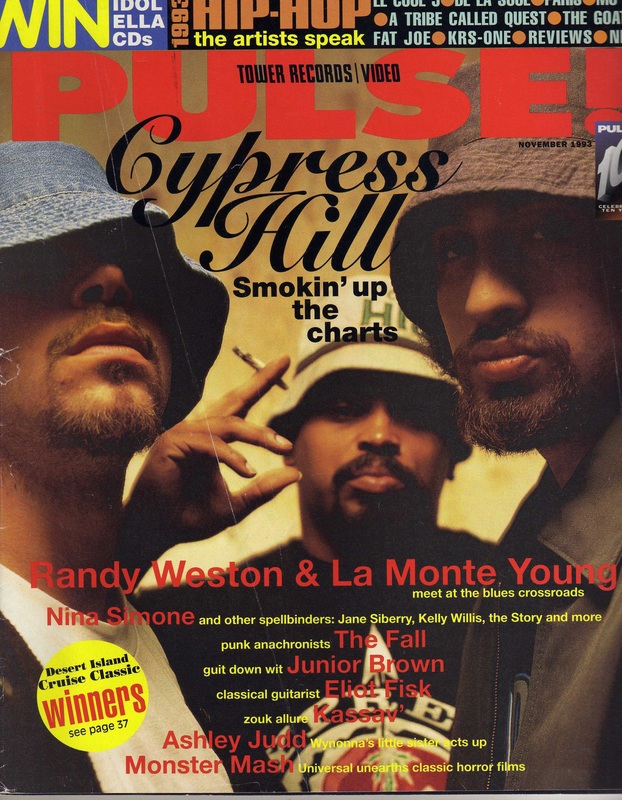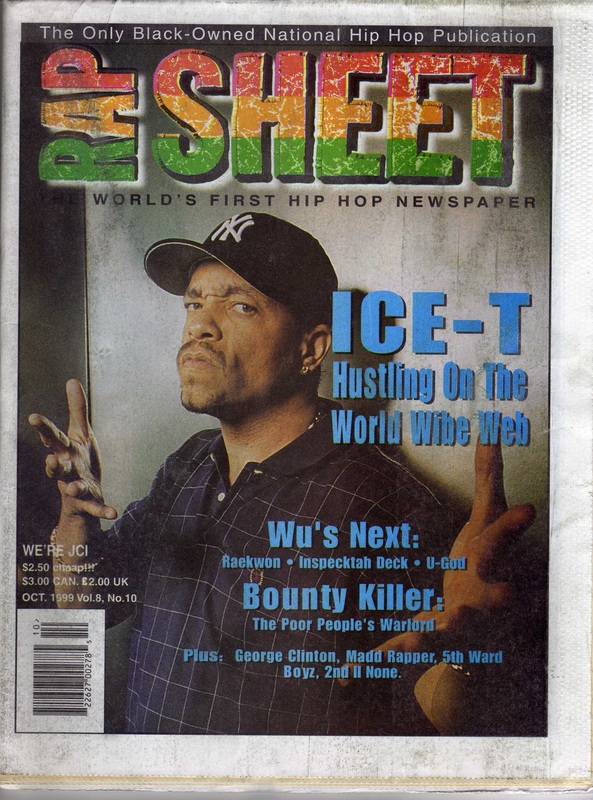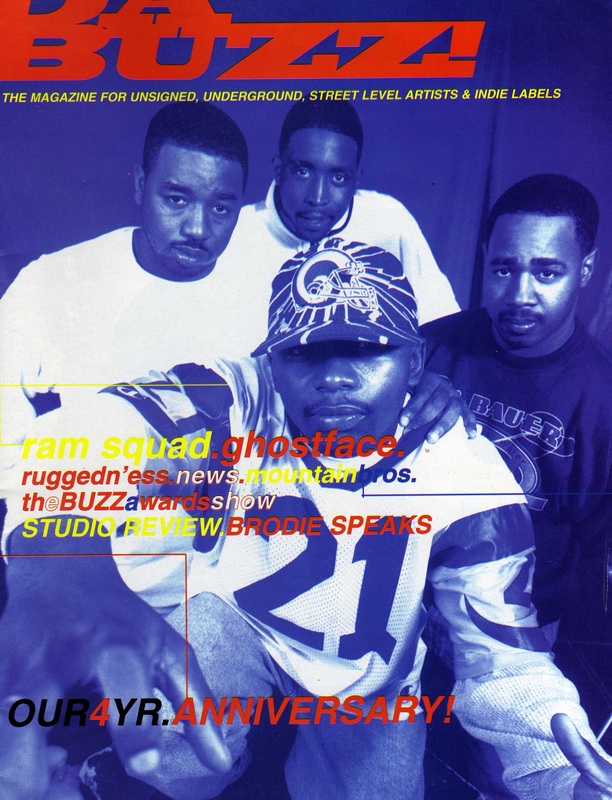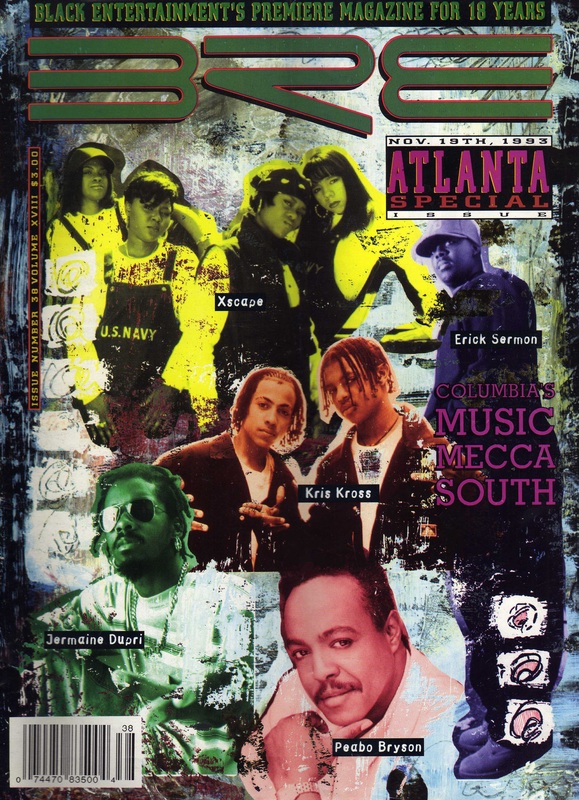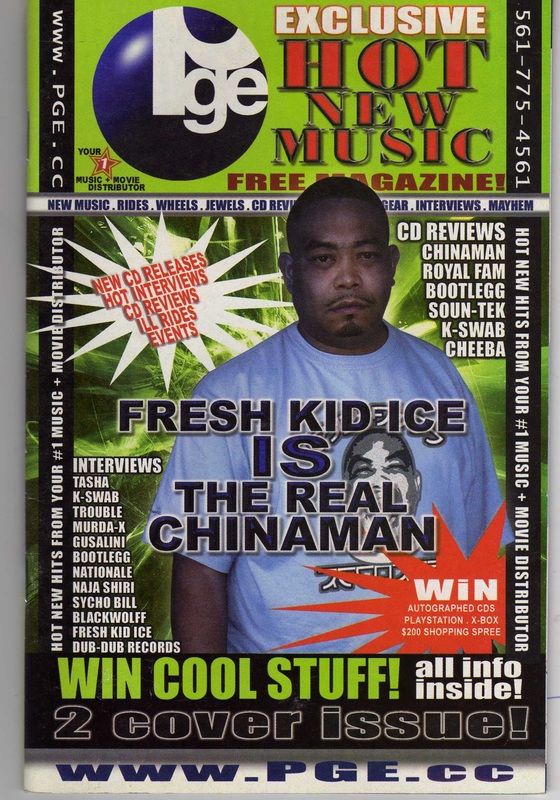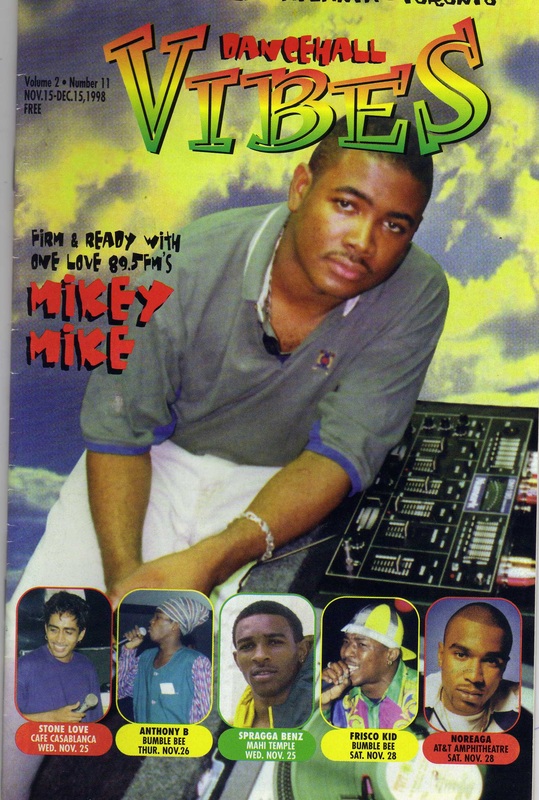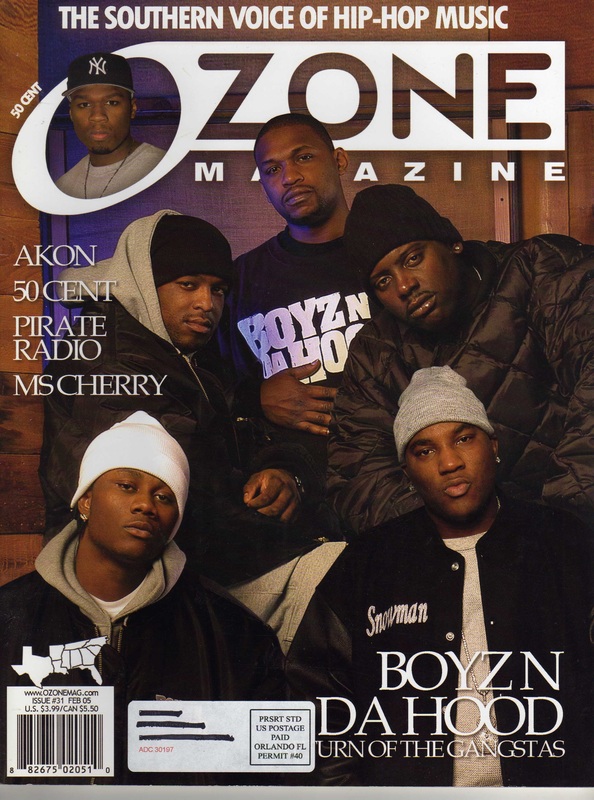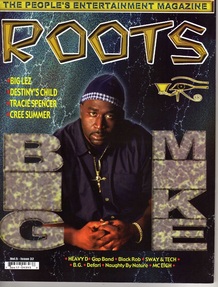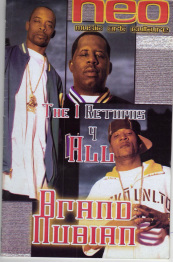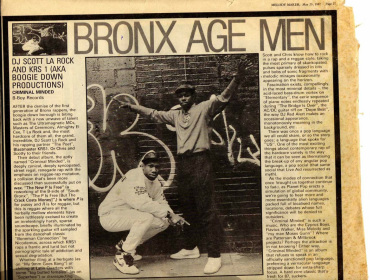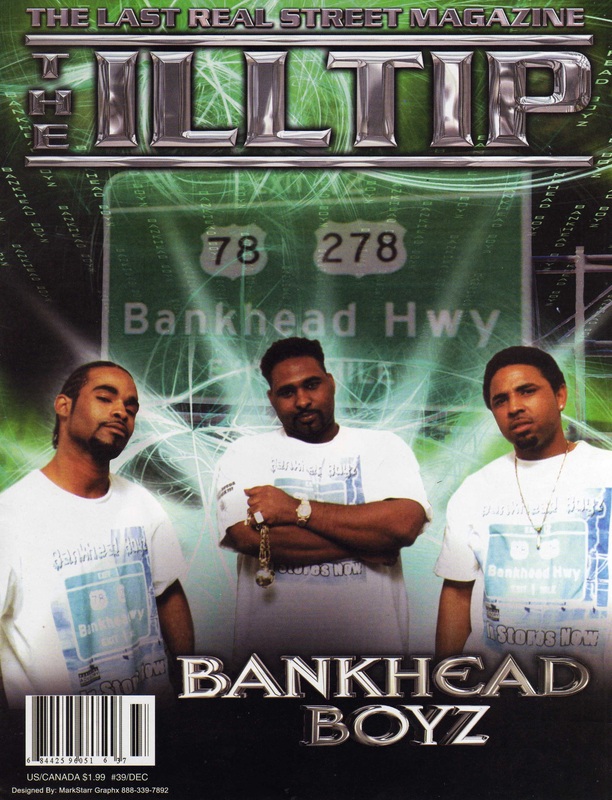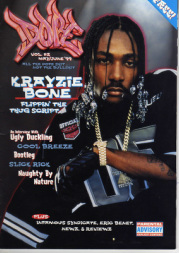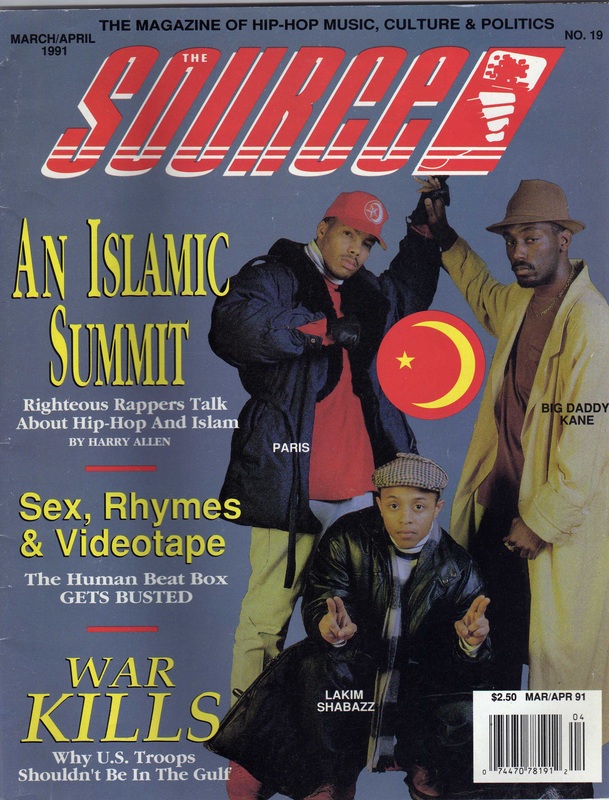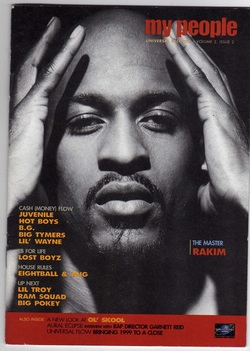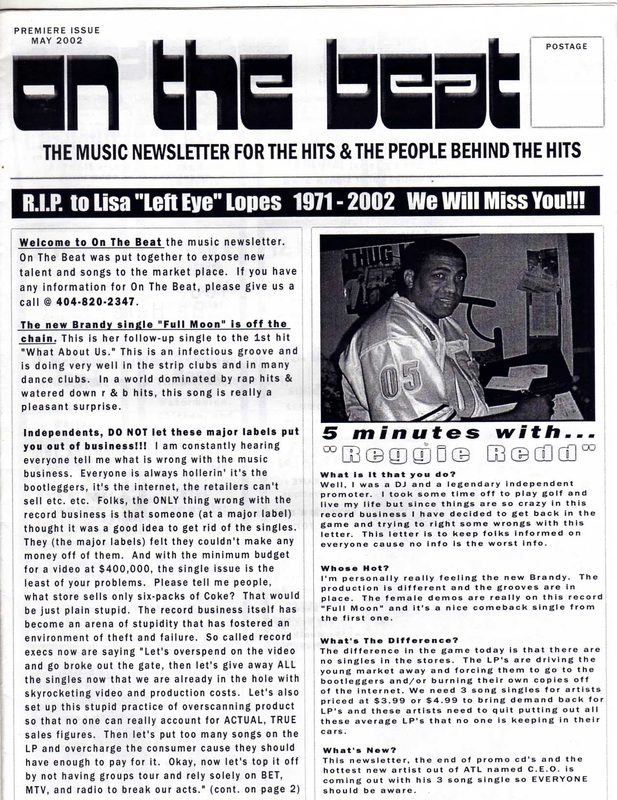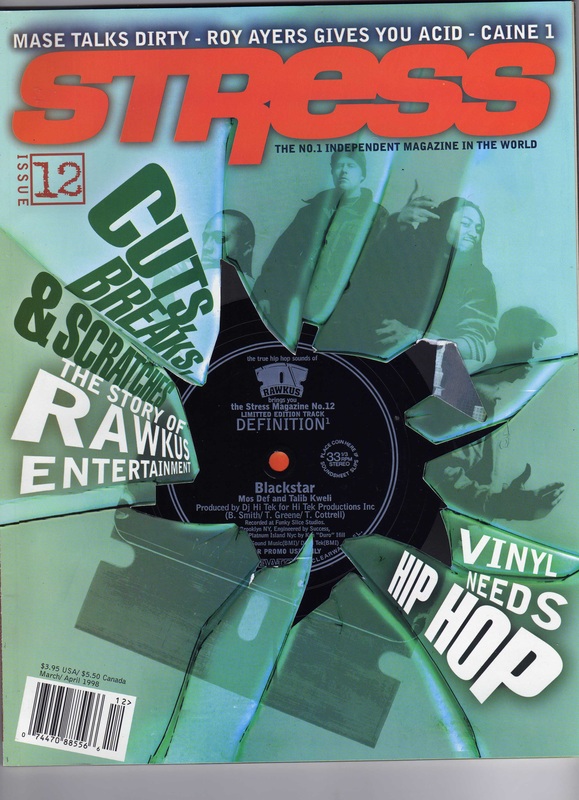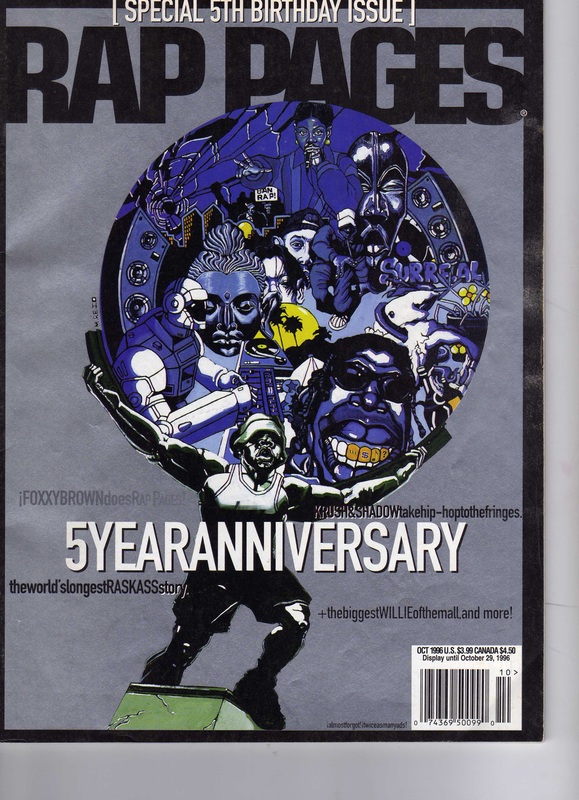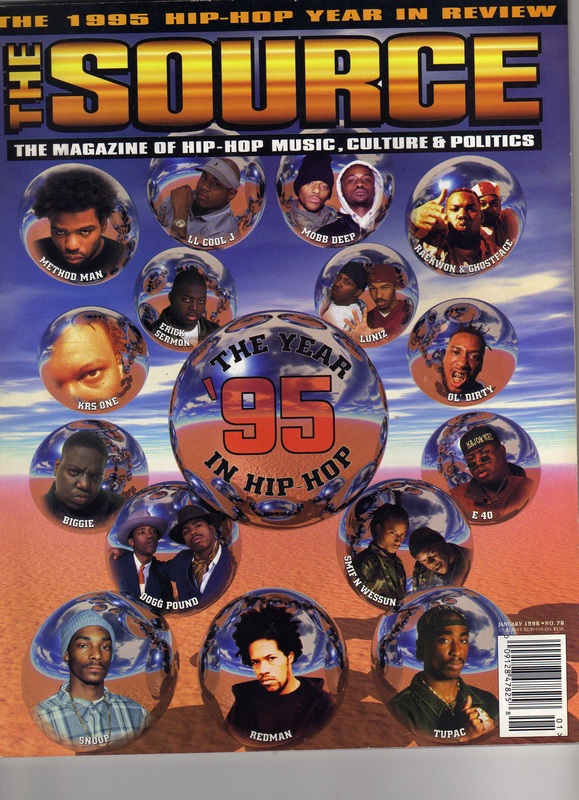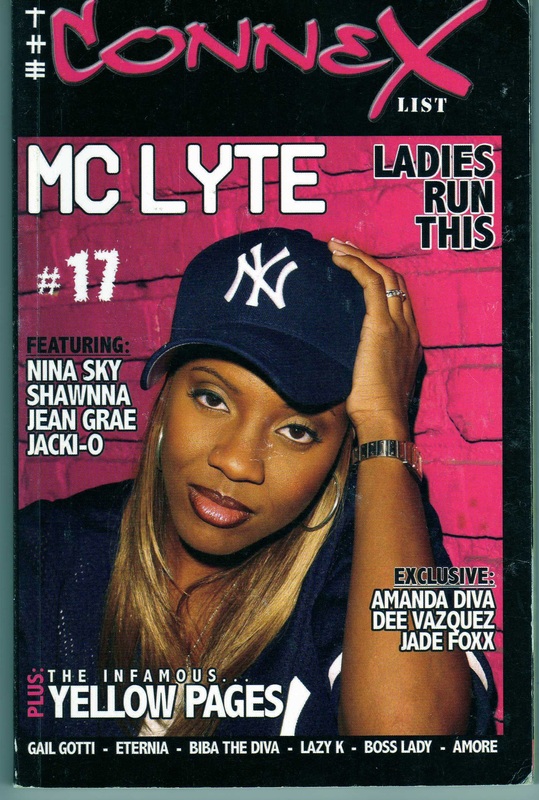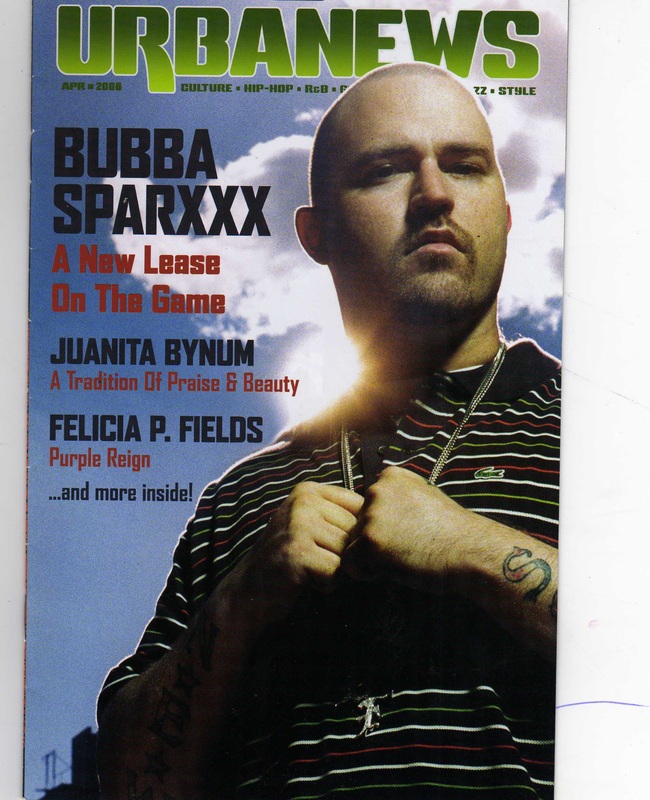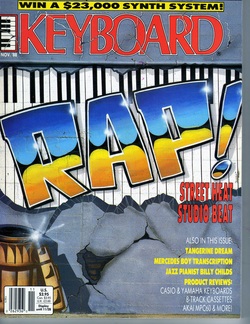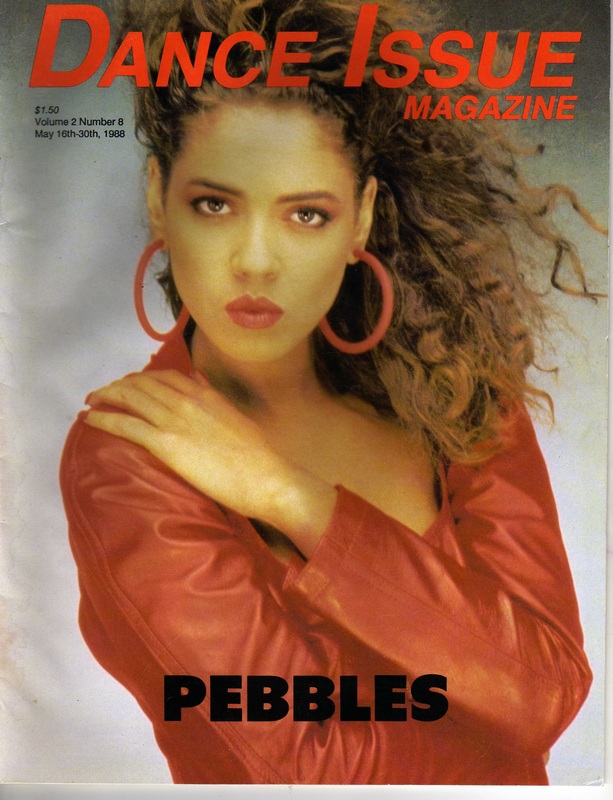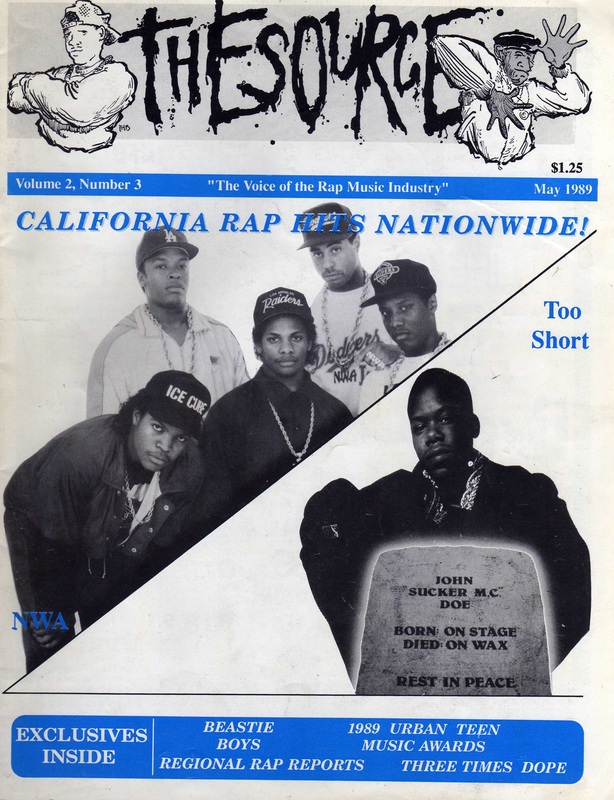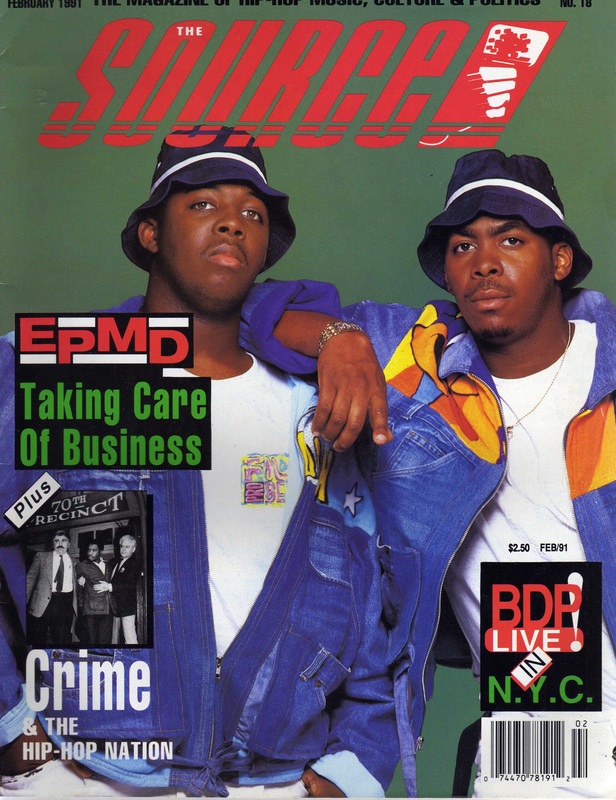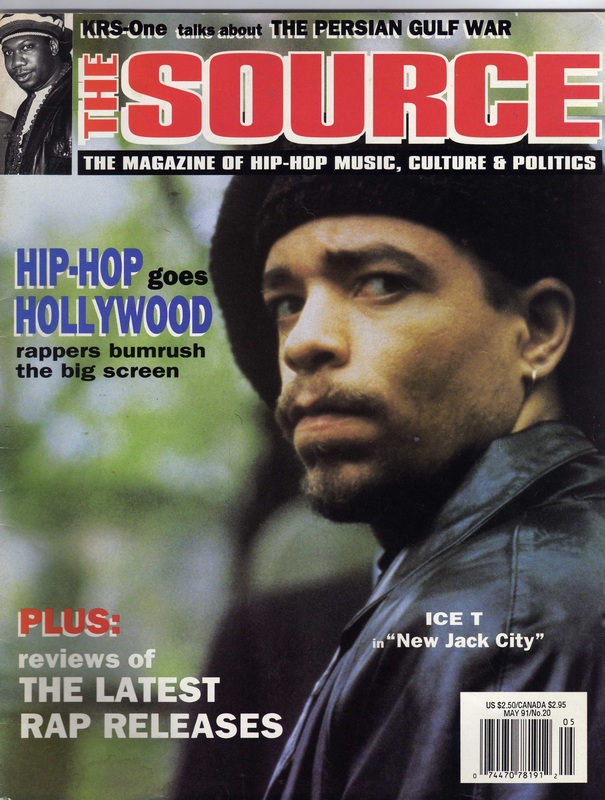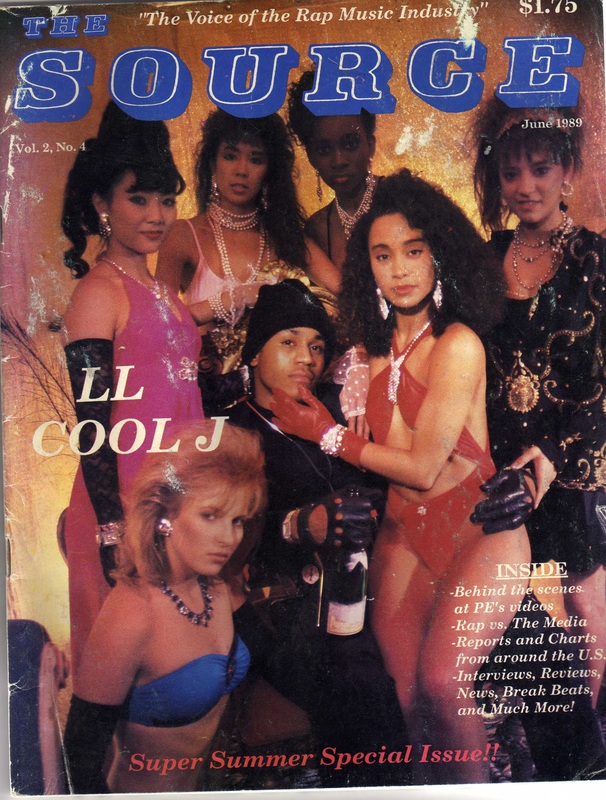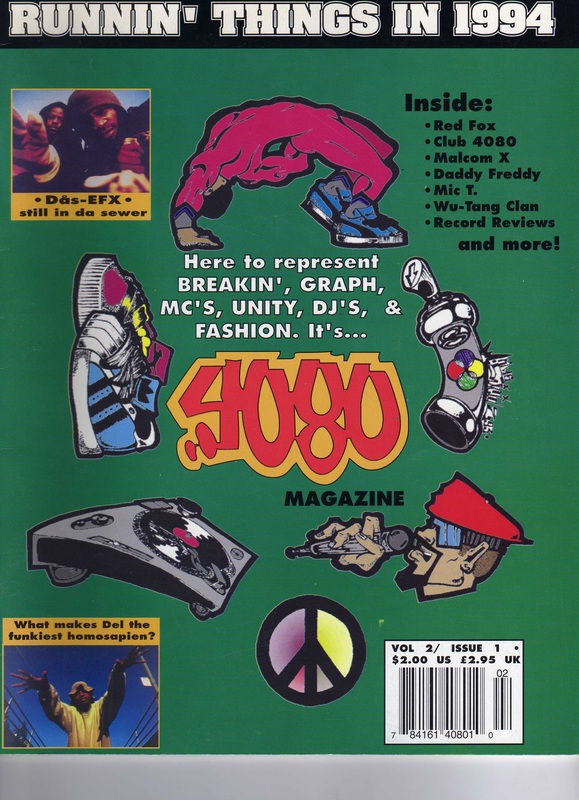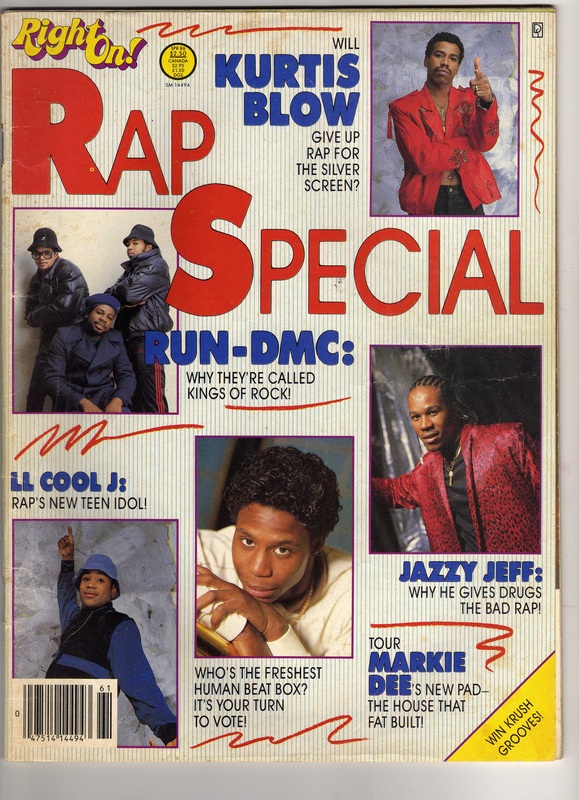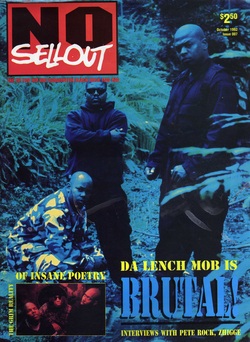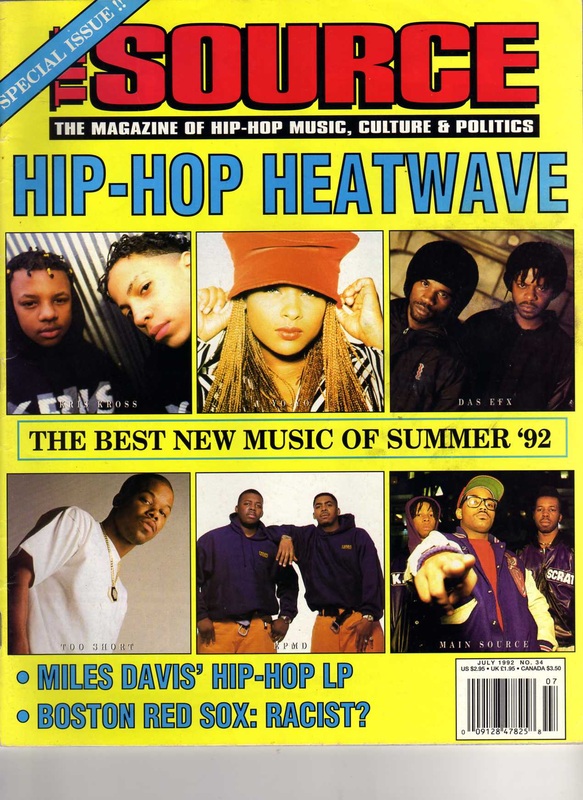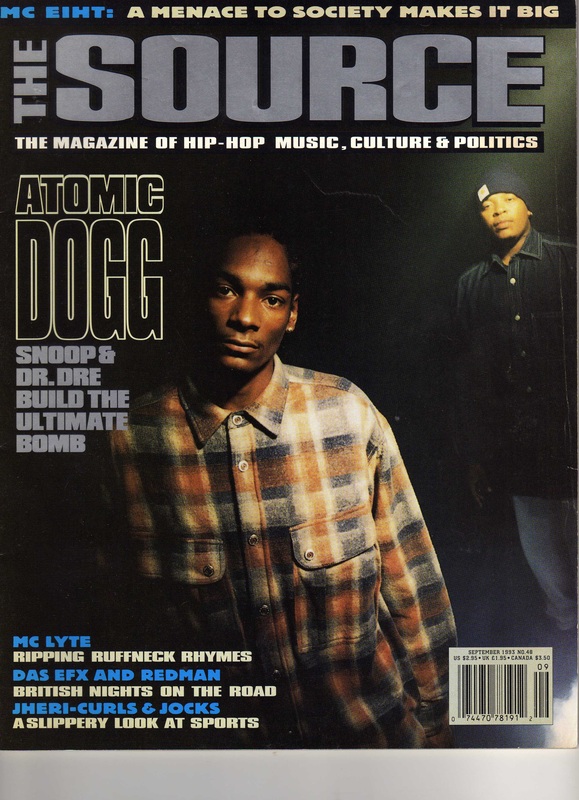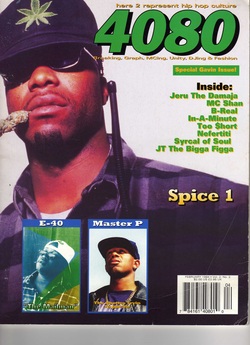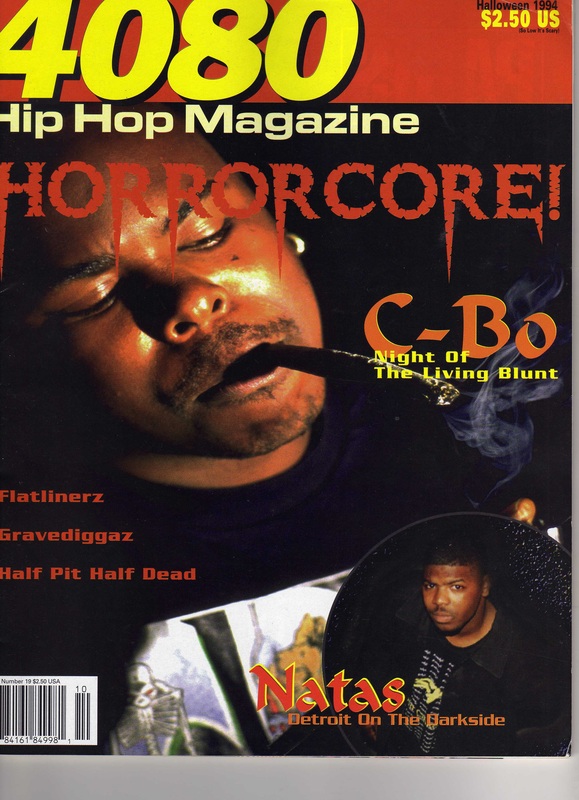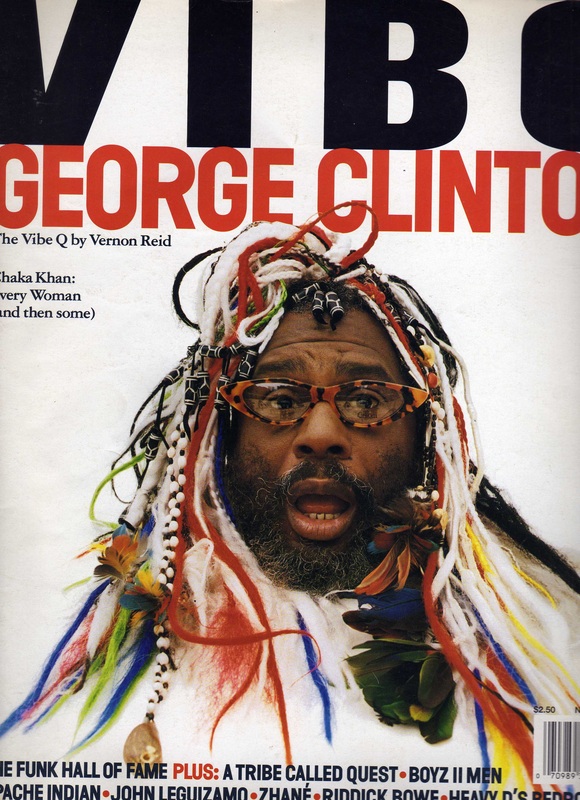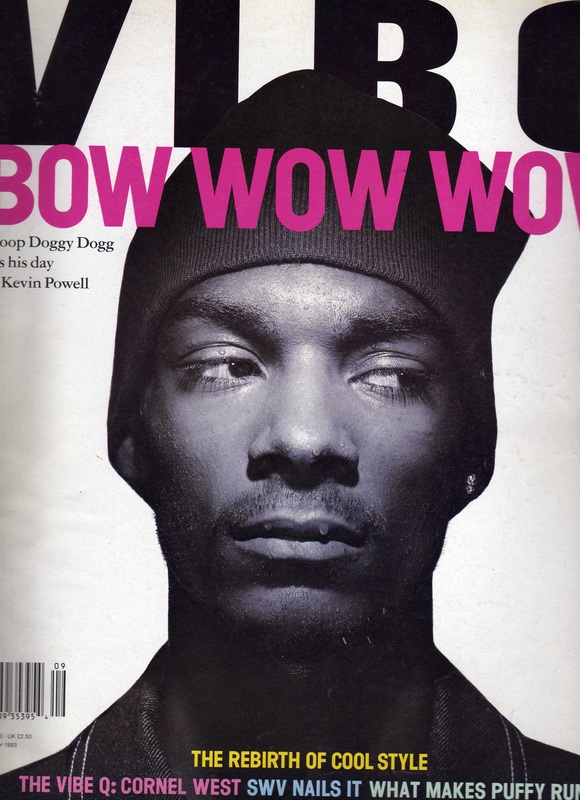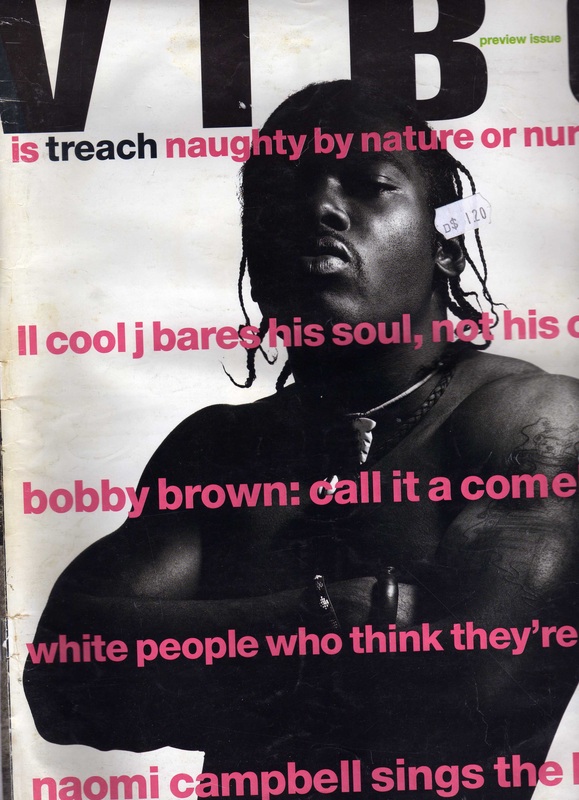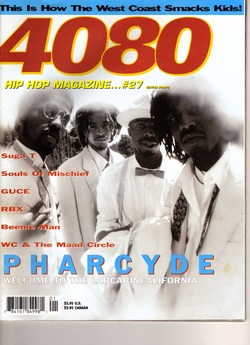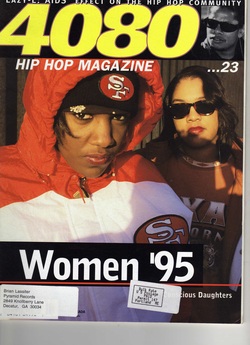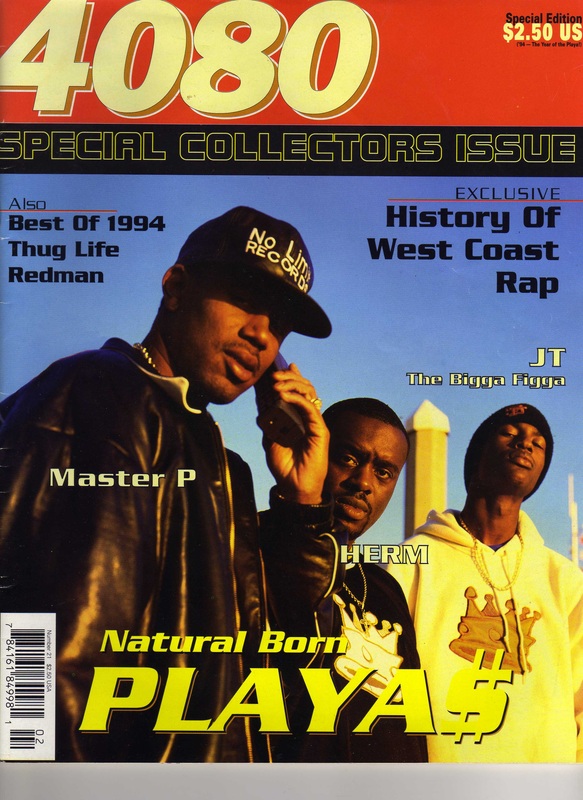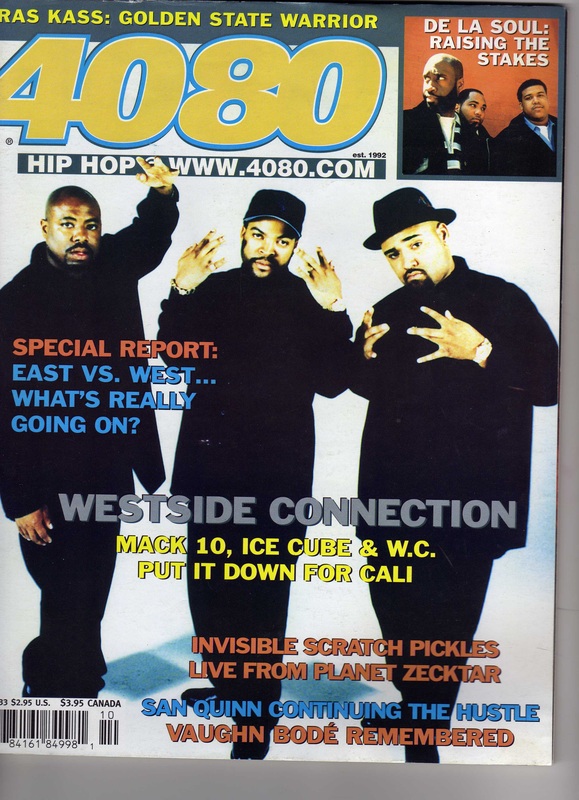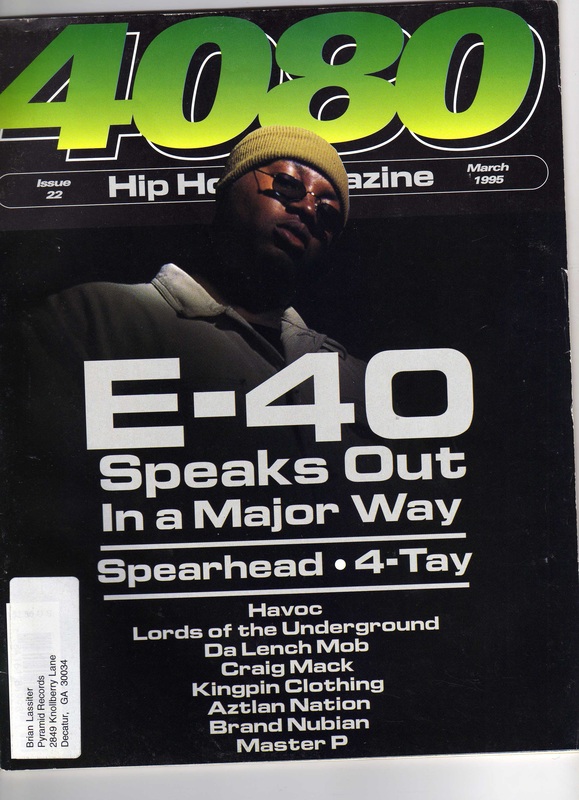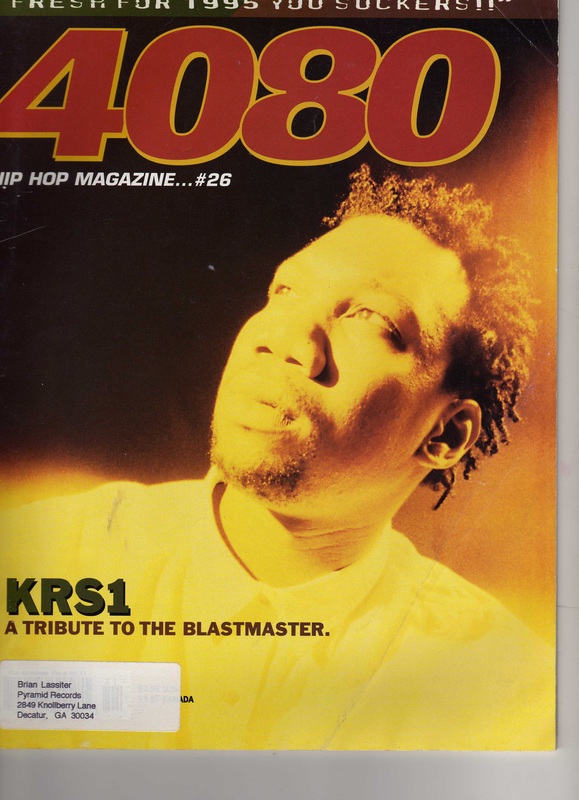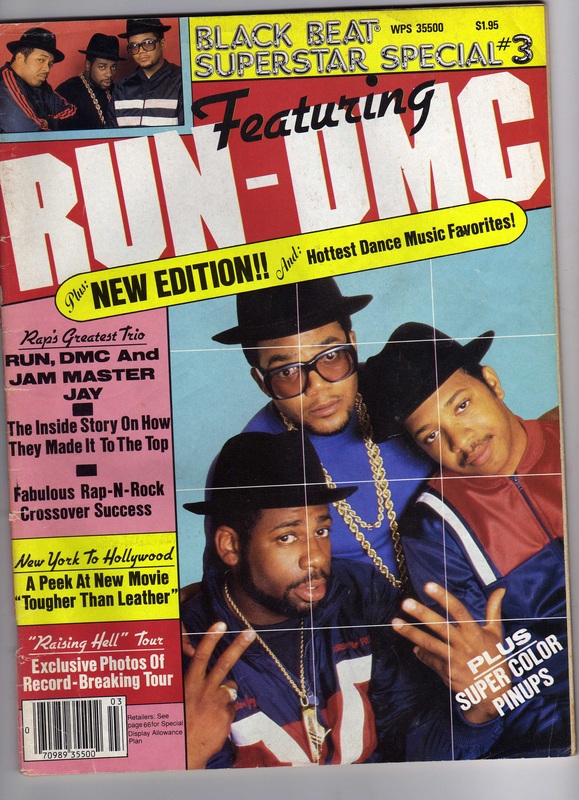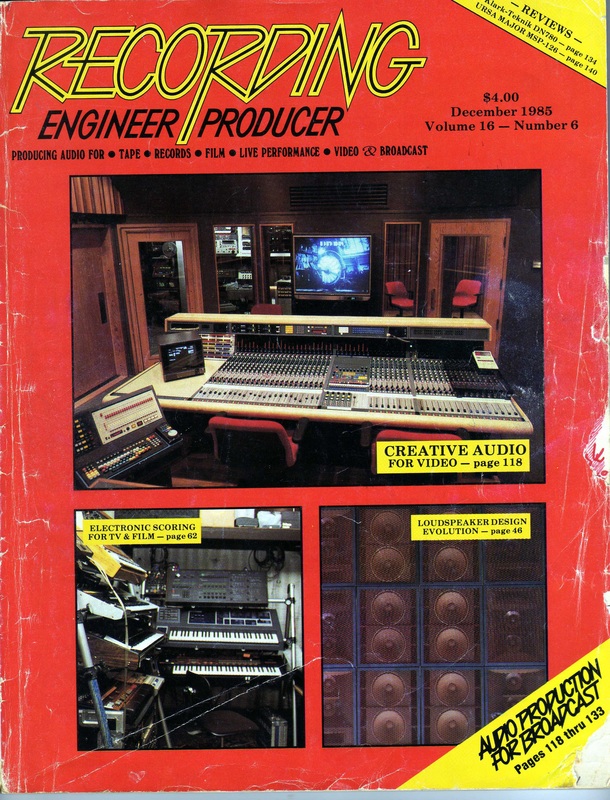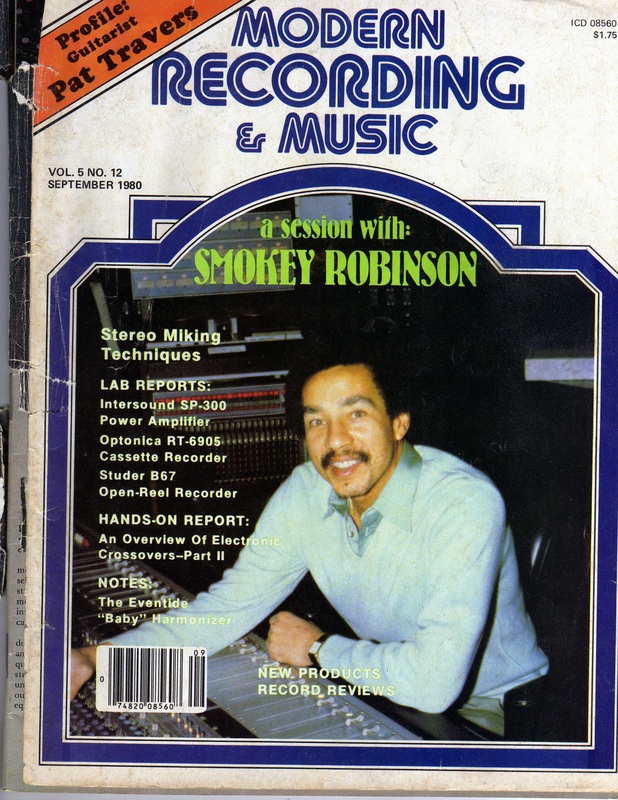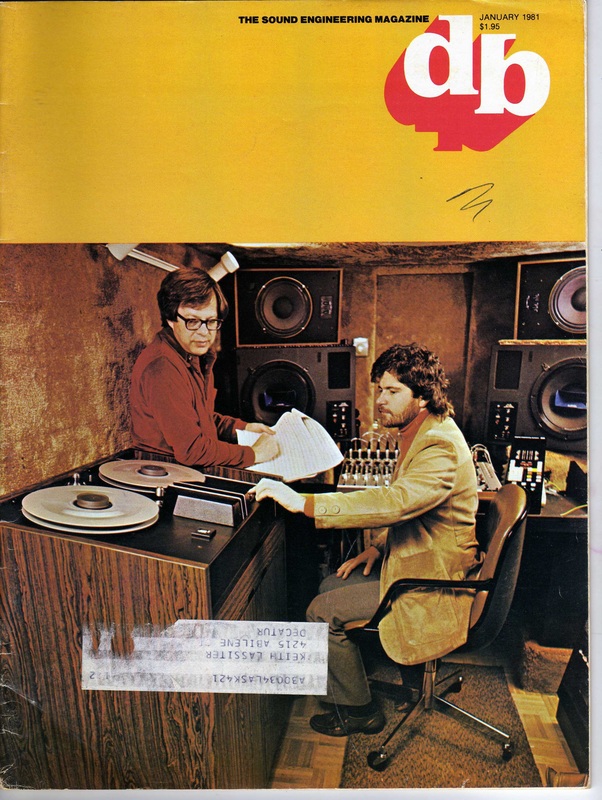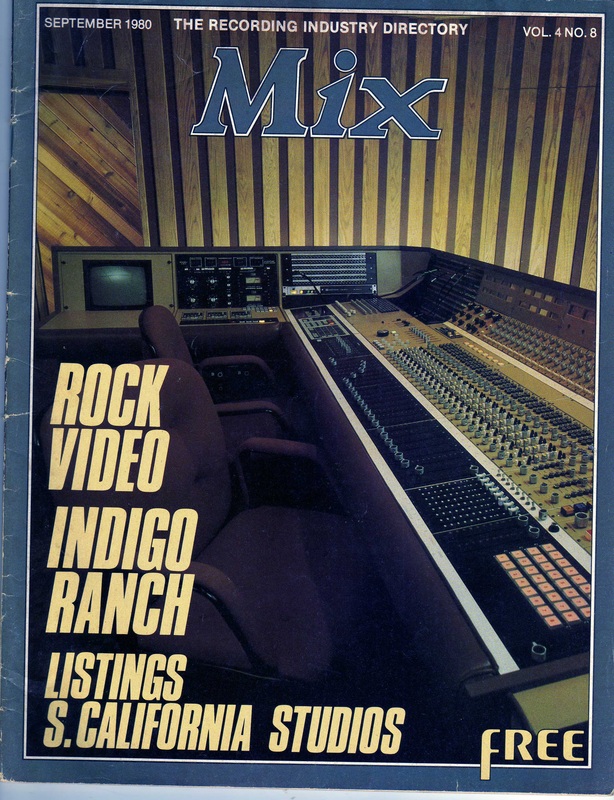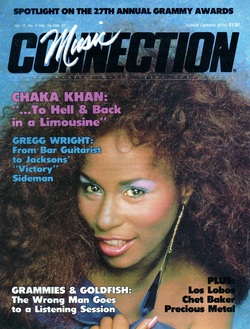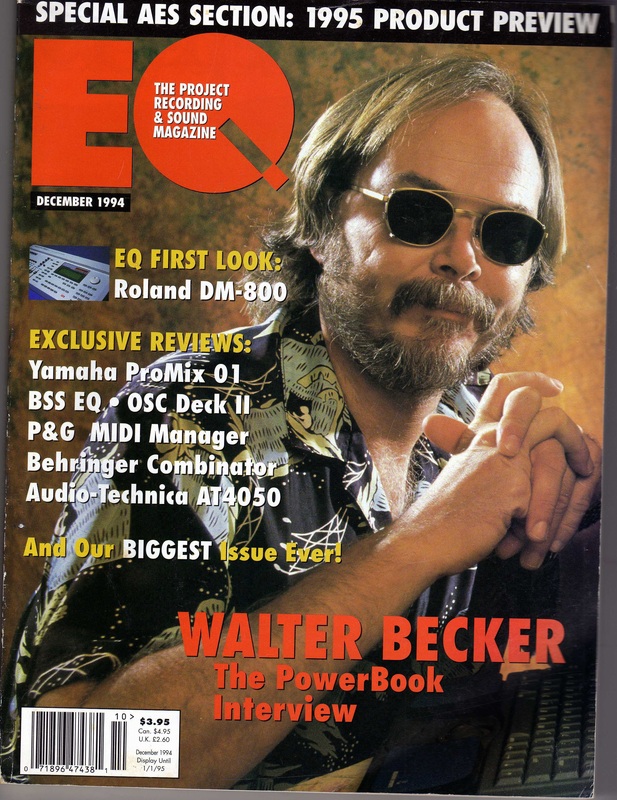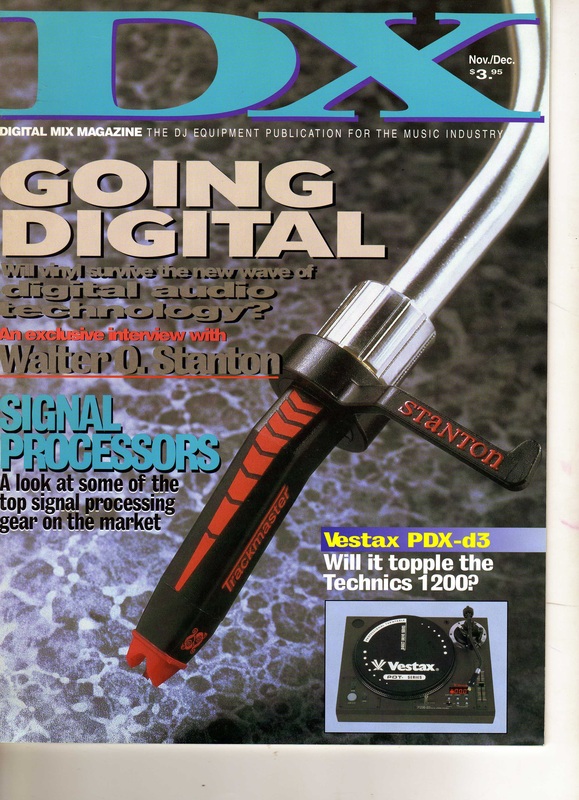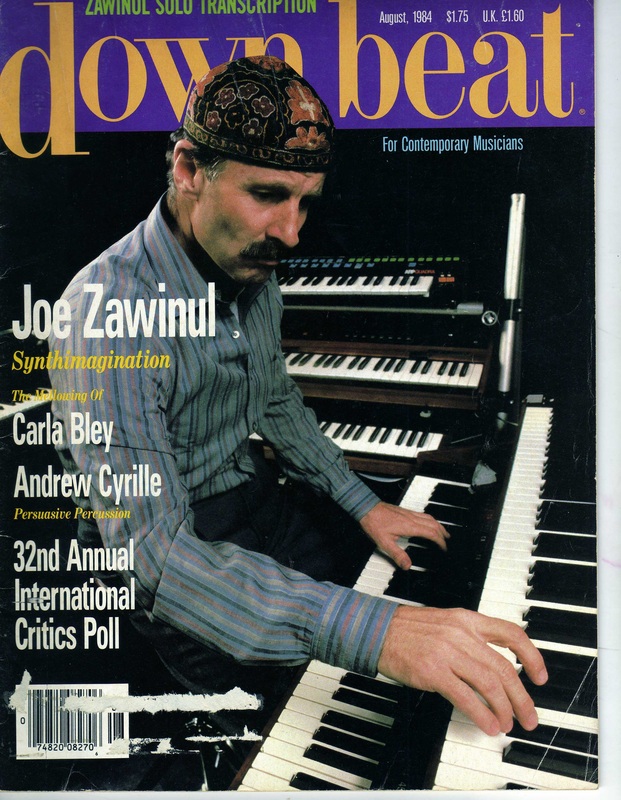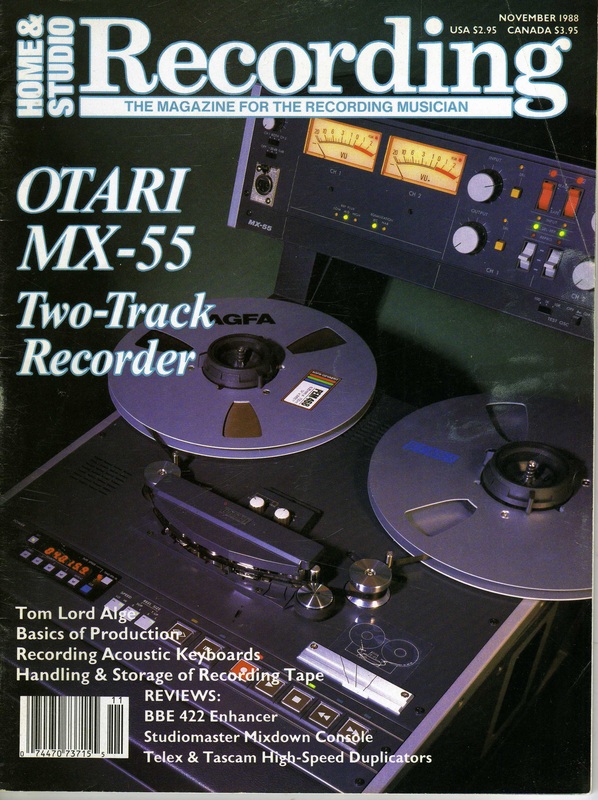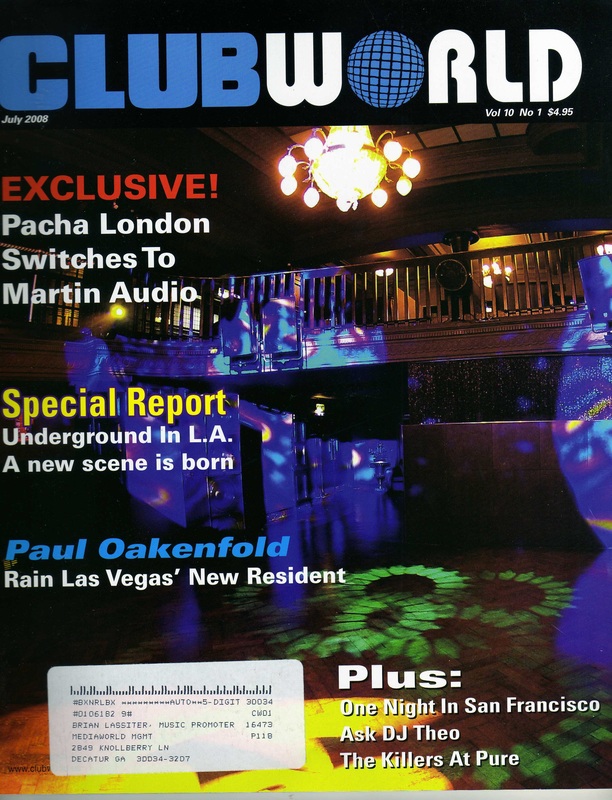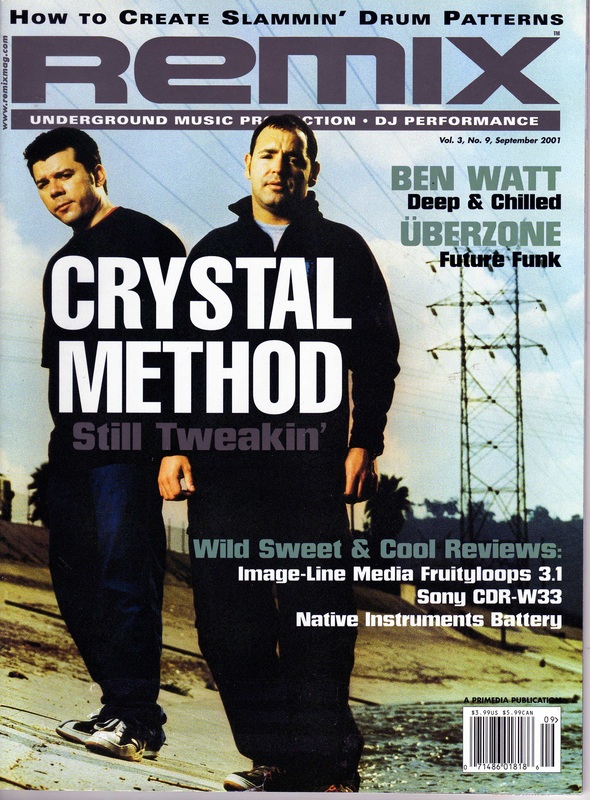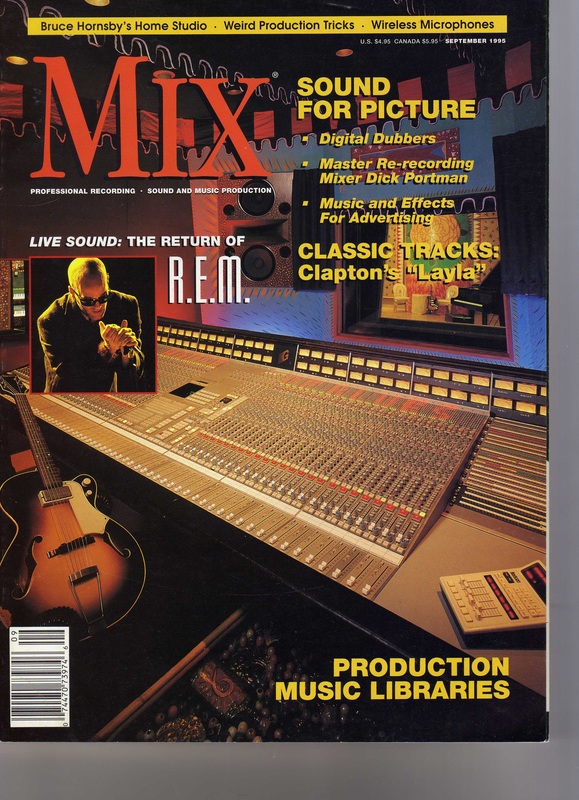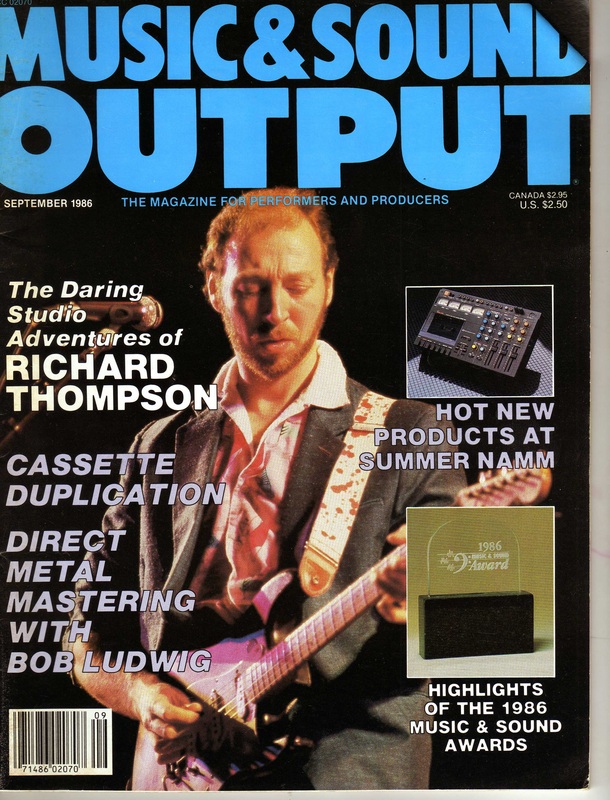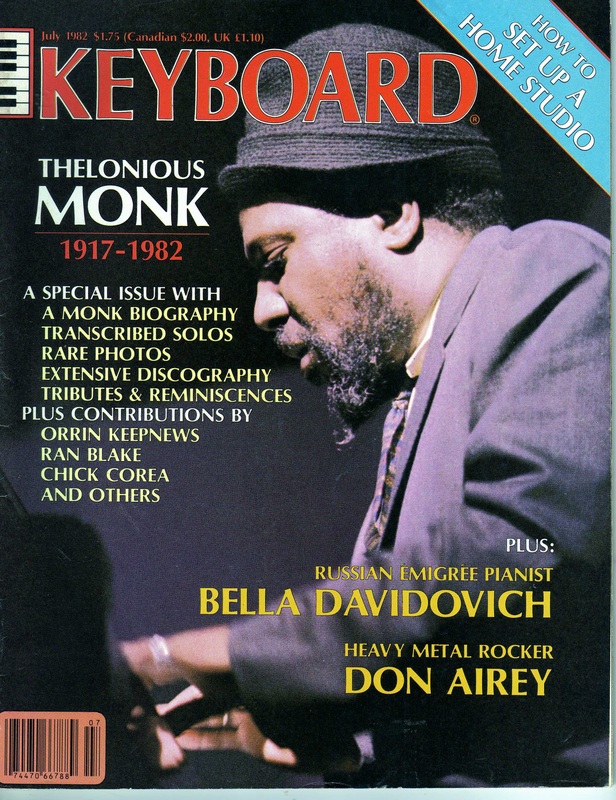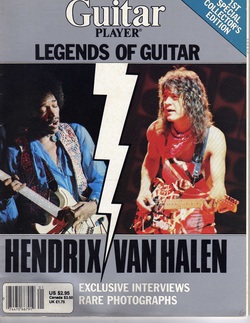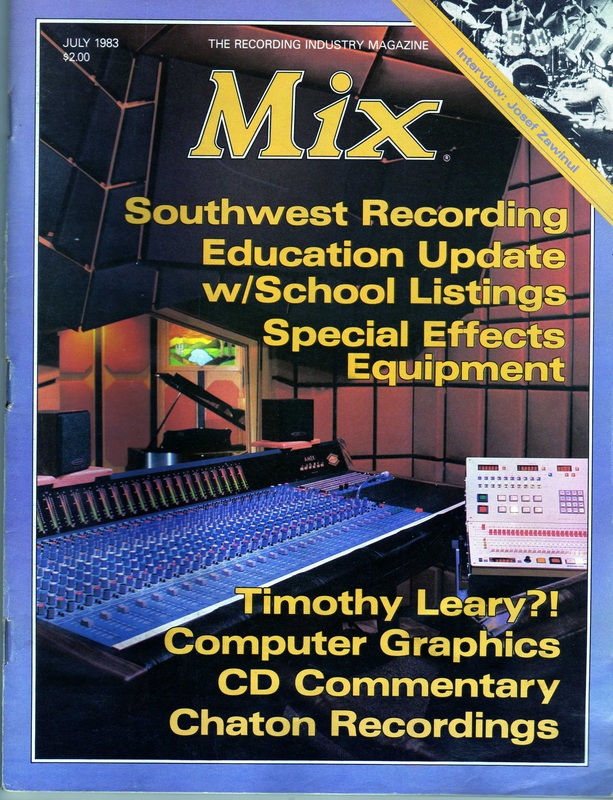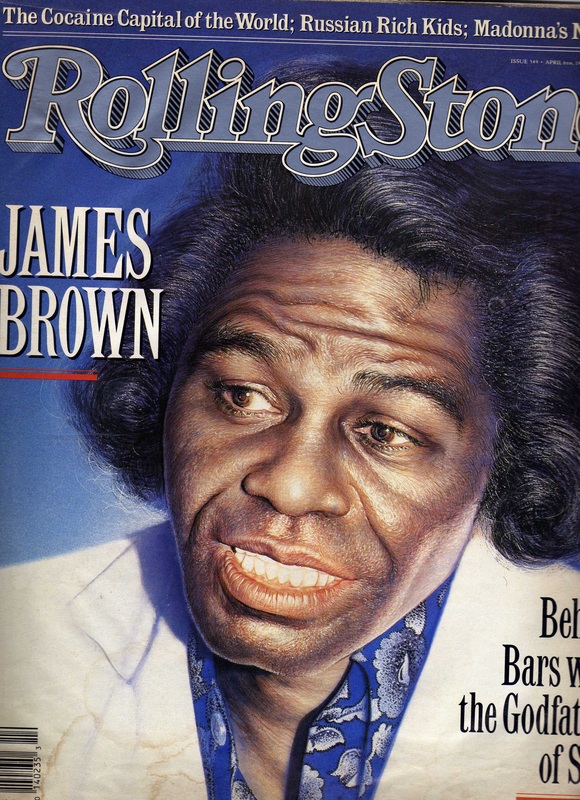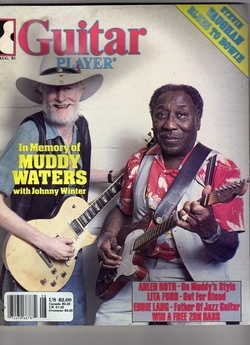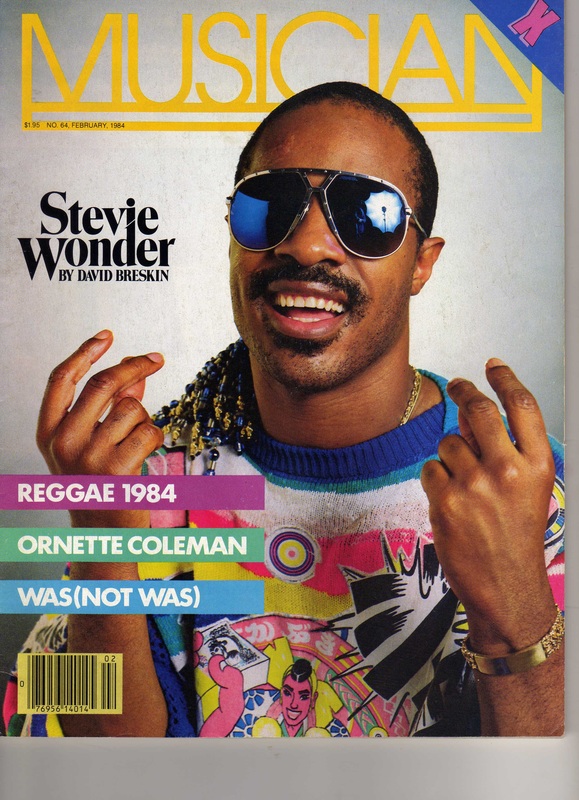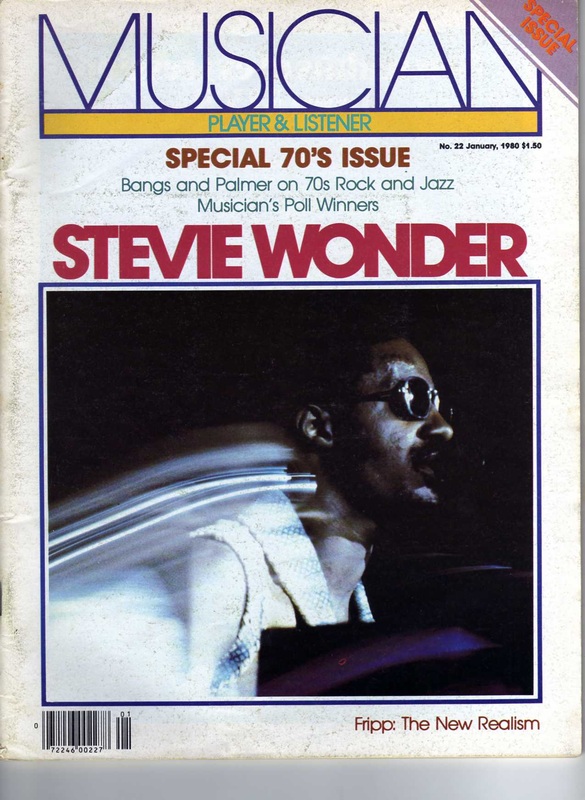the downstairs productions recordings (1984-1989) are now at emory university.
The first batch of 4-track reels from 1984 - 1989 from the legendary Downstairs Productions studio in Decatur, Georgia are now to be digitized at Emory University. The late Dr. Pellom McDaniels made me an offer I couldn't refuse a month before he unexpectedly passed away this spring. Downstairs Productions recorded many of the first generation of aspiring ATL rap artists years before the ATL became the hottest city in popular music. These were the years when the rap music business was being dominated by New York and Southern rap was a running joke to most industry executives.
Luckily, I saved not just the 4-track reels of demo recordings and freestyle rap sessions, but also the flyers, stickers, cassettes, posters, mixtapes and photos during those formative years. It's important to preserve this recent cultural history.
"Let's keep hip-hop history from the landfill...!!"
The brian Lassiter Hip-Hop collection now housed at
cornell university!
Over 2,000 hip-hop & urban magazines, a few hundred promo flyers, years of business correspondence, DJ mixtape lists, photographs and ephemera; over 35 years in the trenches producing, writing about and selling the music known as hip-hop, condensed into (25) boxes of stuff is now housed at Cornell University for future music scholars and researchers to study the documents/artifacts that show the impact the indie music pioneers in the South had on the global youth culture known as hip-hop. (that was a long sentence...)
Its' been a long journey, but this collection will hopefully shed some light on the unsung contributors who helped to grow hip-hop into a global phenomena.
Here are some photos of when the truck came to the house to pack up the collection and ship it to its' new home in Ithaca, NY.
Its' been a long journey, but this collection will hopefully shed some light on the unsung contributors who helped to grow hip-hop into a global phenomena.
Here are some photos of when the truck came to the house to pack up the collection and ship it to its' new home in Ithaca, NY.
Brian Lassiter Hip Hop Collection circa 1980-2013
Author, etc.:
Lassiter, Brian,
Format:
Manuscript/Archive
Language:
English
In English.
Cite as:
Brian Lassiter Hip Hop Collection, #8106. Division of Rare and Manuscript Collections, Cornell University Library.
Biographical/ Historical note:
Brian Lassiter was an active figure in Atlanta's Hip Hop and rap music scene. His career has spanned across jobs as an audio engineer, camera operator, and journalist, and as a small business owner focused on artist management and promotion, music production, marketing, sales and distribution.
Subject:
Hip-hop
Rap (Music)
Hip-hop > Periodicals
African American entertainers
African American entertainers > Periodicals
African American journalists
African American press
African Americans > Music
African American musicians
Summary:
Magazines, books, photographs, flyers, posters, label and artist promotional press packets, business records, and music sales and distribution catalogs document numerous Hip Hop artists and events, particularly in Atlanta and throughout the South. Nearly 2,000 issues of national and regional Hip Hop and urban music magazines chronicle the rise and spread of Hip Hop culture, and its specific look and sound as it emerged in different regions of the country. The collection is especially strong in the 1980s, 1990s, and the early 2000s - the era before online content began to suppress the number and variety of paper publications. The archive provides information about urban arts, music, entertainment, and the black alternative press during the last quarter of the 20th century and the early years of the 21st.
Description:
35 cubic feet.AvailabilityKroch Library Rare & Manuscripts (Non-Circulating) Hours/Map
Archives 8106 Text
The hip-hop magazine collection : 1983 - 2013
Back in 1983, I started buying Right-On, Black Beat, and any music magazine that featured hip-hop. In 1987, while in Miami promoting D-Rock, Kid Finesse & MC Hammer, I came across issue #4 and #5 of The Source Magazine at a Miami record store. At the time there was little information on the rap industry and The Source provided a key resource on radio stations, record stores and DJ's who were playing the music back in those crucial growth years. As the genre grew, The Source grew, which made room for an explosion of regional rap mags to cover each local rap scene; some mags lasted for a few issues, some for a few years.
The regional rap magazines provided a crucial connection to the buying consumer back before the internet. We built a cottage industry that included (3) components. First, the small recording studios to record an artist on a small budget. Second, was the independent distributors, 'one-stops' and 'mom & pop' record stores to sell 'product' direct. Third, the regional rap magazines to help to get the word out on a new artist and a new release. This enabled us to produce, market, distribute and sell music direct without the major record companies.
As the printed magazine industry slowly declines, the printed rap magazine will gradually become a thing of the past. At the same time, the first generation of rap journalists/publishers have grown up and 'moved on' to other areas like film, television, books and academia. The mags below are not the complete list of mags in my Hip-Hop Magazine Collection, but a small taste of the diversity of mags that covered the hip-hop scene. Much respect to the small regional publishers of hip-hop mags who played an important role in growing the genre.
The regional rap magazines provided a crucial connection to the buying consumer back before the internet. We built a cottage industry that included (3) components. First, the small recording studios to record an artist on a small budget. Second, was the independent distributors, 'one-stops' and 'mom & pop' record stores to sell 'product' direct. Third, the regional rap magazines to help to get the word out on a new artist and a new release. This enabled us to produce, market, distribute and sell music direct without the major record companies.
As the printed magazine industry slowly declines, the printed rap magazine will gradually become a thing of the past. At the same time, the first generation of rap journalists/publishers have grown up and 'moved on' to other areas like film, television, books and academia. The mags below are not the complete list of mags in my Hip-Hop Magazine Collection, but a small taste of the diversity of mags that covered the hip-hop scene. Much respect to the small regional publishers of hip-hop mags who played an important role in growing the genre.
